Intertribal weddings are so much fun! The beauty of two people with different backgrounds and cultures coming together to start a beautiful life is something to love. Today, we get to take in all that beauty, thanks to Helen and Brendan.
The lovebirds whose love story started from church have taken their love down forever lane and of course, we’re super stoked for them. They tied the knot in a colourful traditional wedding where Helen’s beautiful Bwatiye/Bachama culture of Adamawa state was finely blended with the Ngoni culture of Malawi, where Brendan is from.
The beautiful display of culture at this wedding has us absolutely thrilled and we can’t get enough of the love that it exudes. Helen gives us an insight into the fusion of the cultures. We bet you want to read all about it, so keep scrolling.
Enjoy the #LoveHxB traditional wedding photos below and catch their wedding reception here.
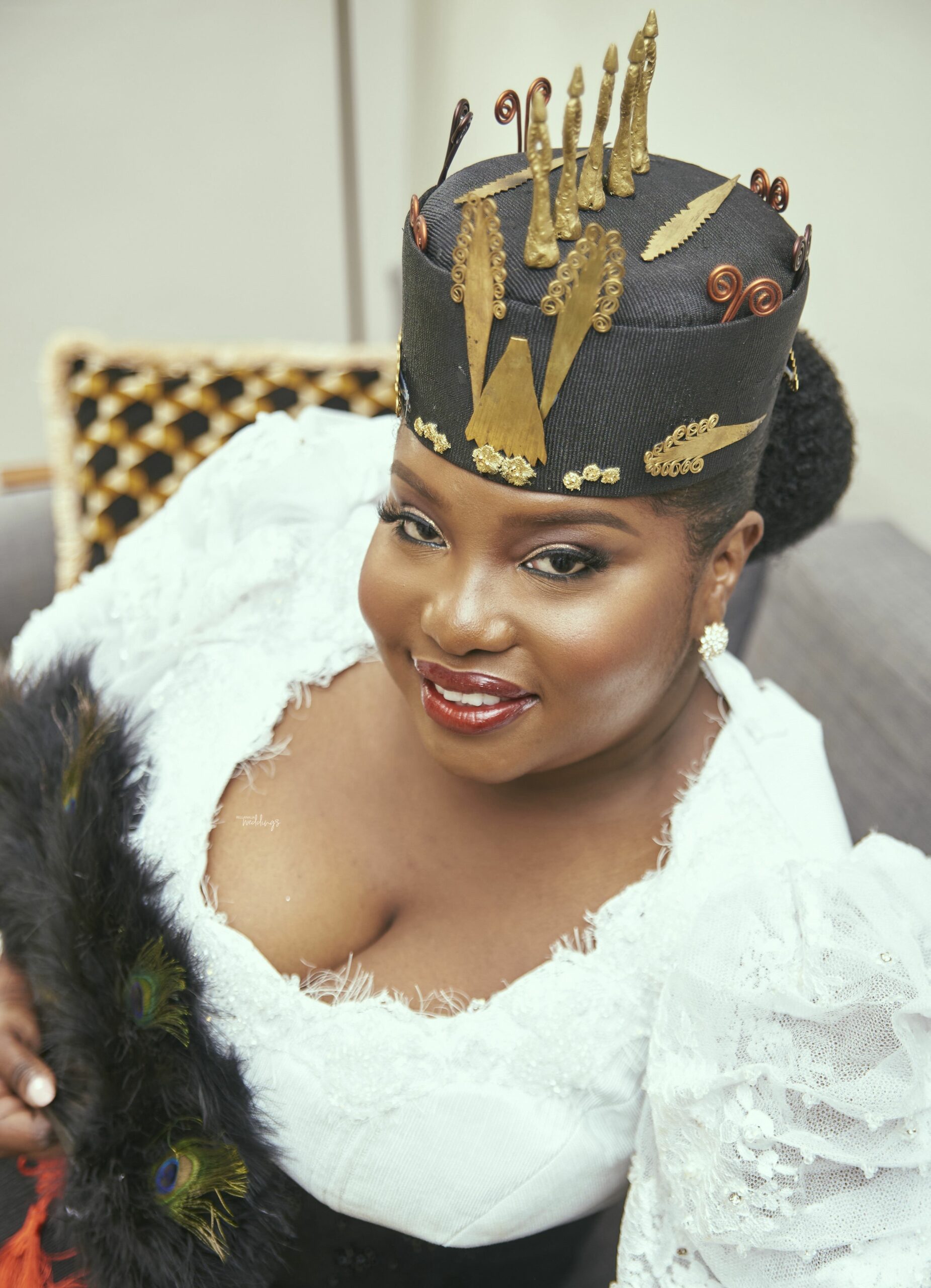
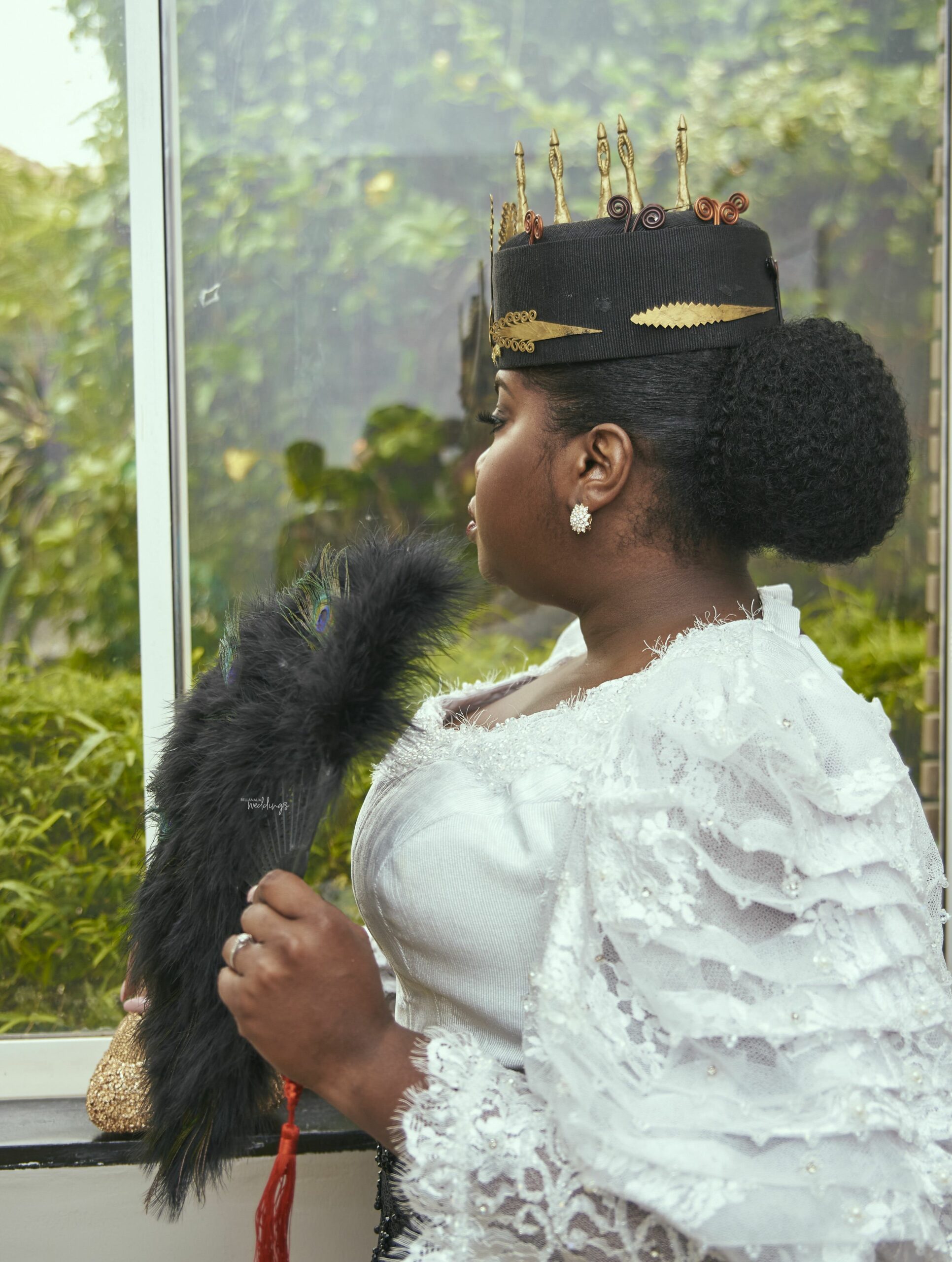
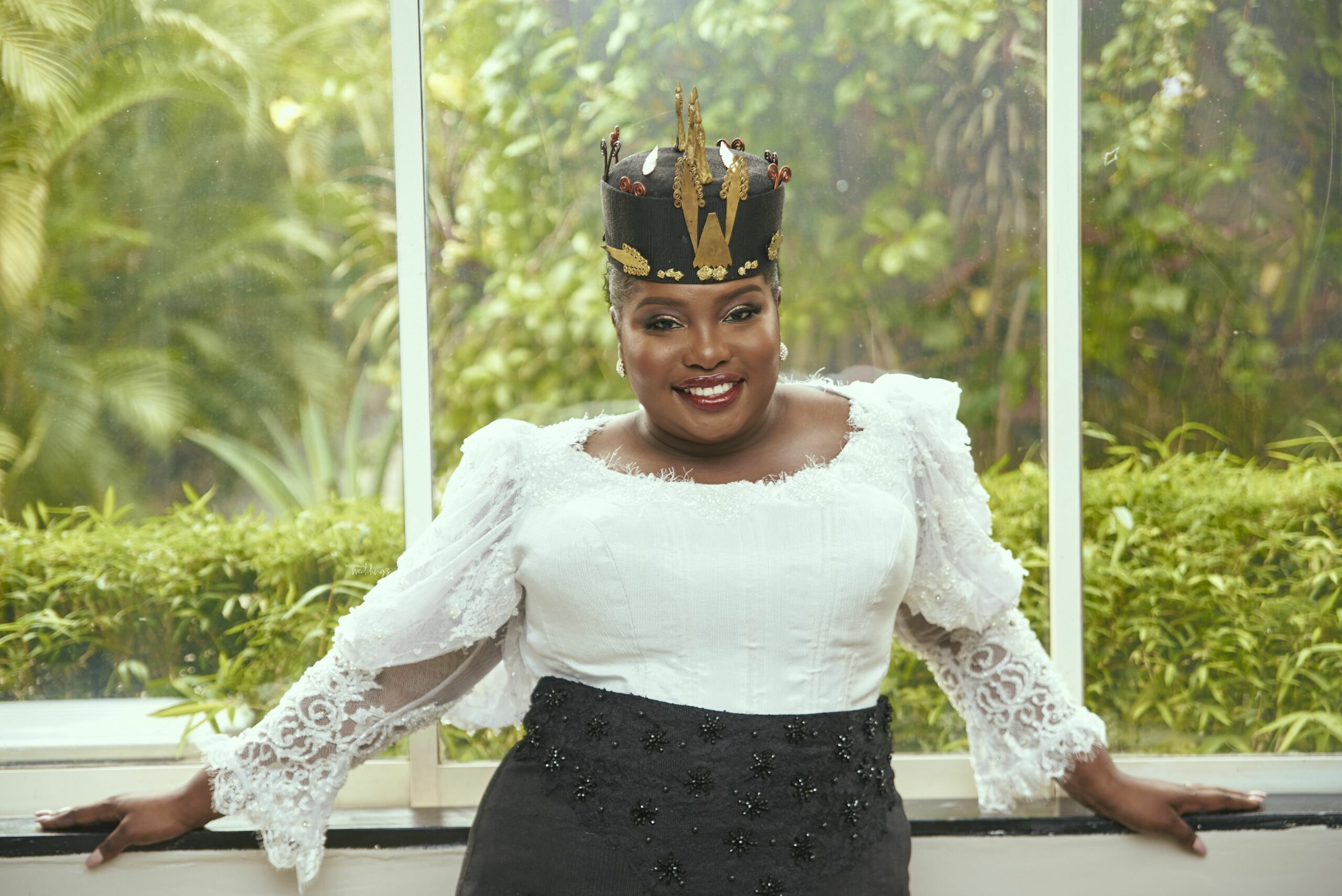
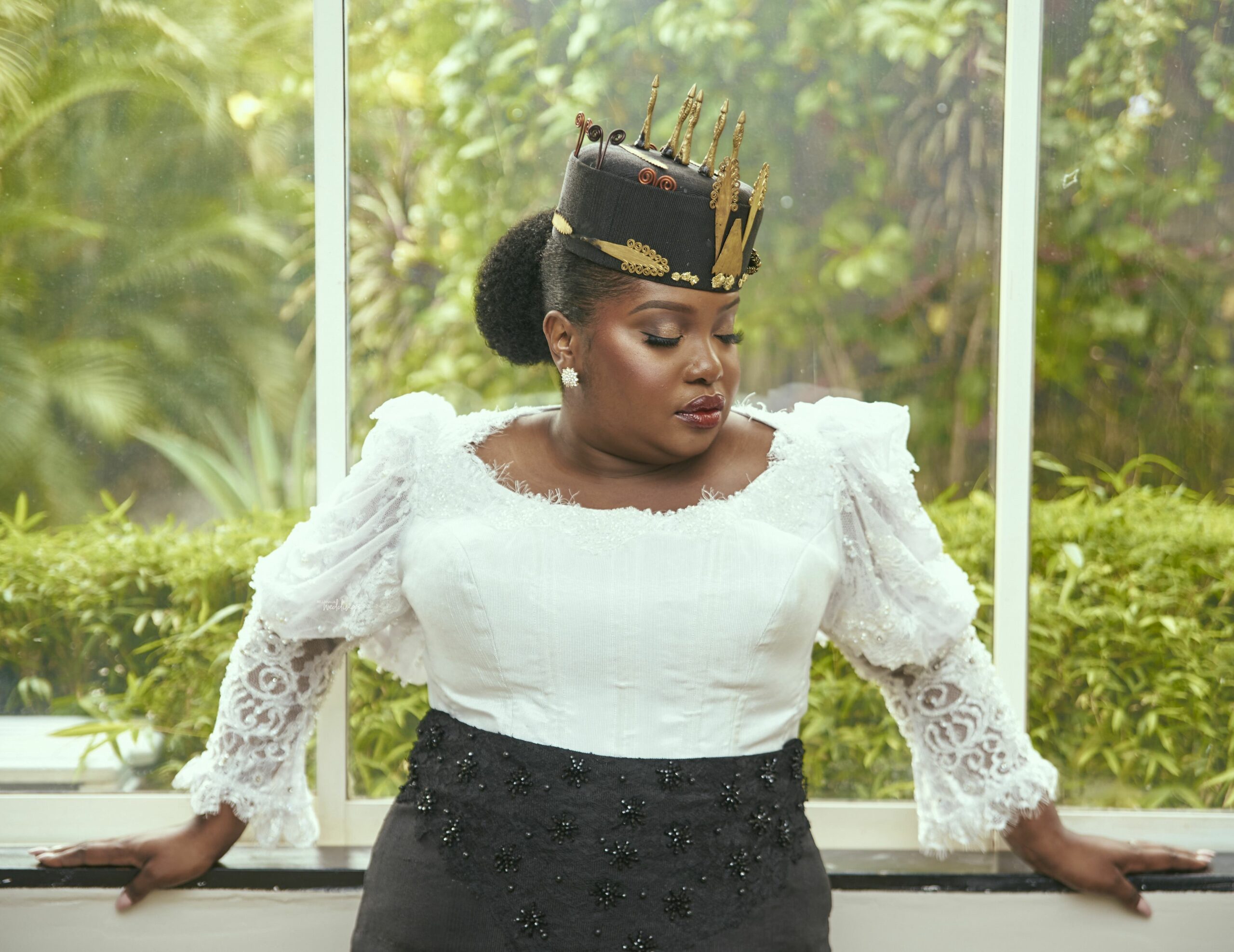
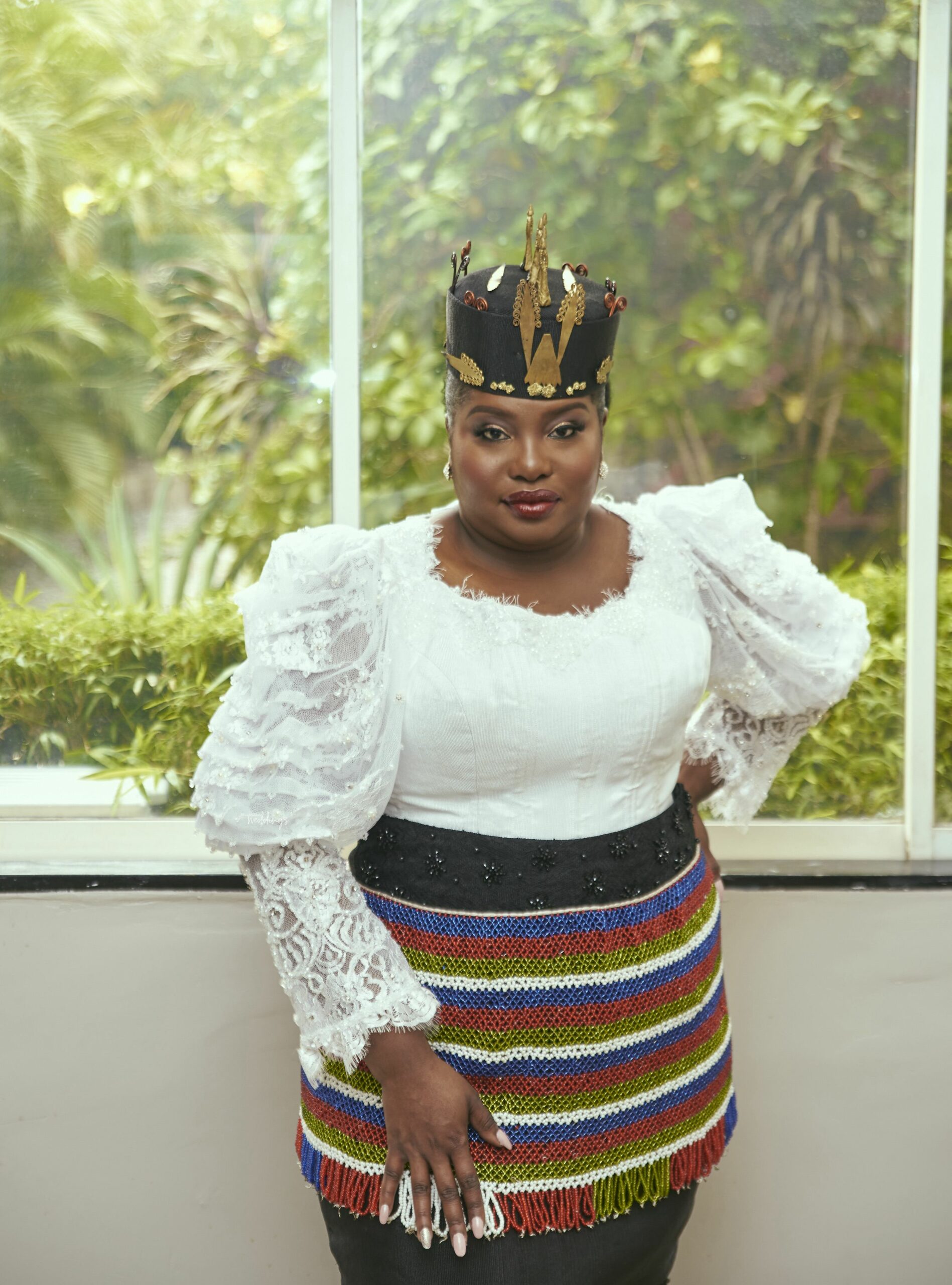
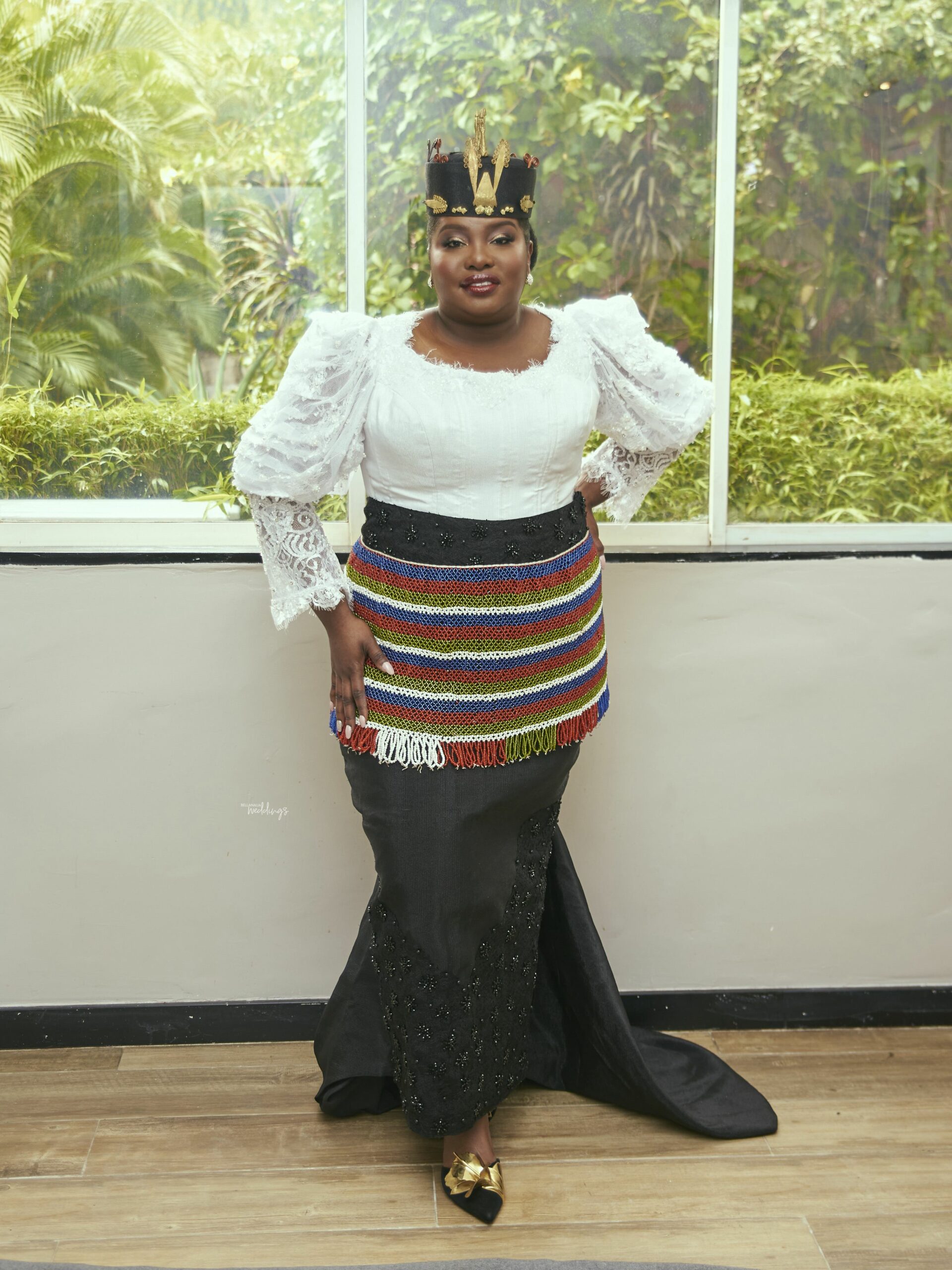
Let’s also check out Brendan…
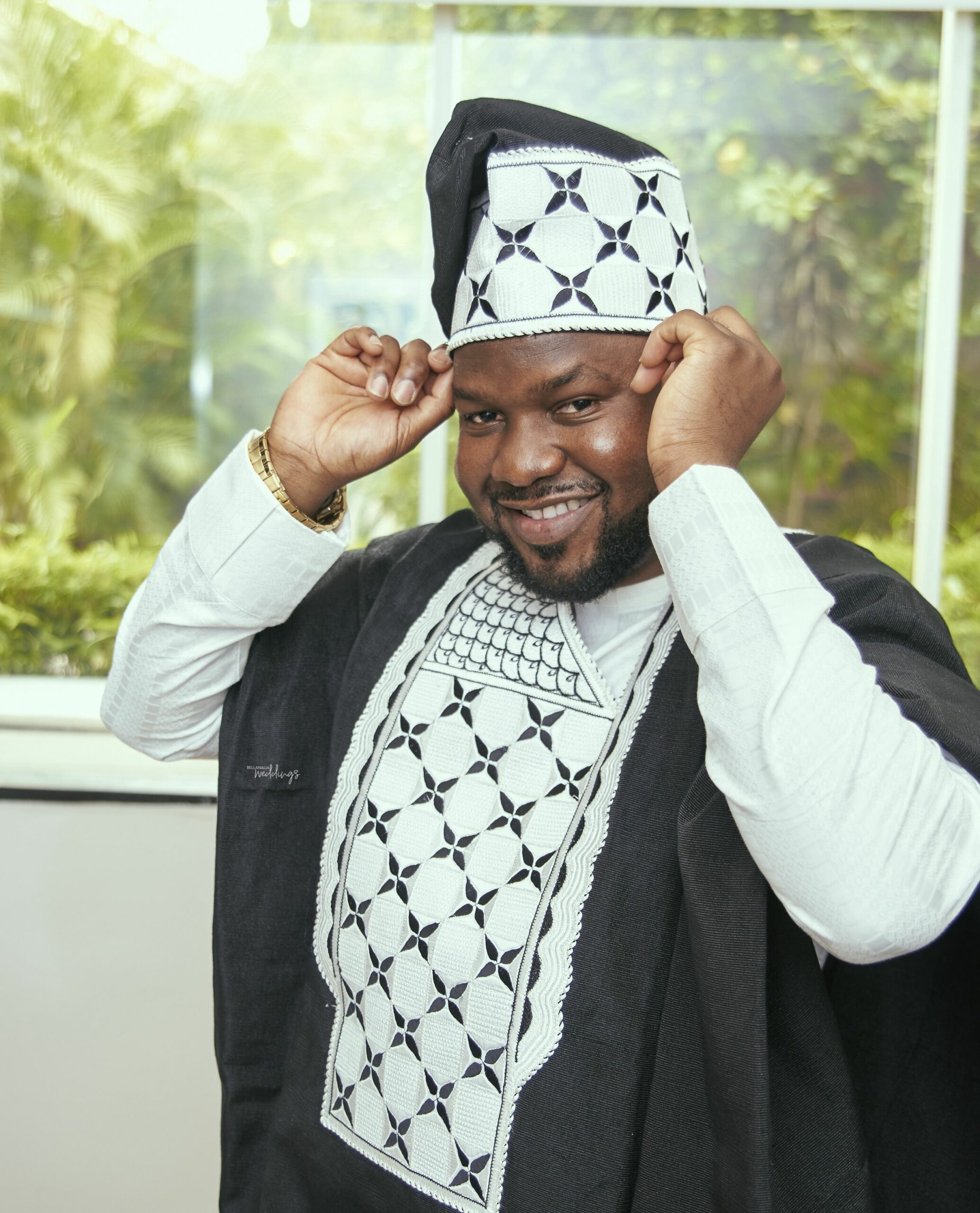
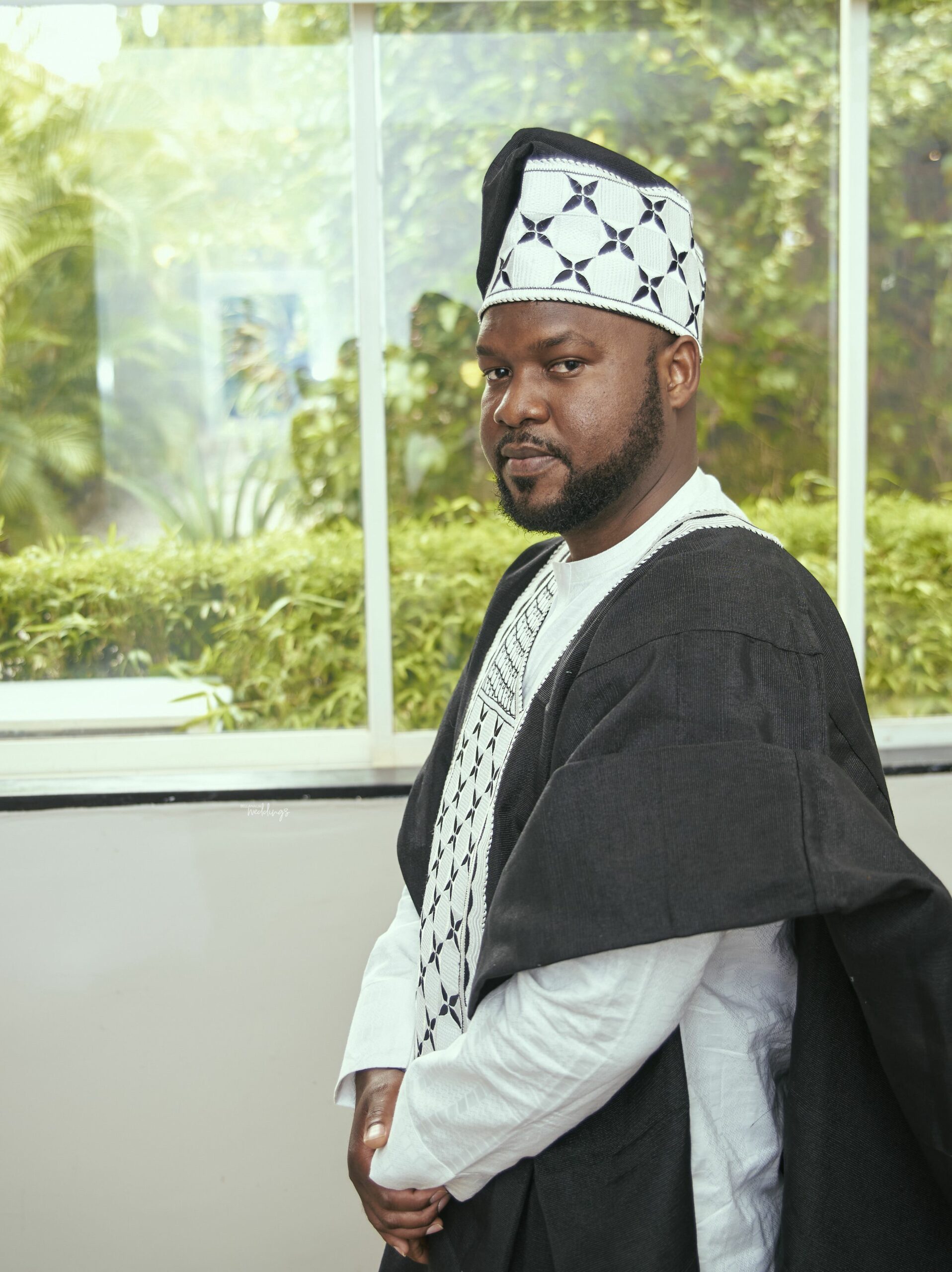
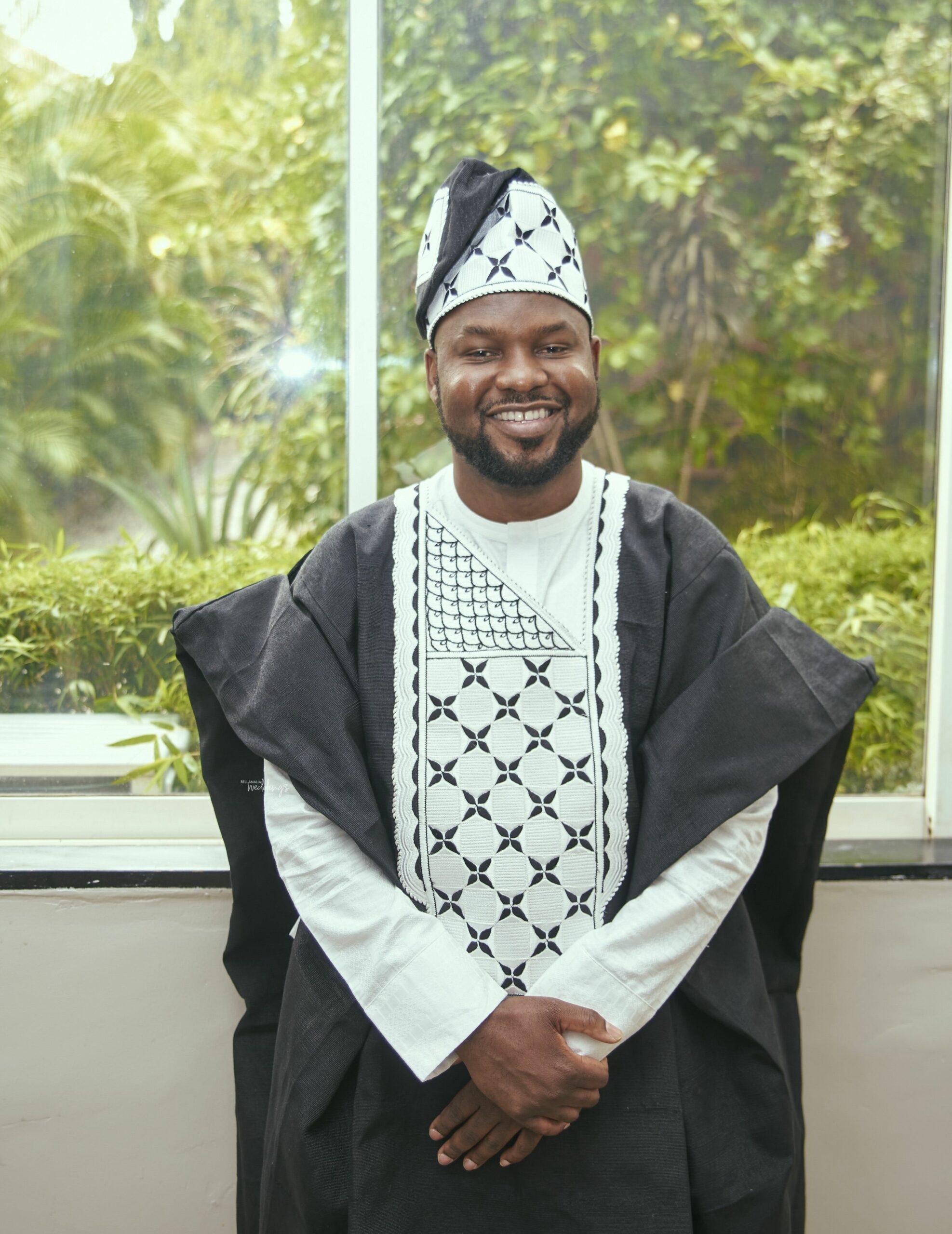
Helen’s insight into the fusion of both cultures:
Brendan is Ngoni, from Malawi, and I am Bachama/Bwatiye from Adamawa state. We honoured both traditions by conducting the marital rights of both tribes. The Ngoni and Bachama wedding began with the Bwatiye requirements for the Groom’s family to present several dowry items, such as mats/taburme (in Hausa), cash tokens for each parent, a cash token for the bride’s wedding ring, fabrics for relatives and food items. In the Ngoni tradition, similar items are presented as a token to symbolise that the groom’s family has the intention of protecting and caring for the bride; the items include a farming hoe, panga knife, axe, dengu basket, cooking pots, traditional Ngoni attire, etc.
Oh! the sweetness of love…
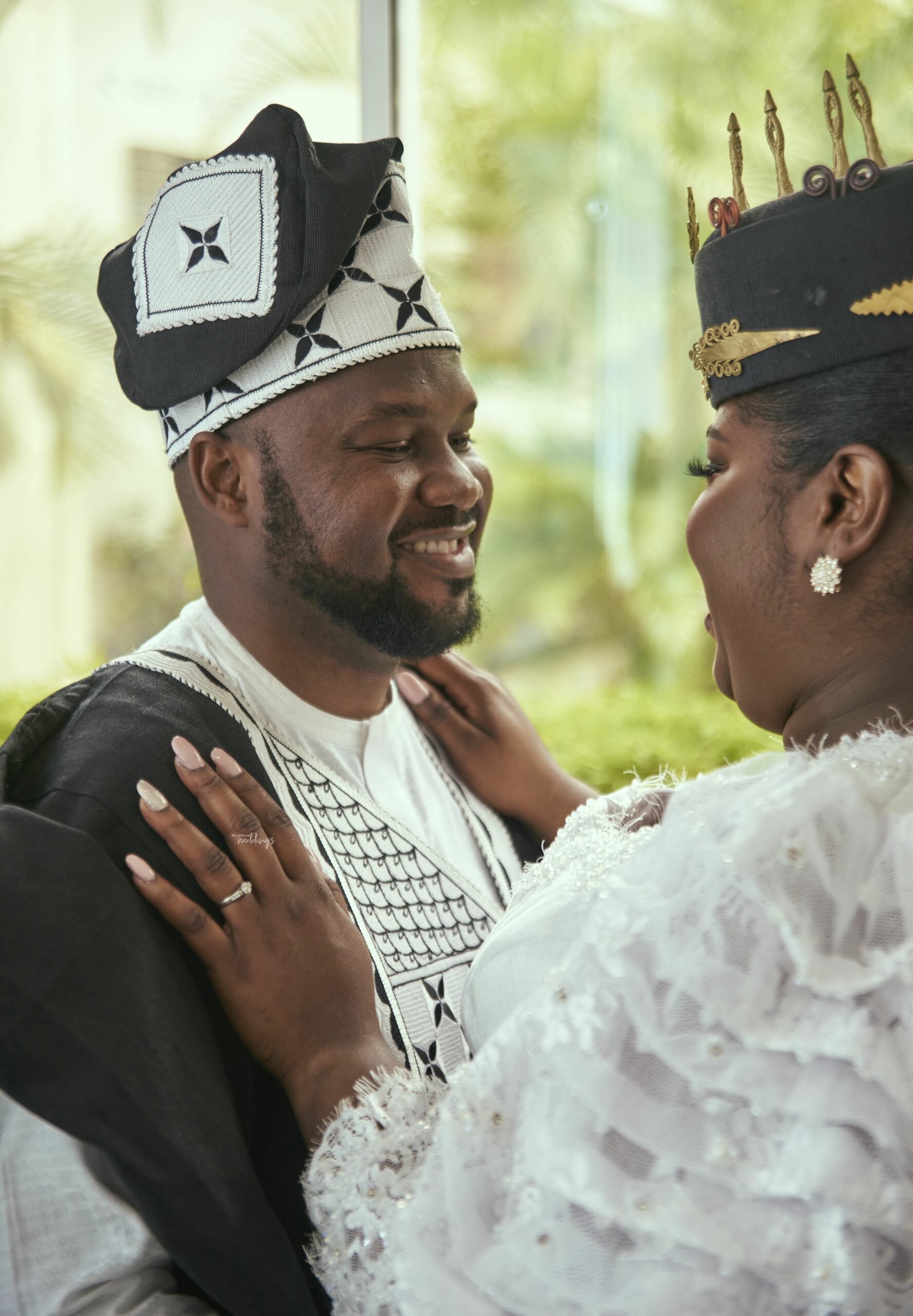
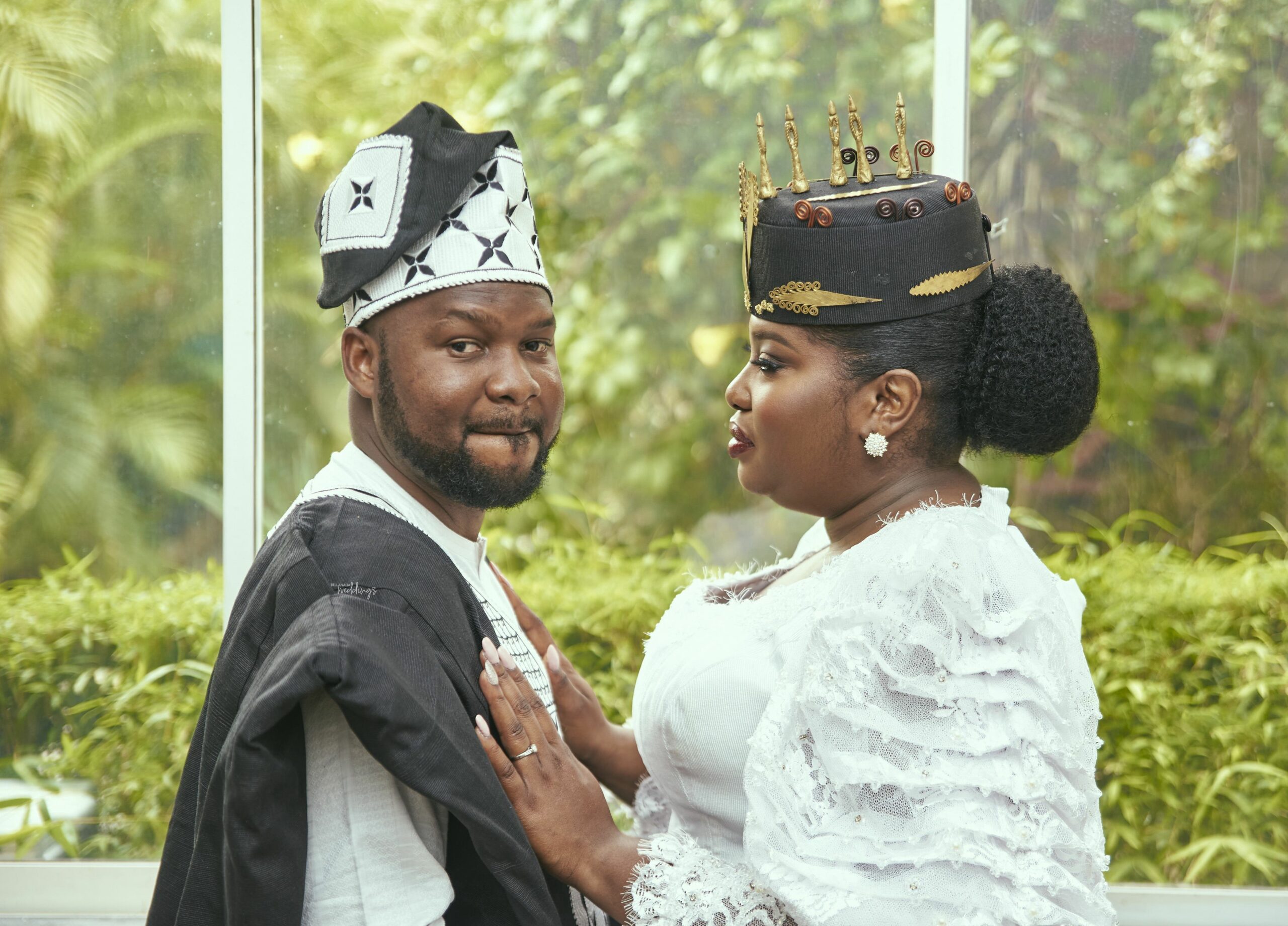
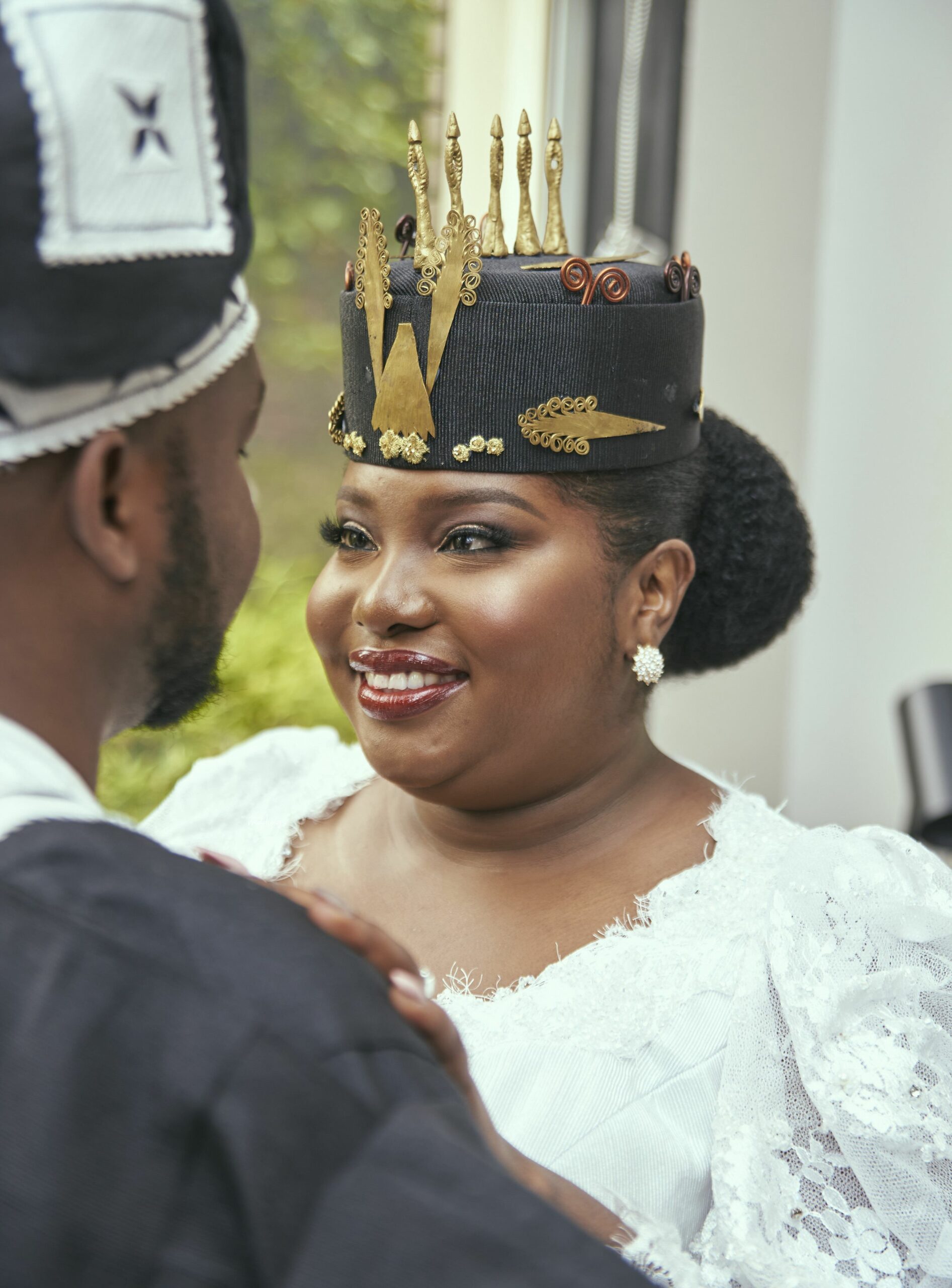
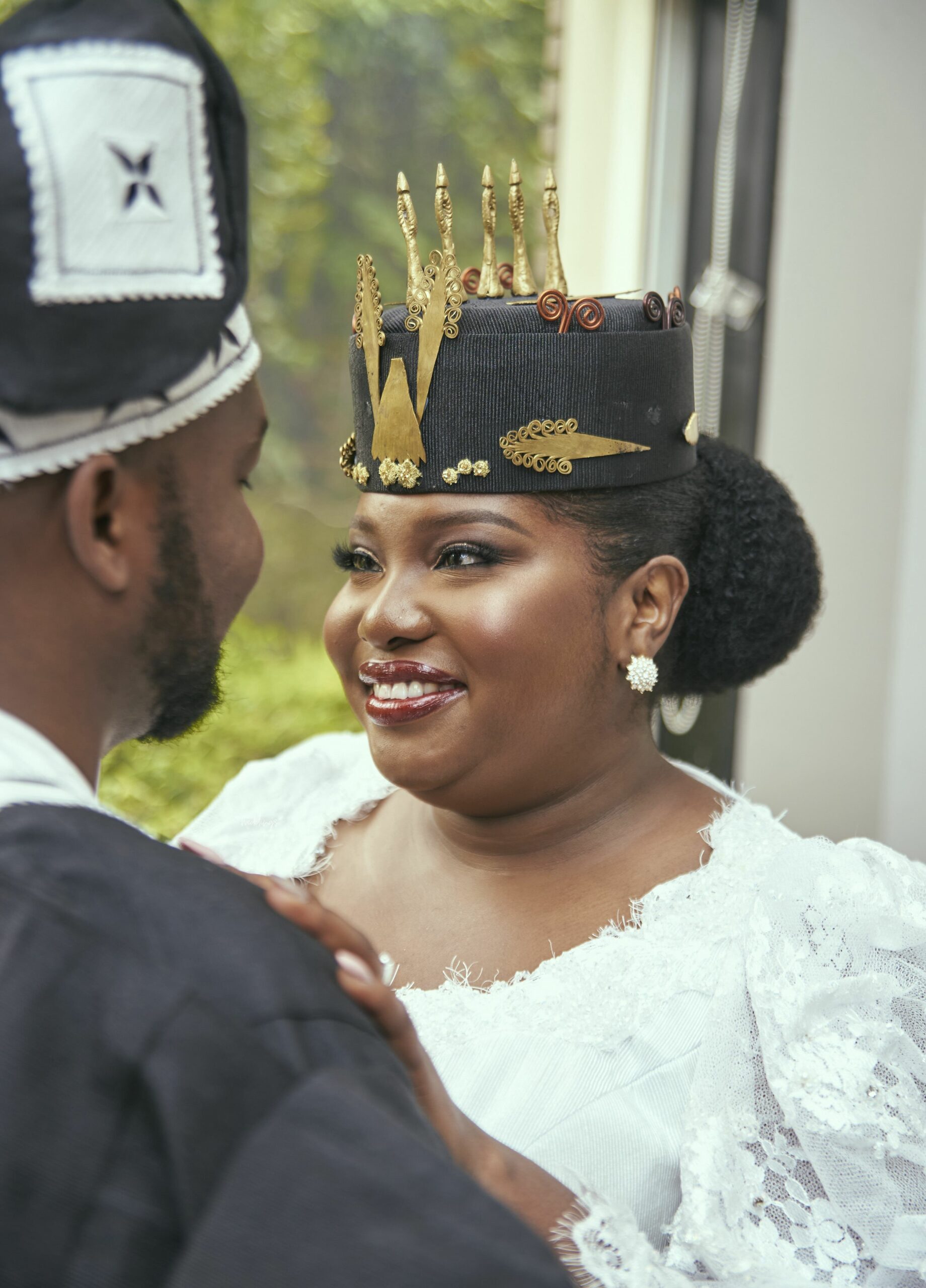
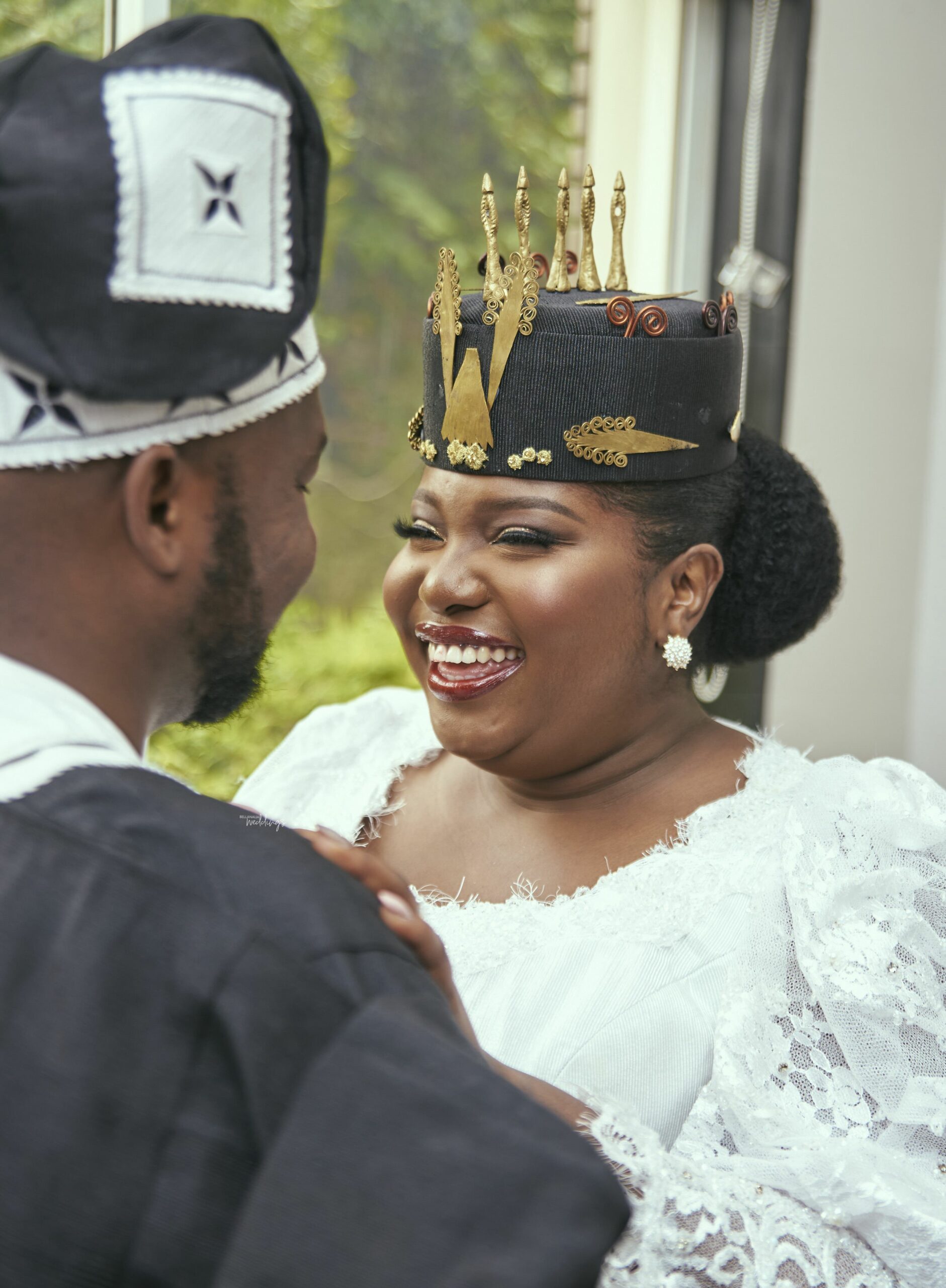
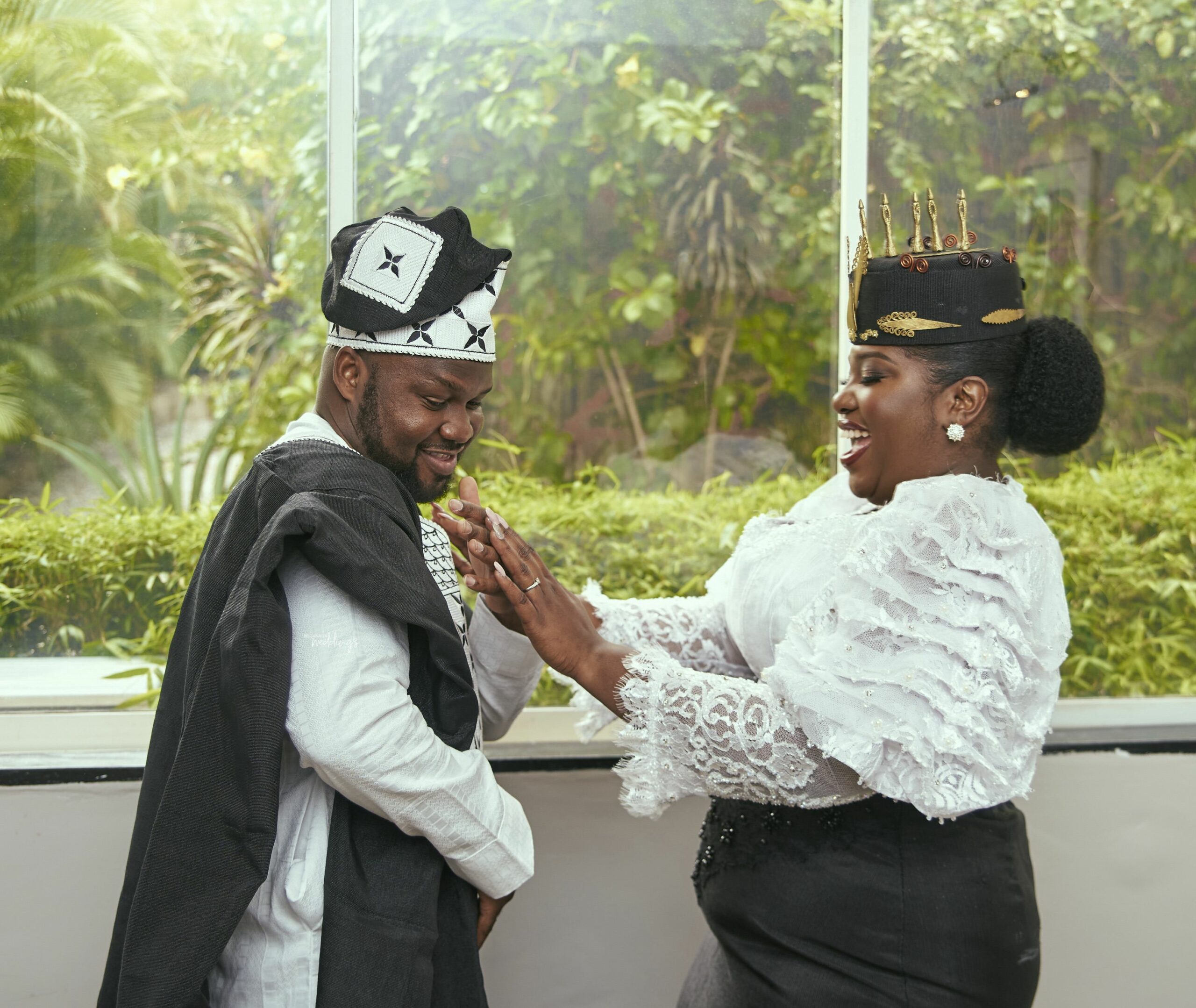
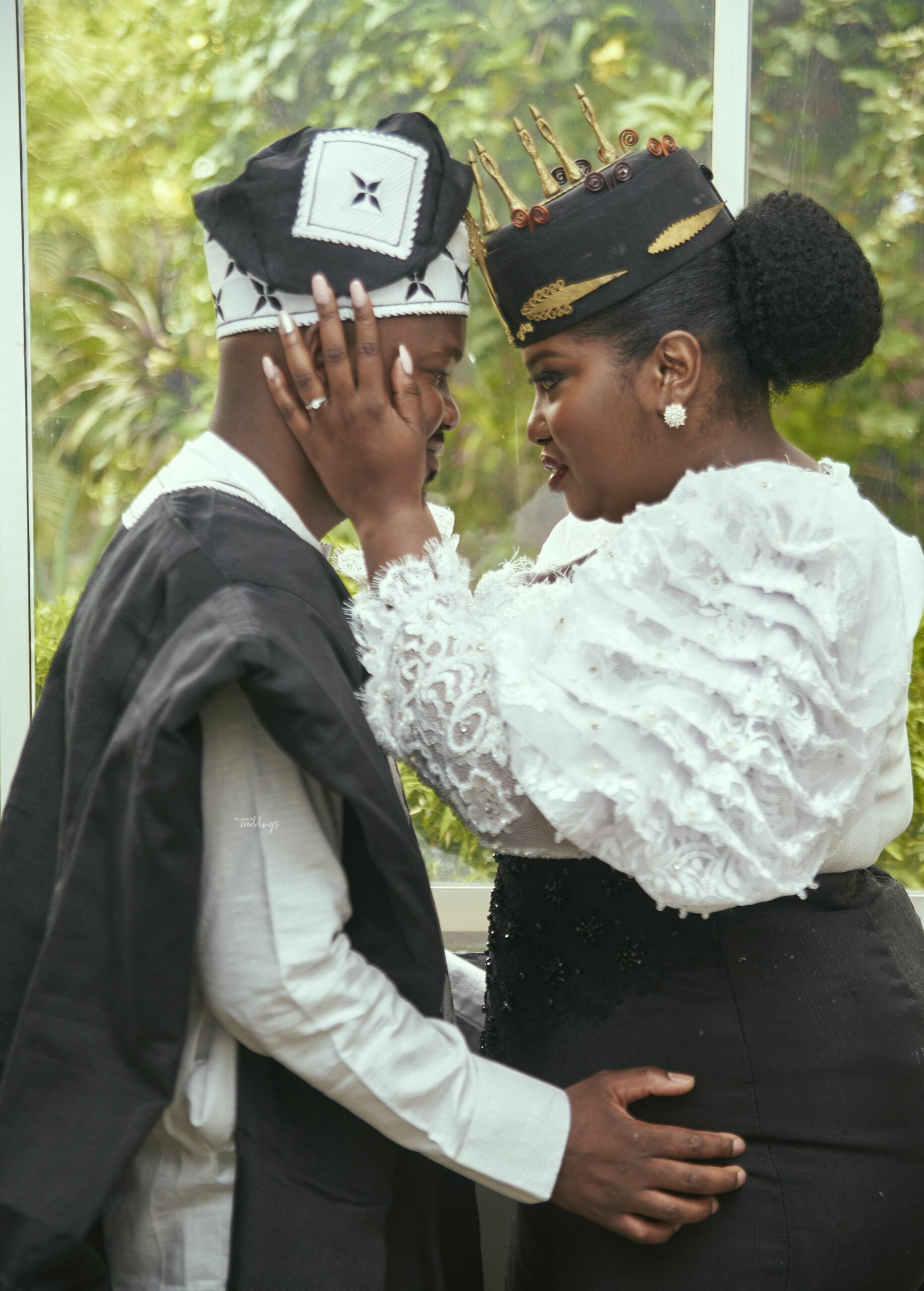
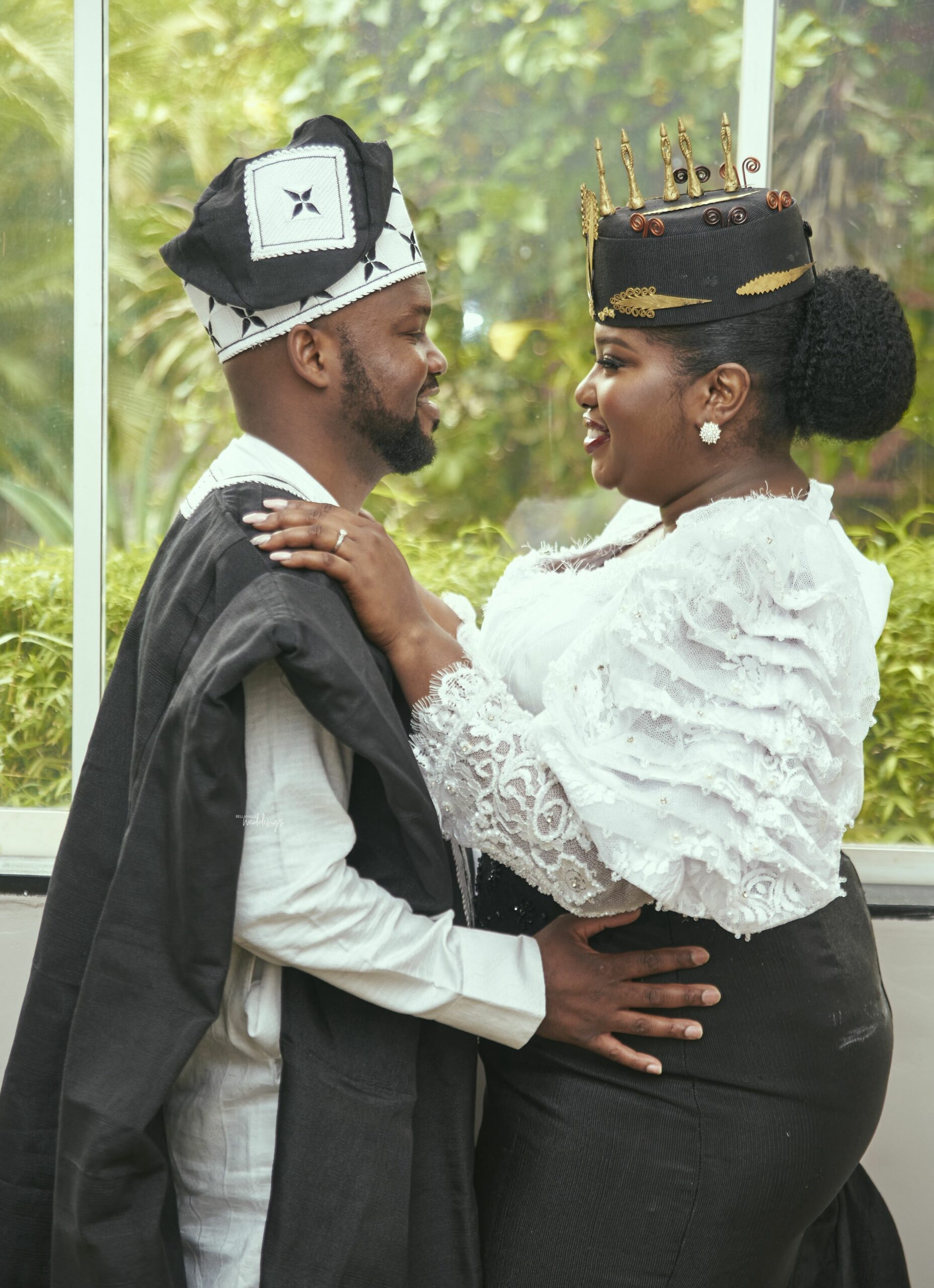
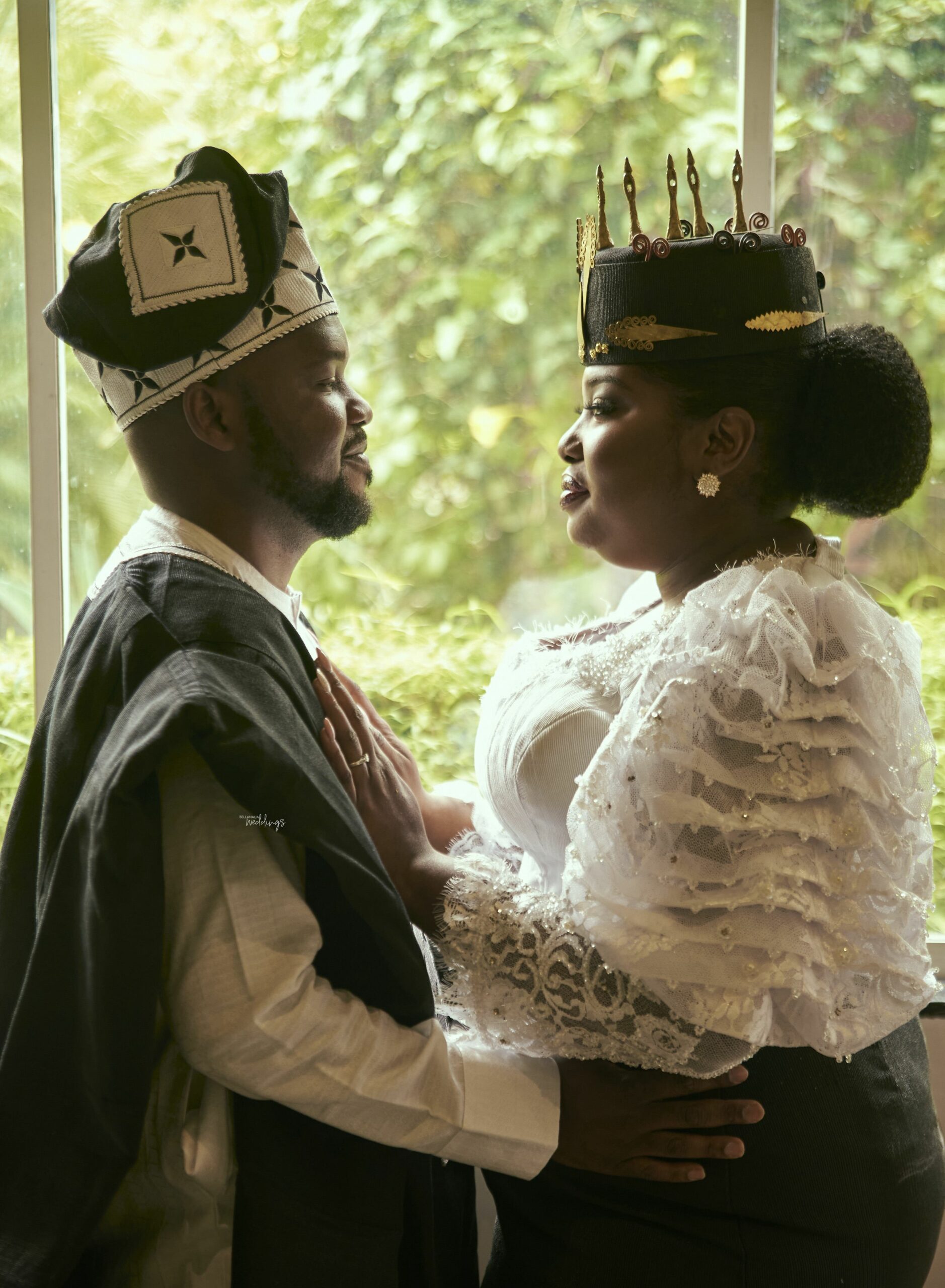
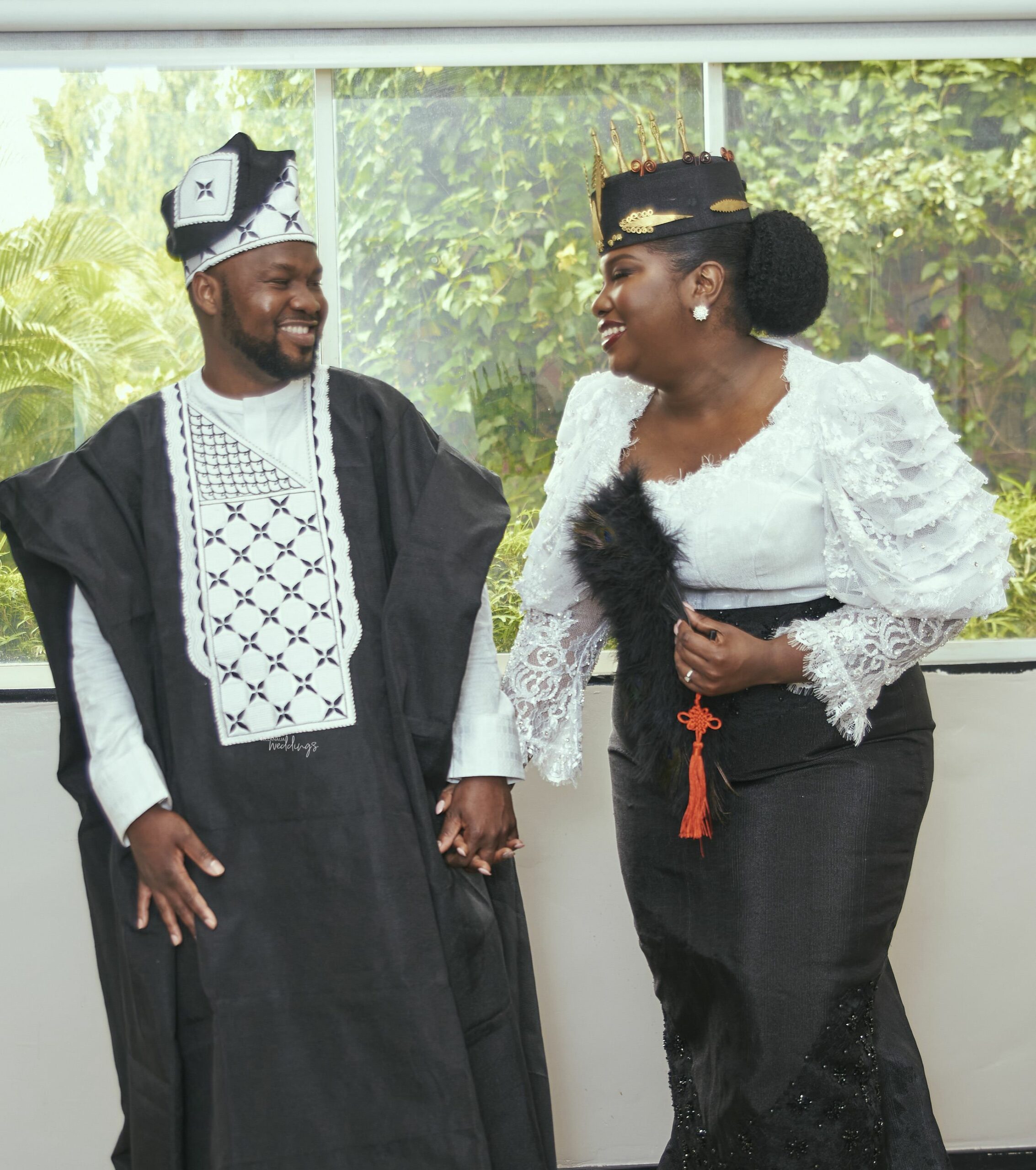
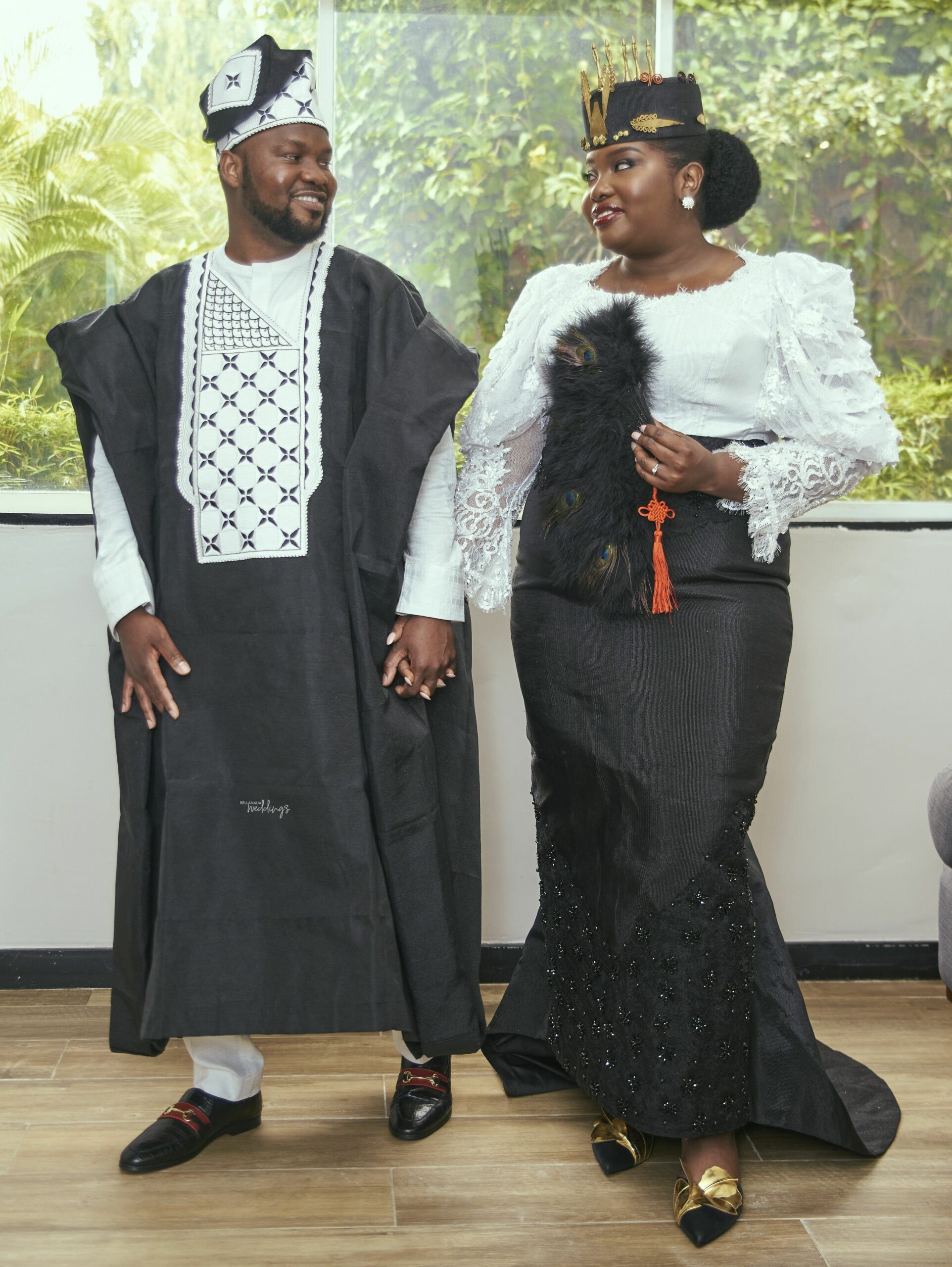
Ngoni marital rites
Following the presentation of items, the groom’s representatives read out a proposal/declaration of intention to marry which emphasized their commitment towards welcoming the bride into their family whole-heartedly. This was then followed by a symbolic Ngoni marital rite whereby the representatives from both families exchange chickens. The groom’s family presents a Cockerel to the bride’s family, while the bride’s family presents a hen to the groom’s family. The symbolizes the acceptance of the bride and groom into both families. A whole chicken is then roasted and shared between the family representatives as a symbol to confirm that all joys and issues will be shared and settled collectively.
Now the ceremony begins…
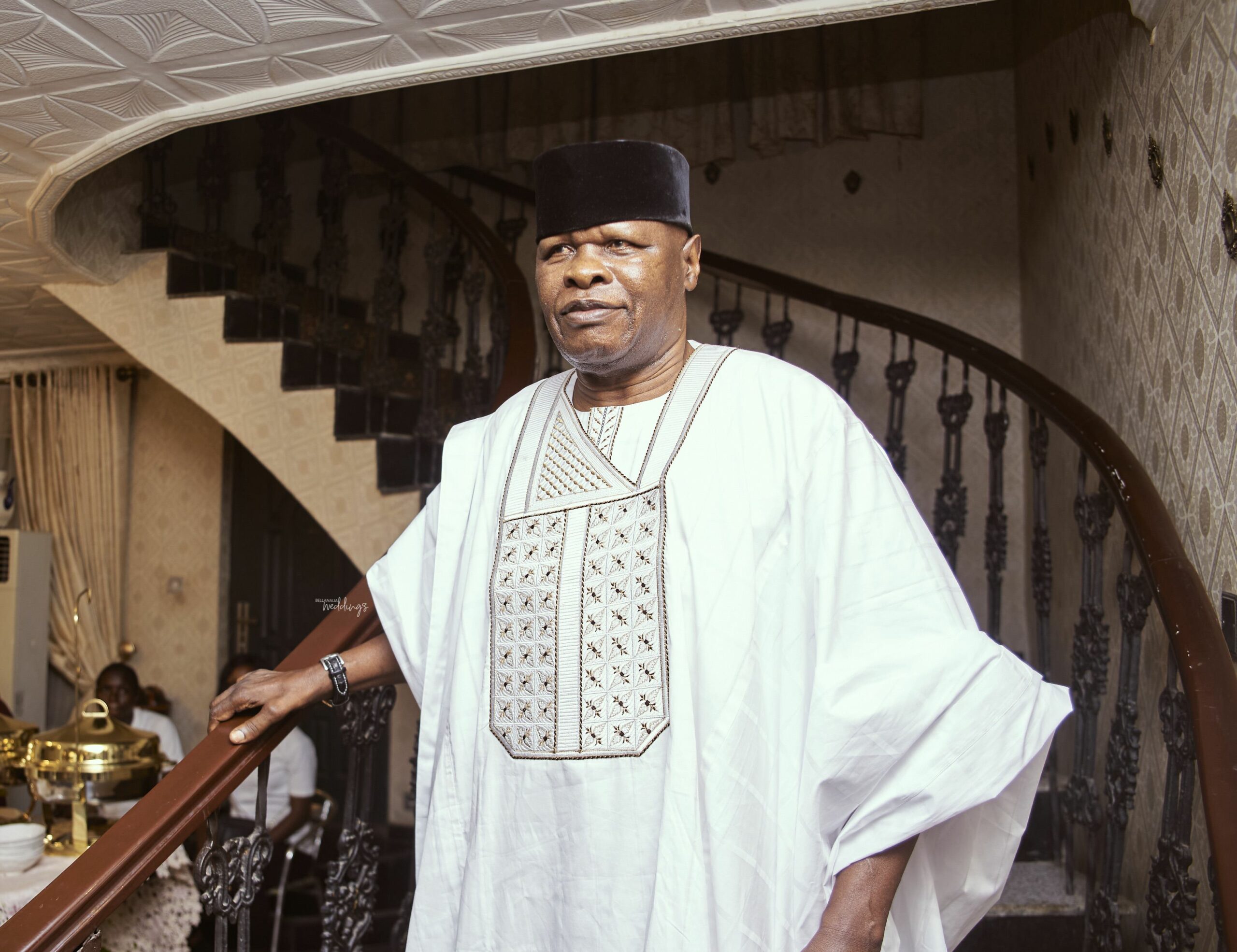
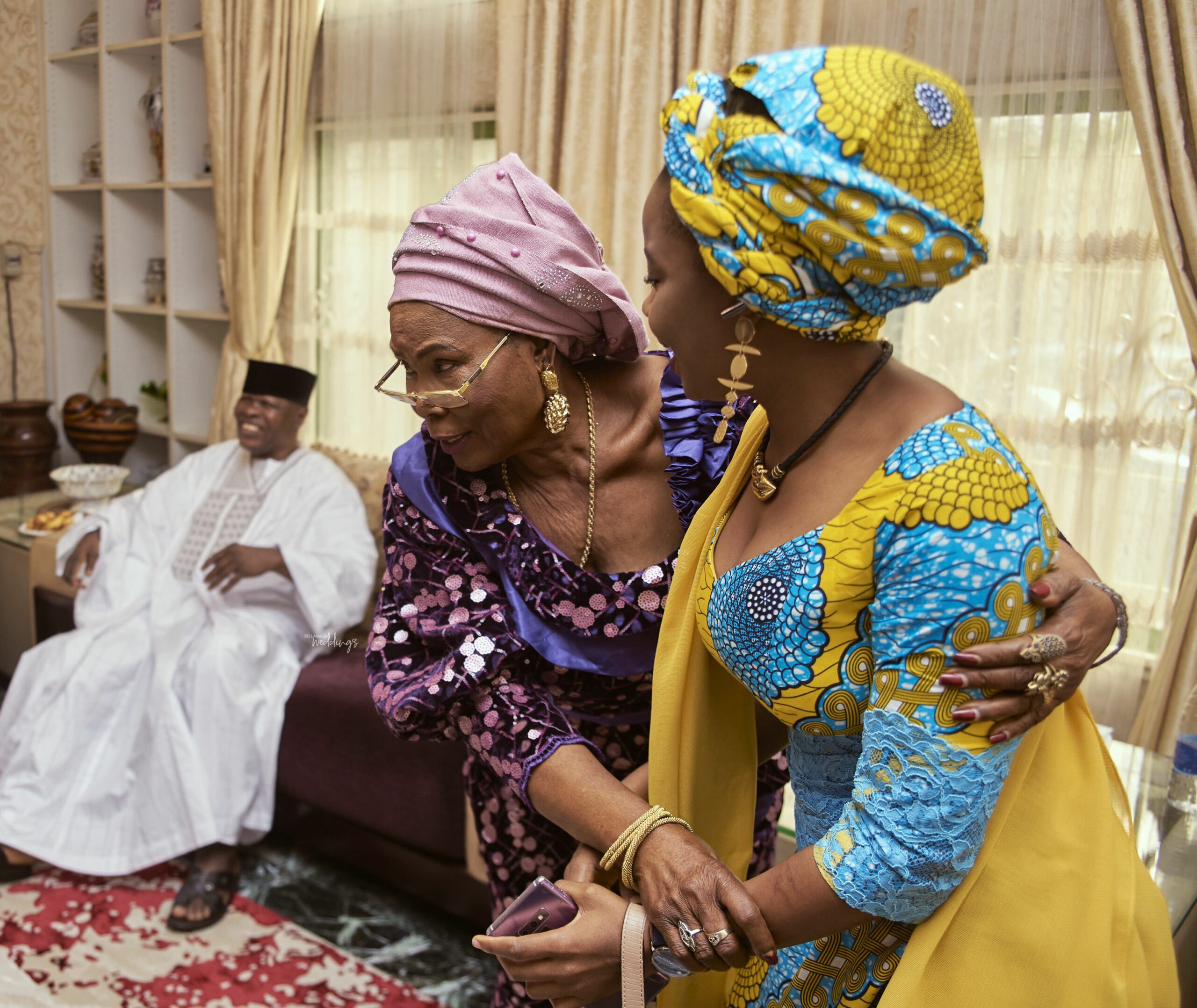
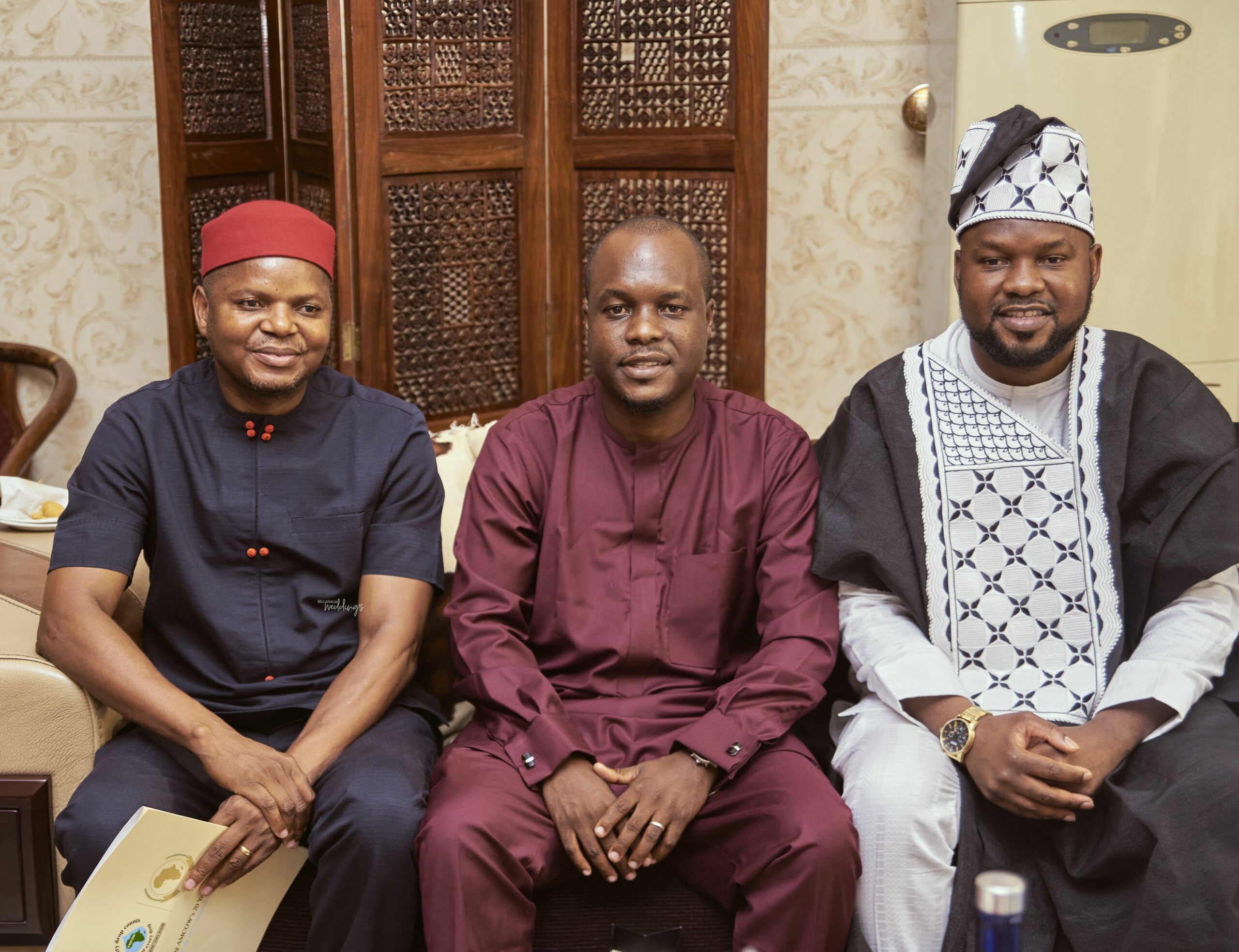
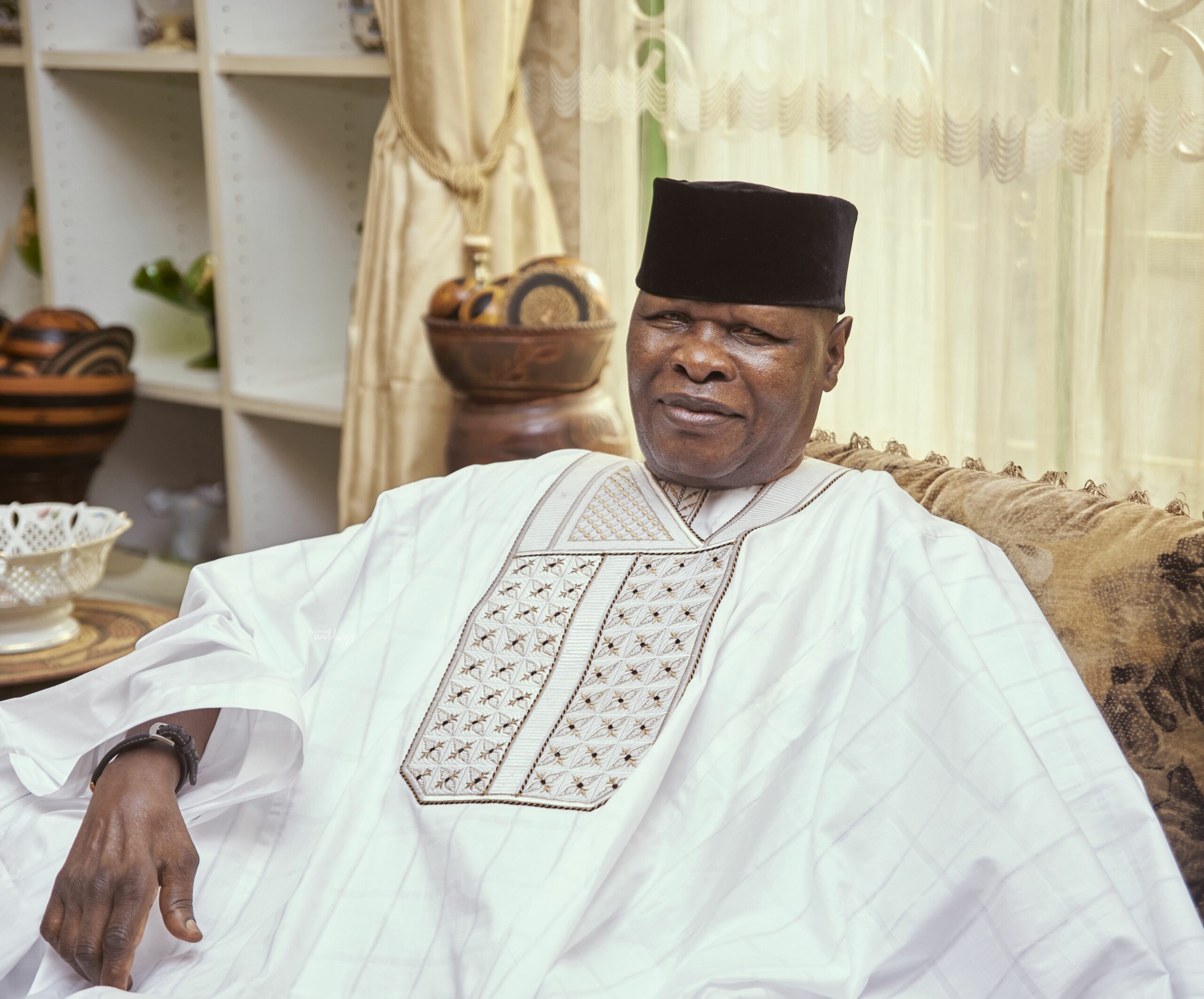
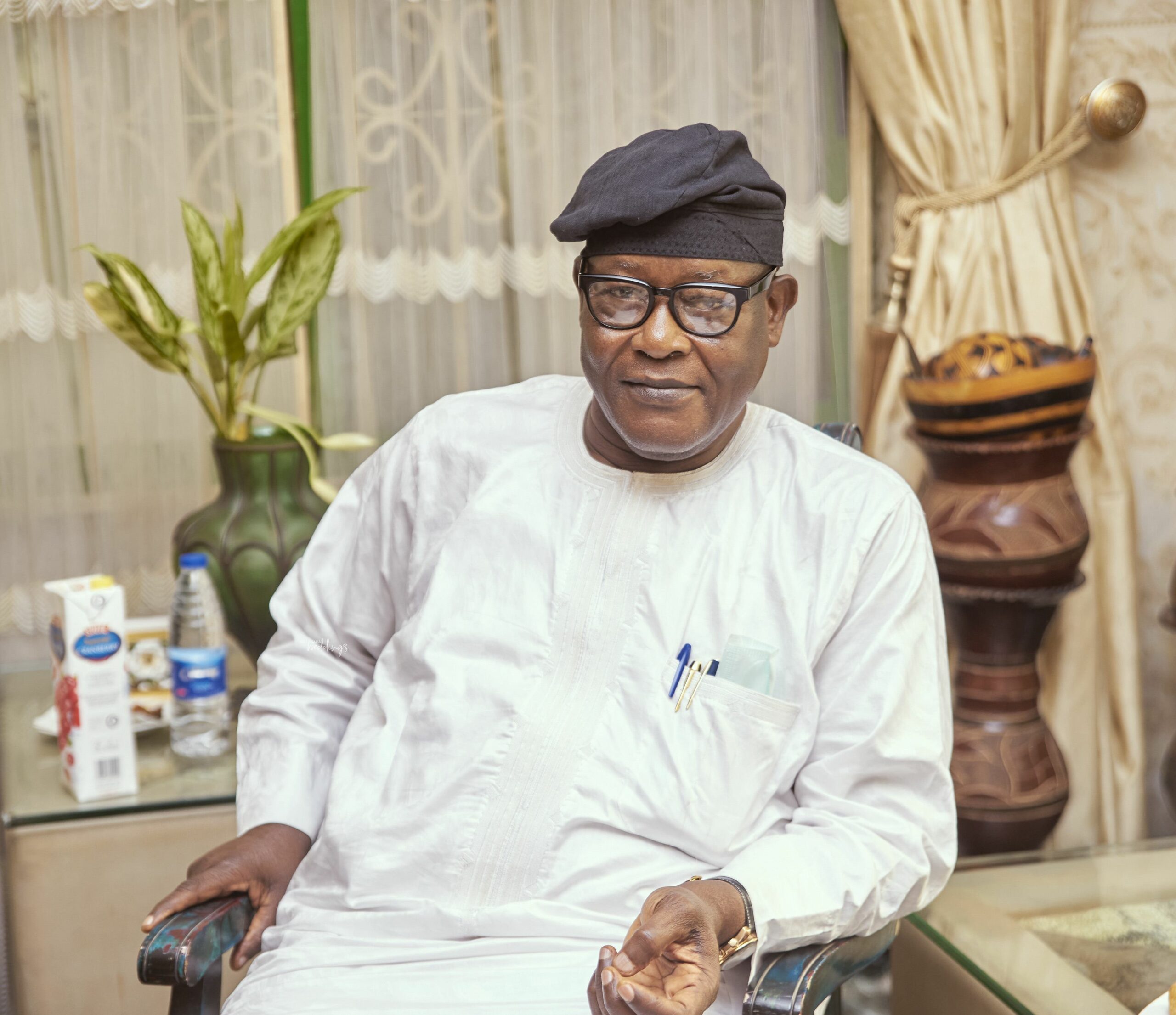
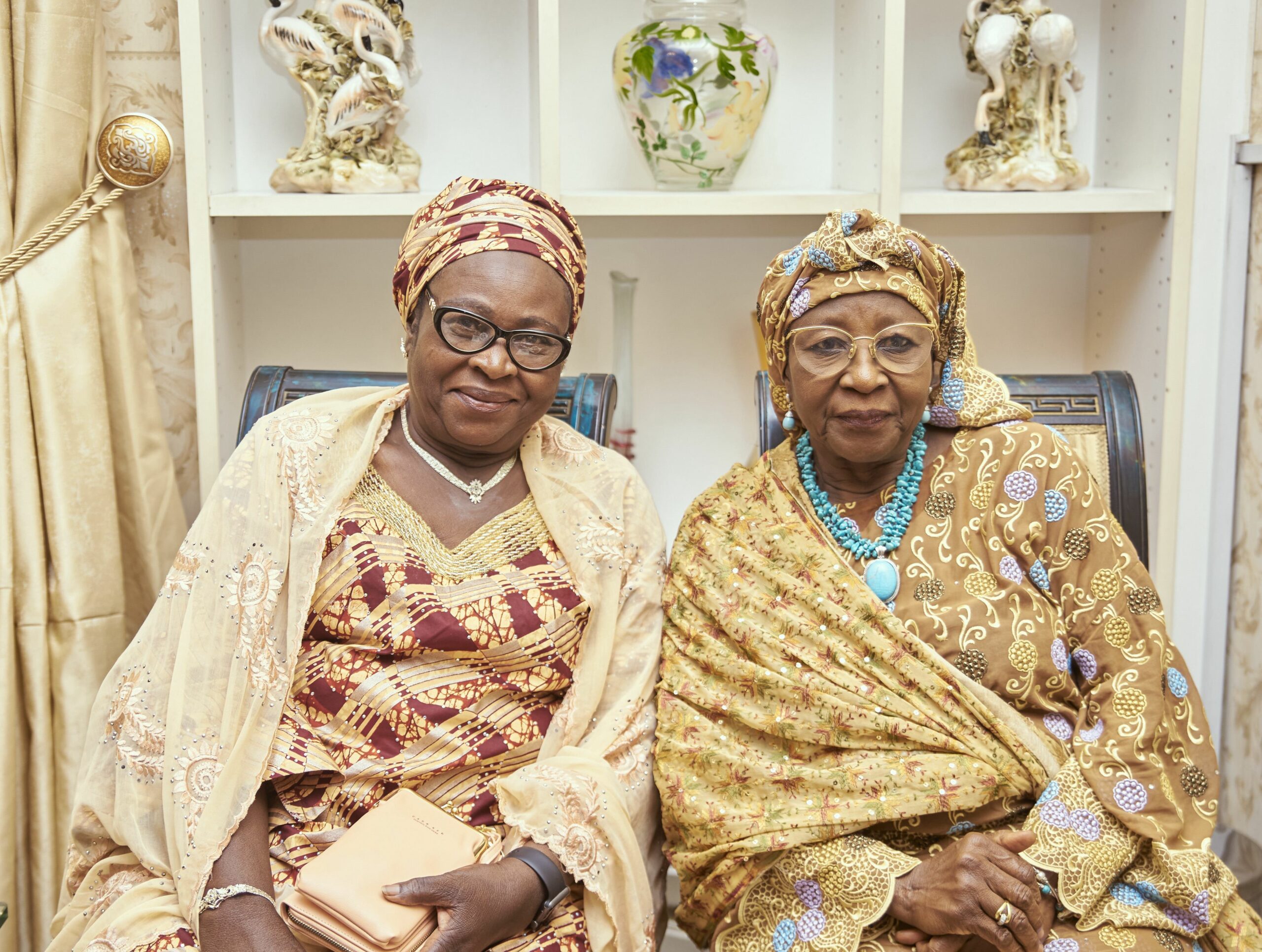
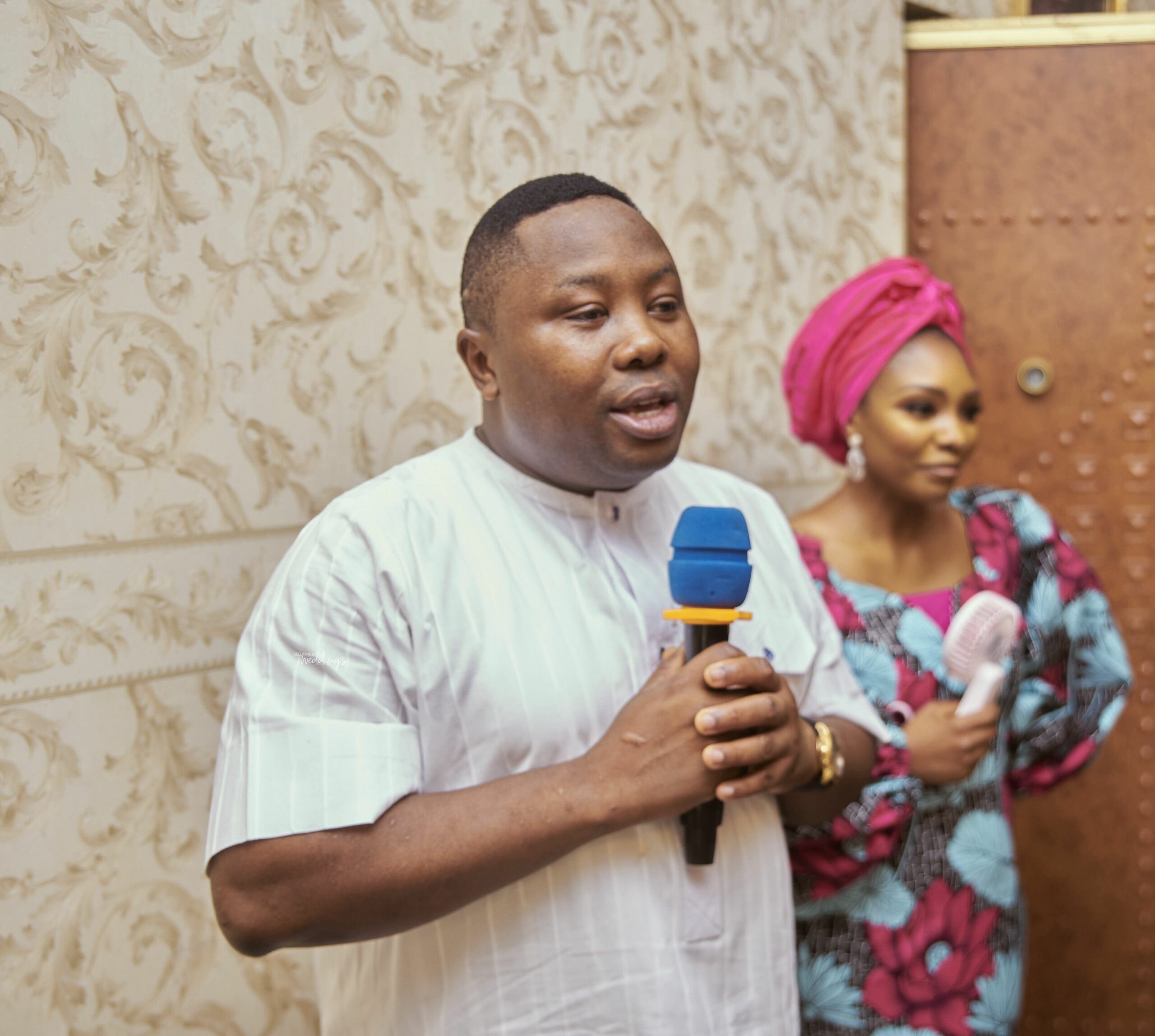
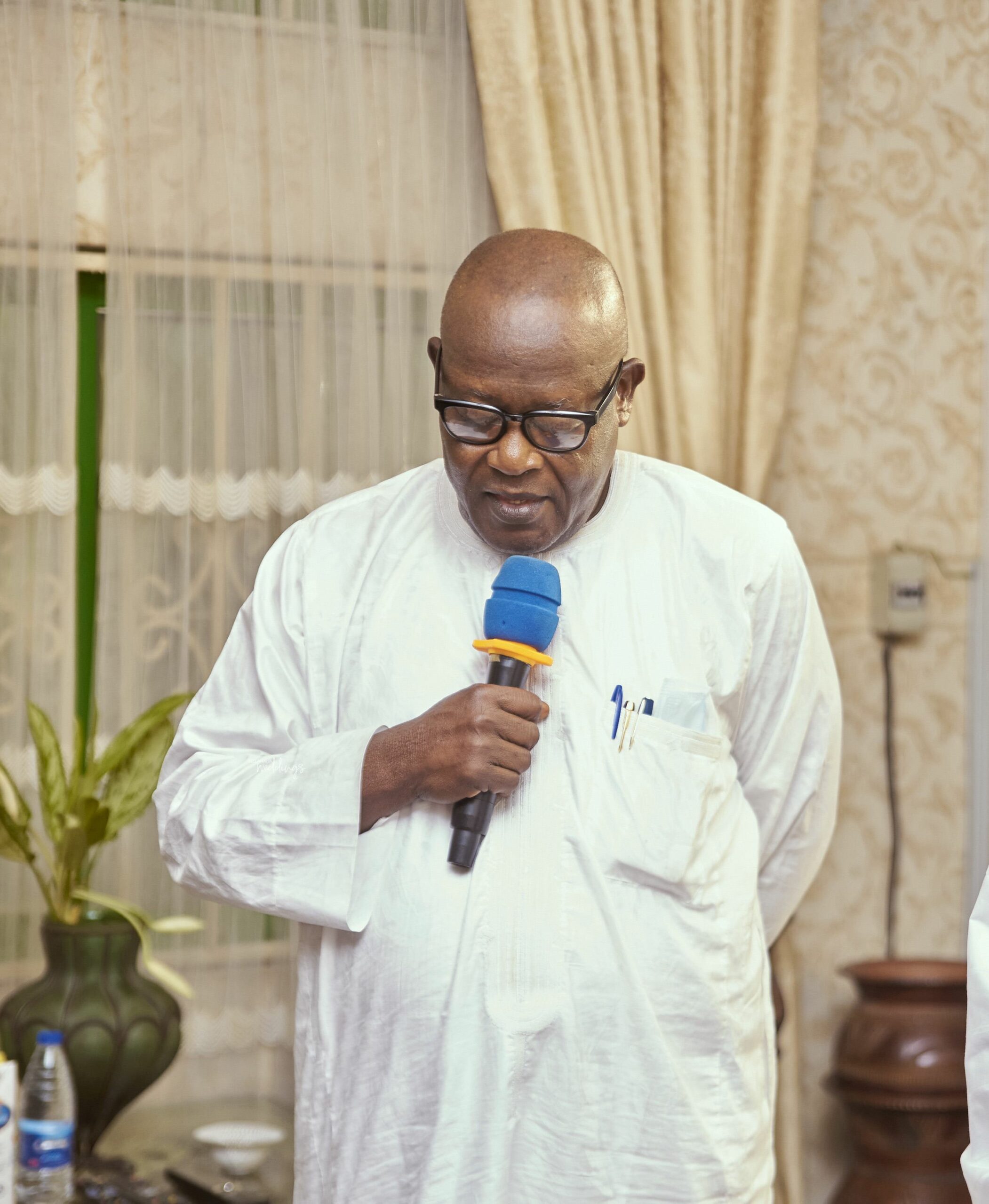
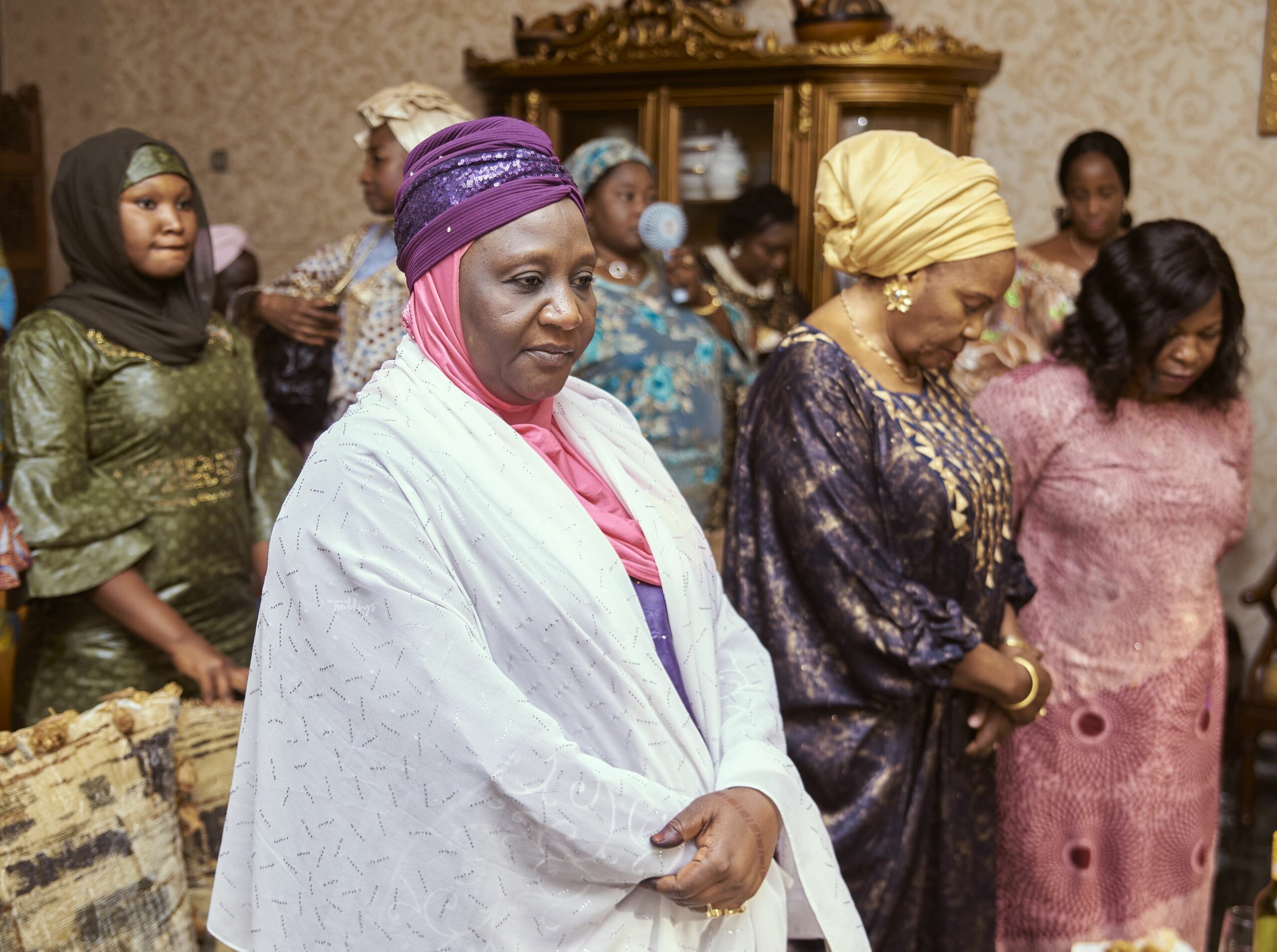
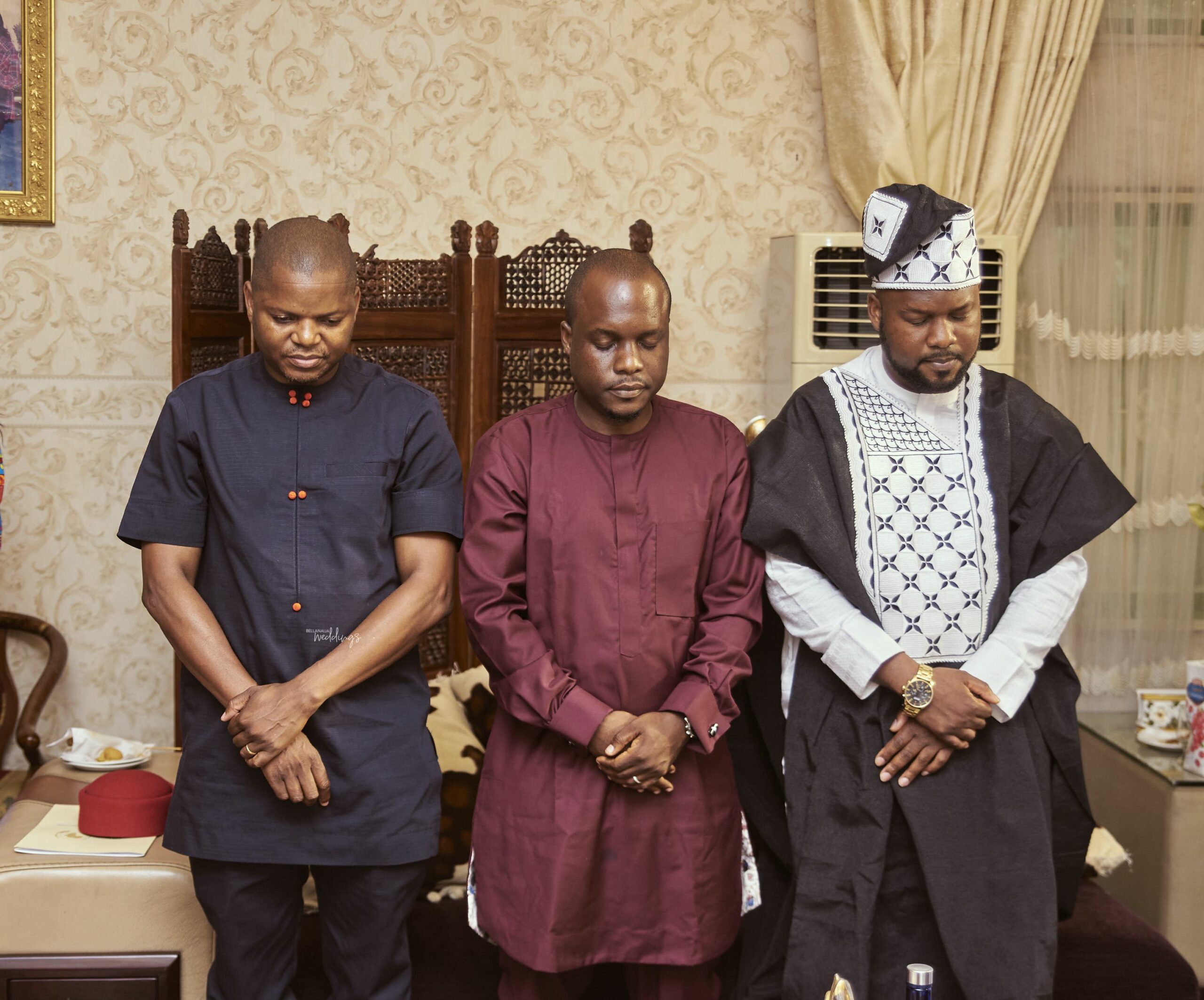
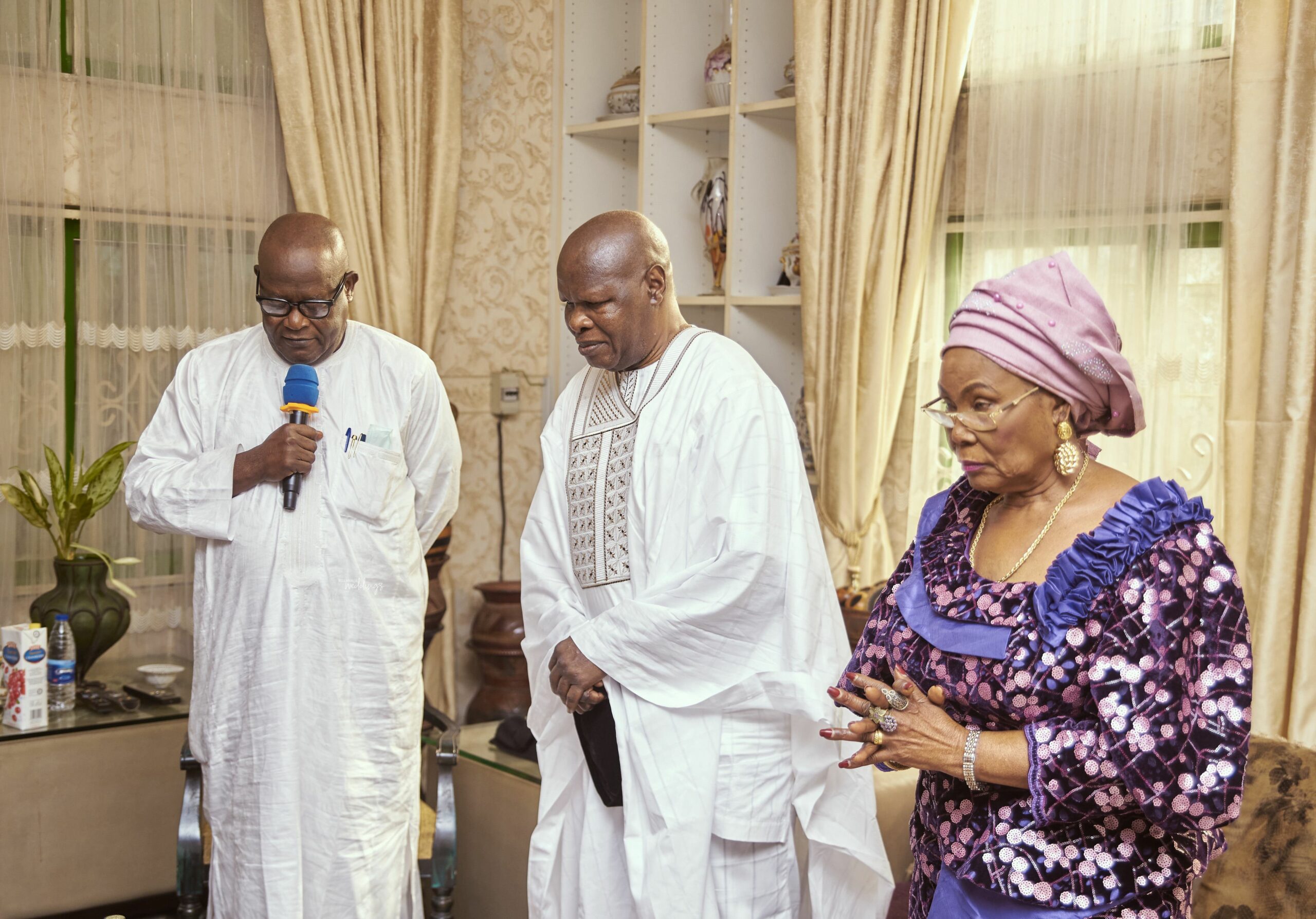
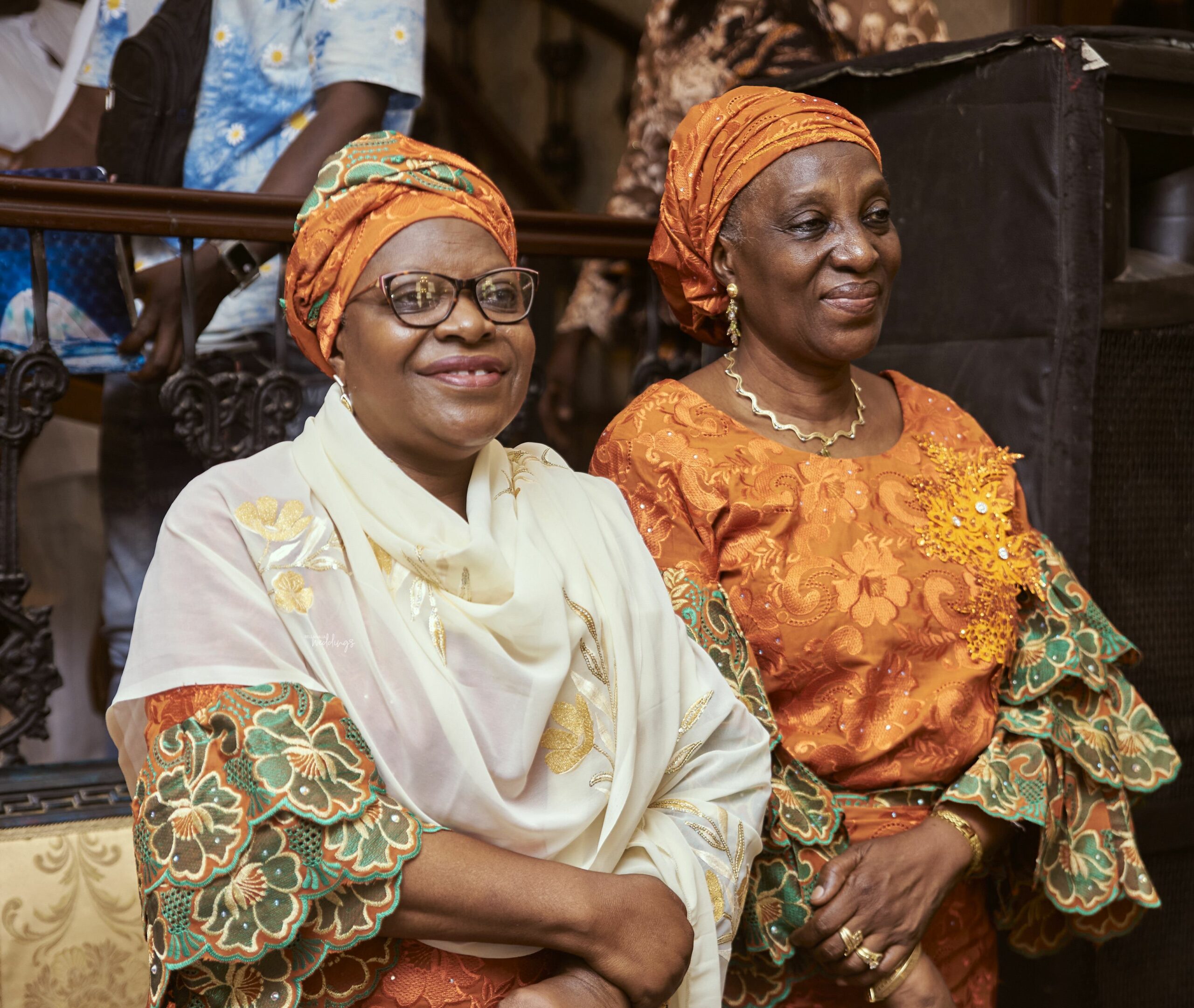
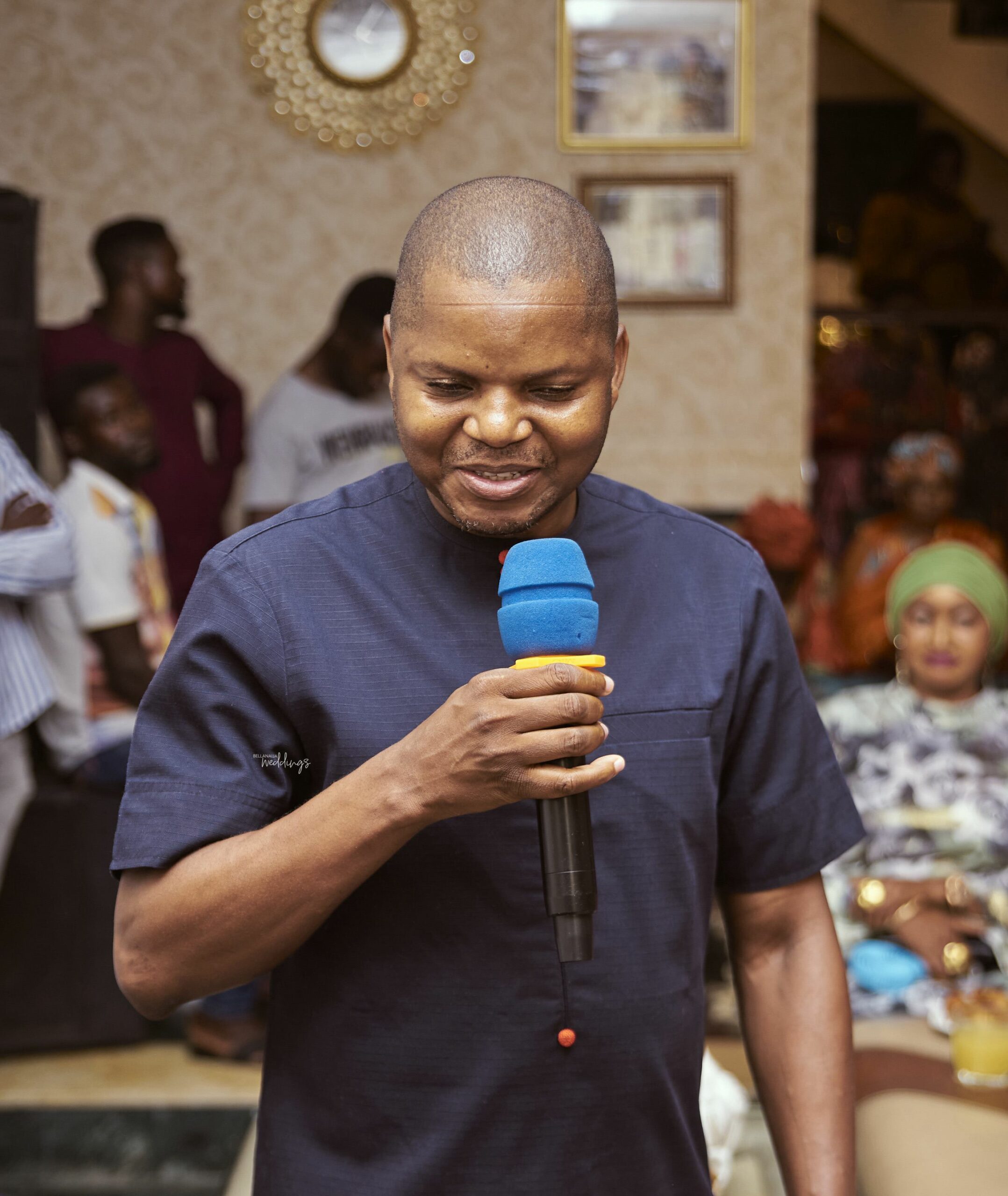
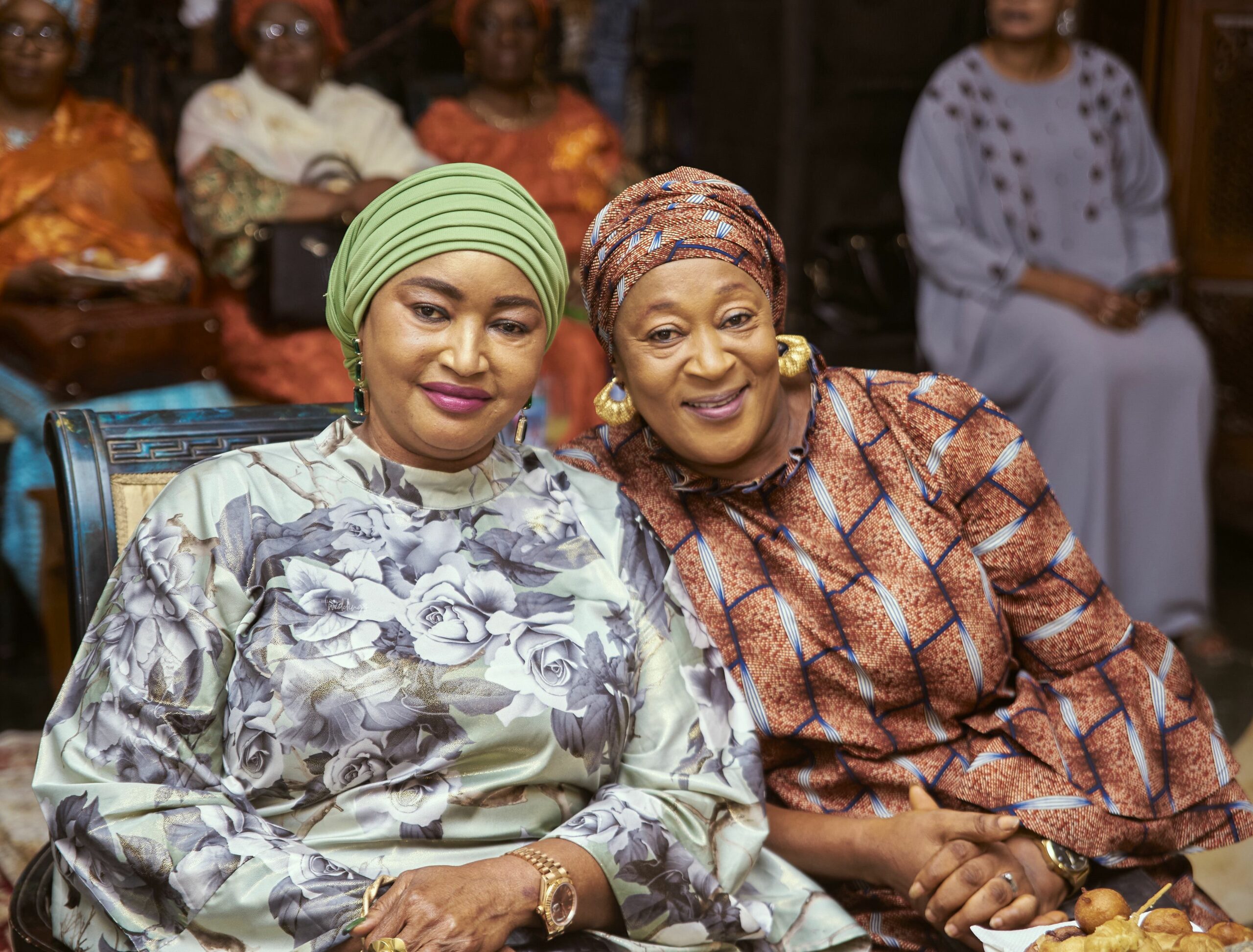
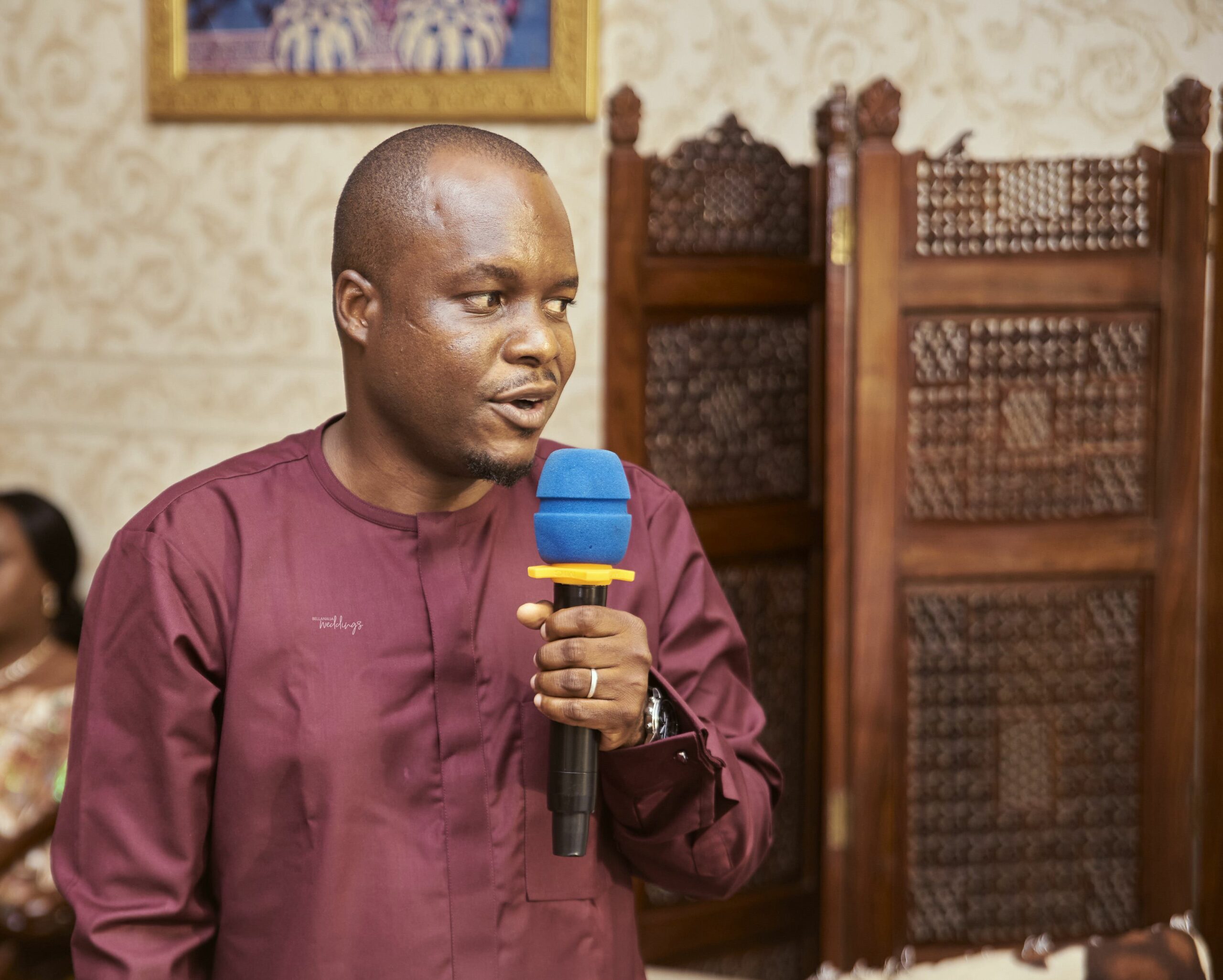
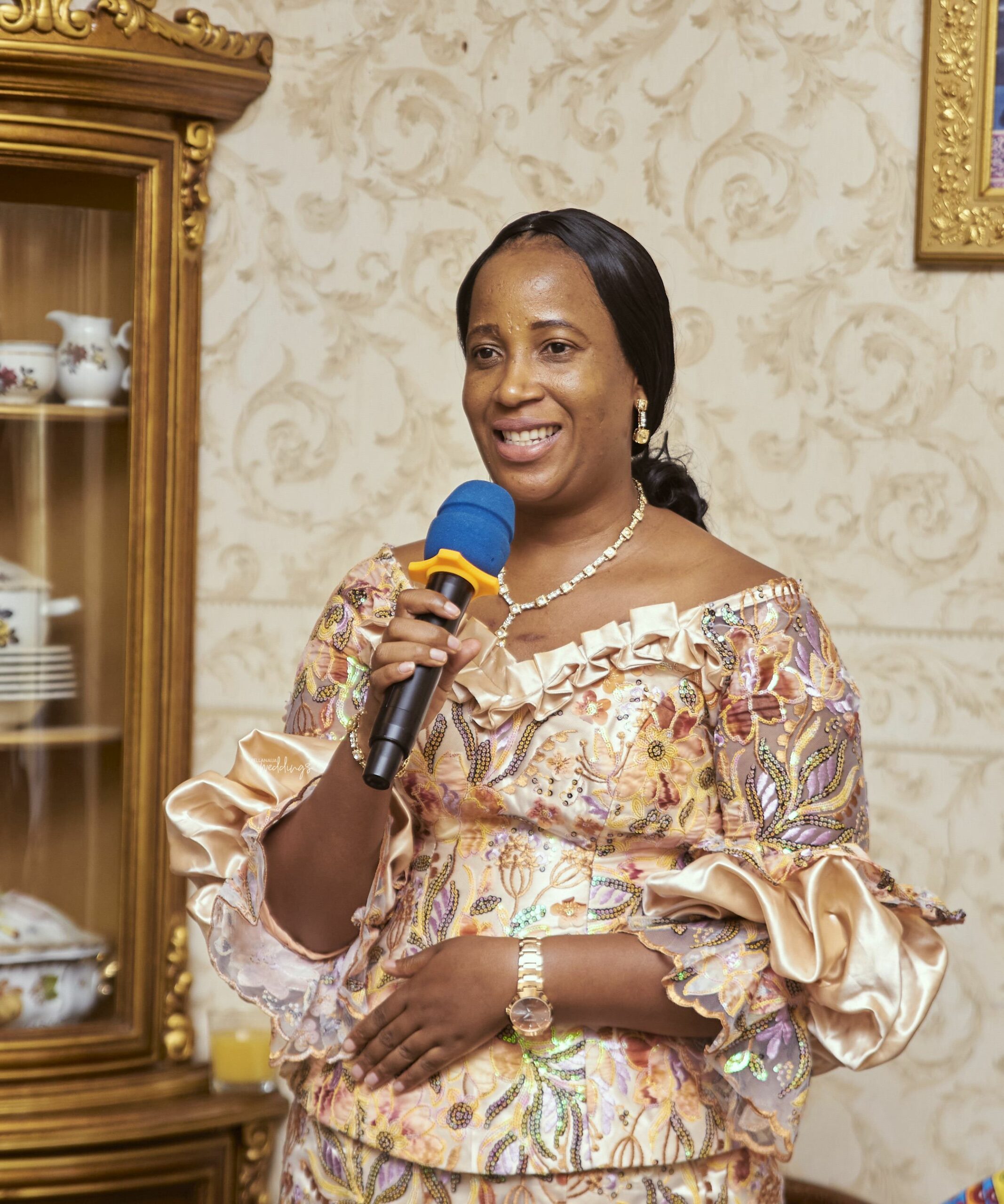
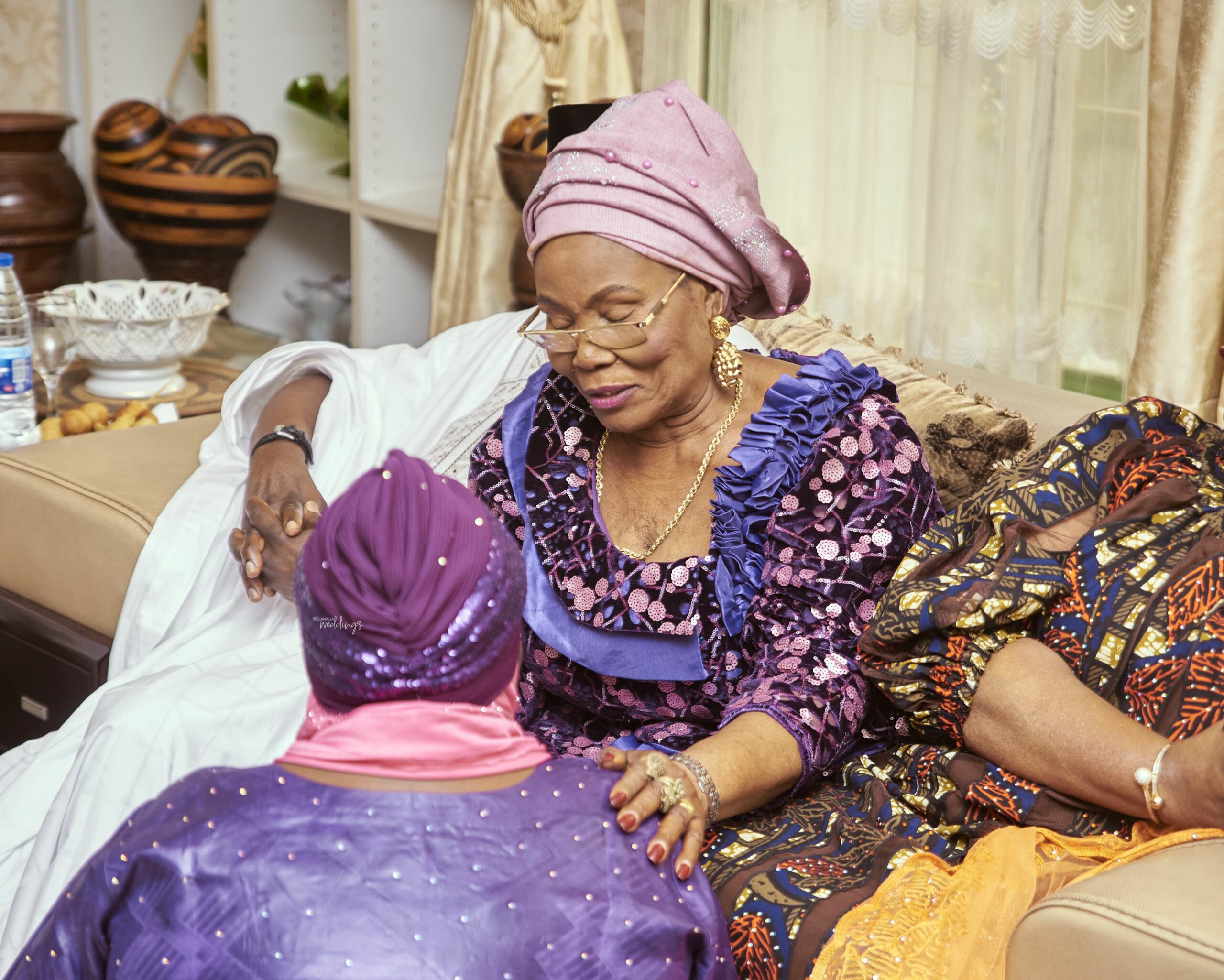
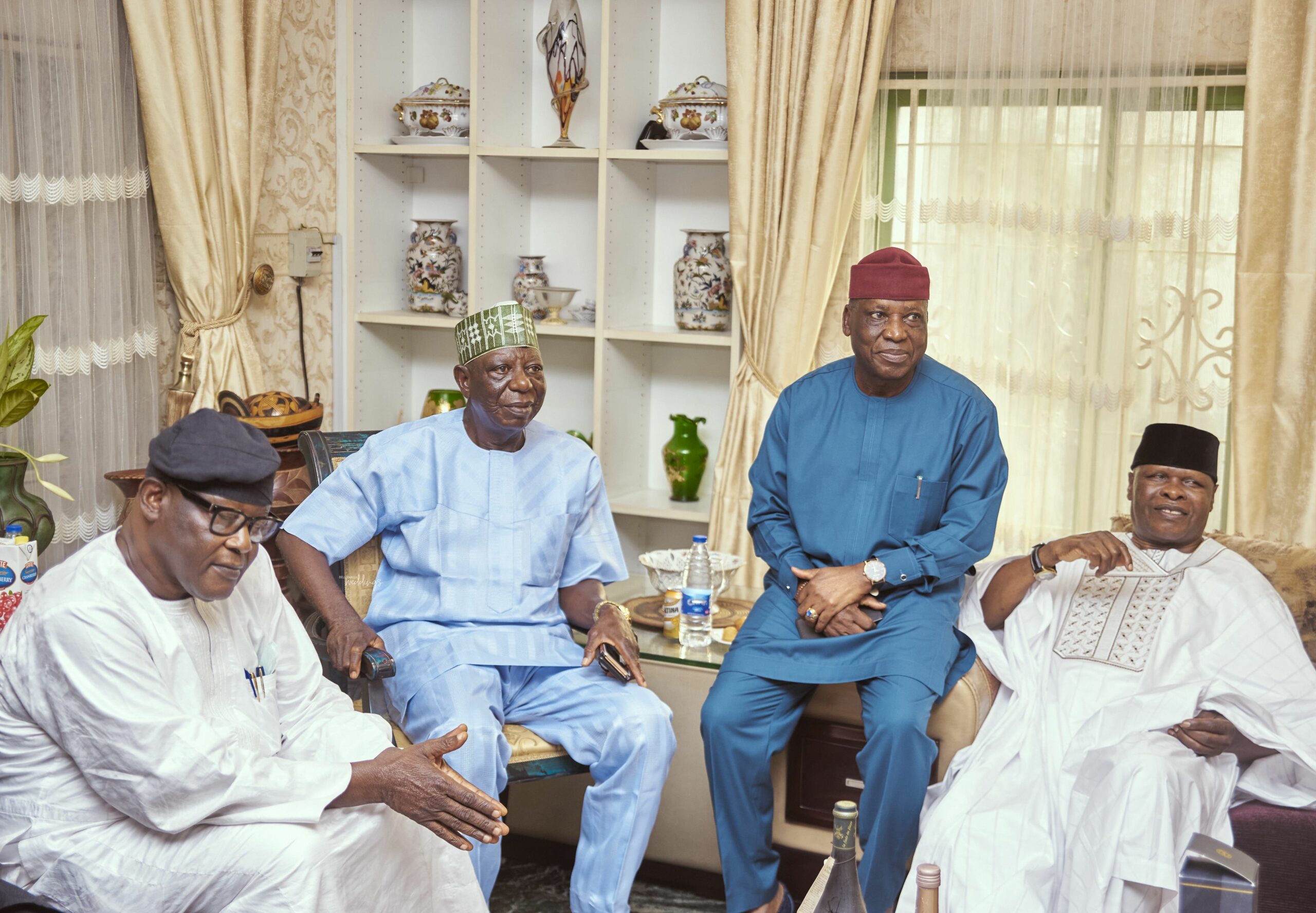
Here comes the bride…
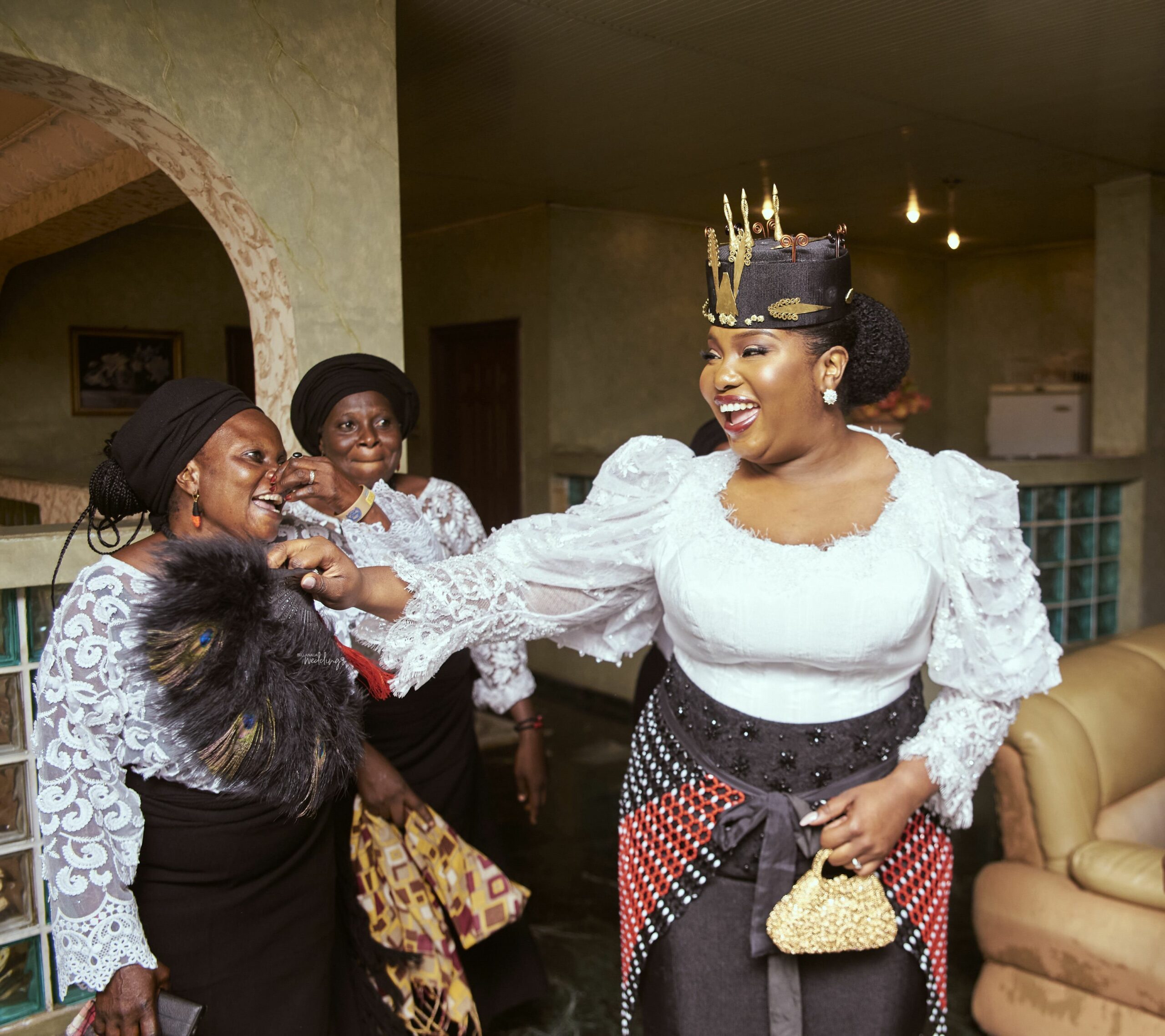
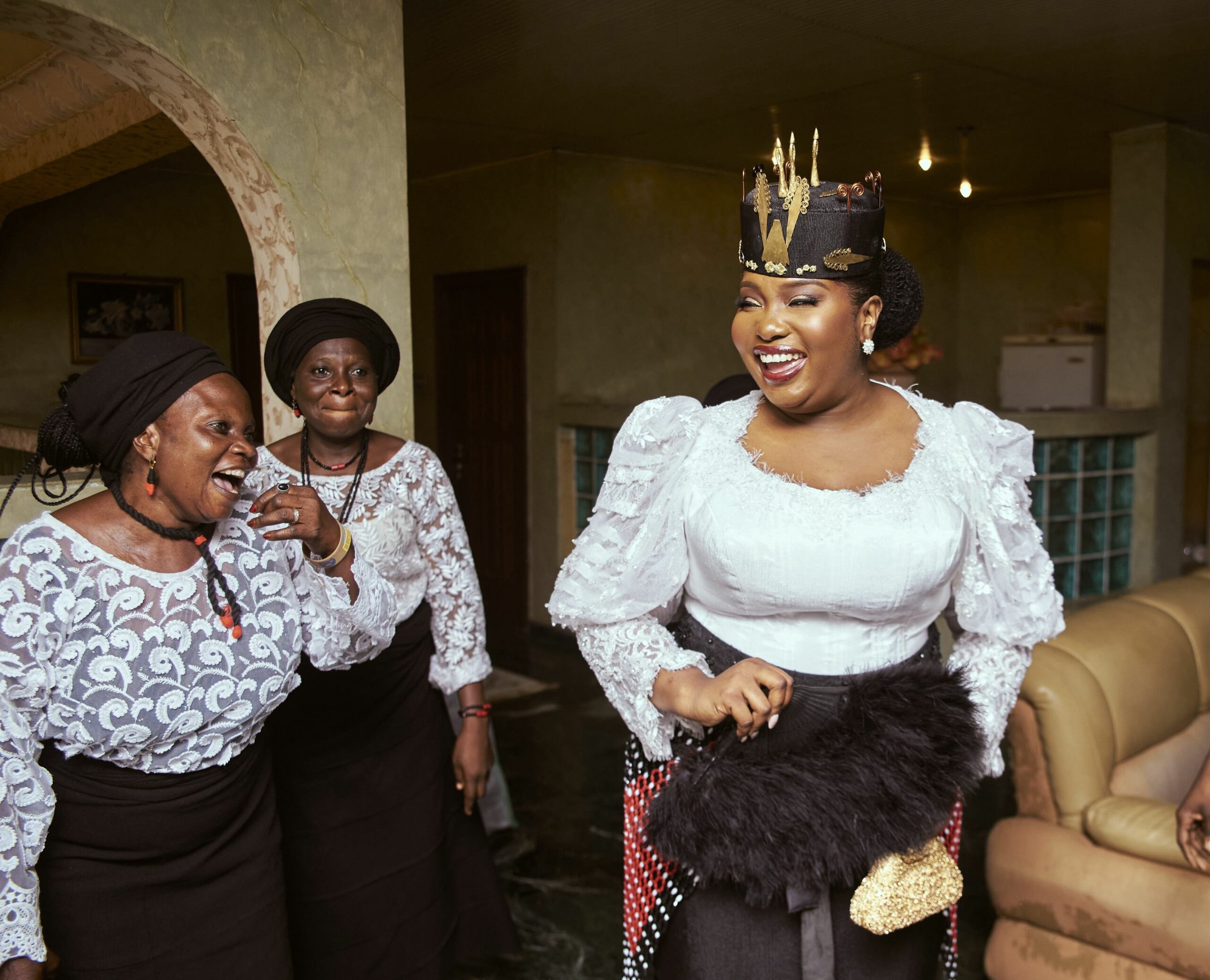
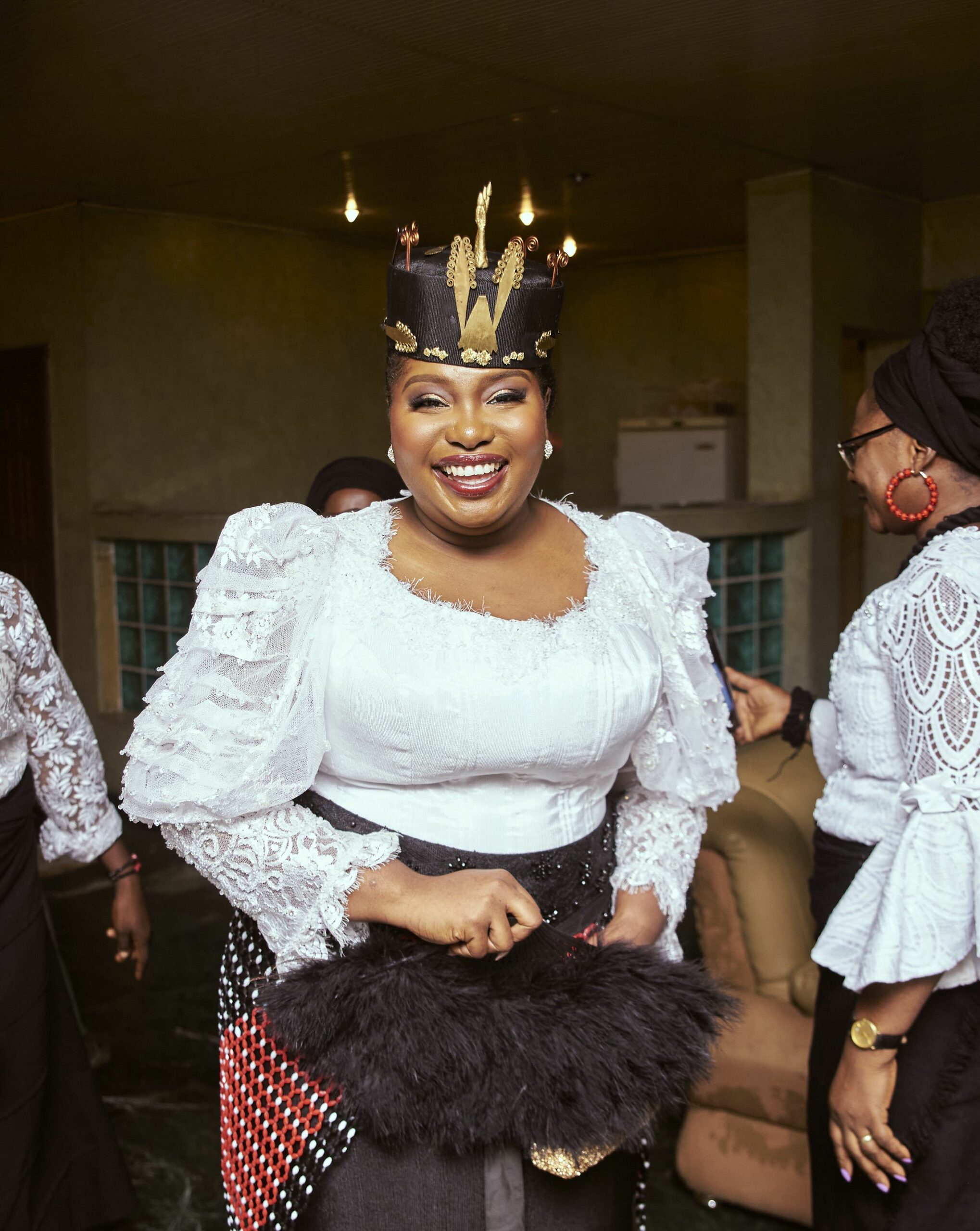
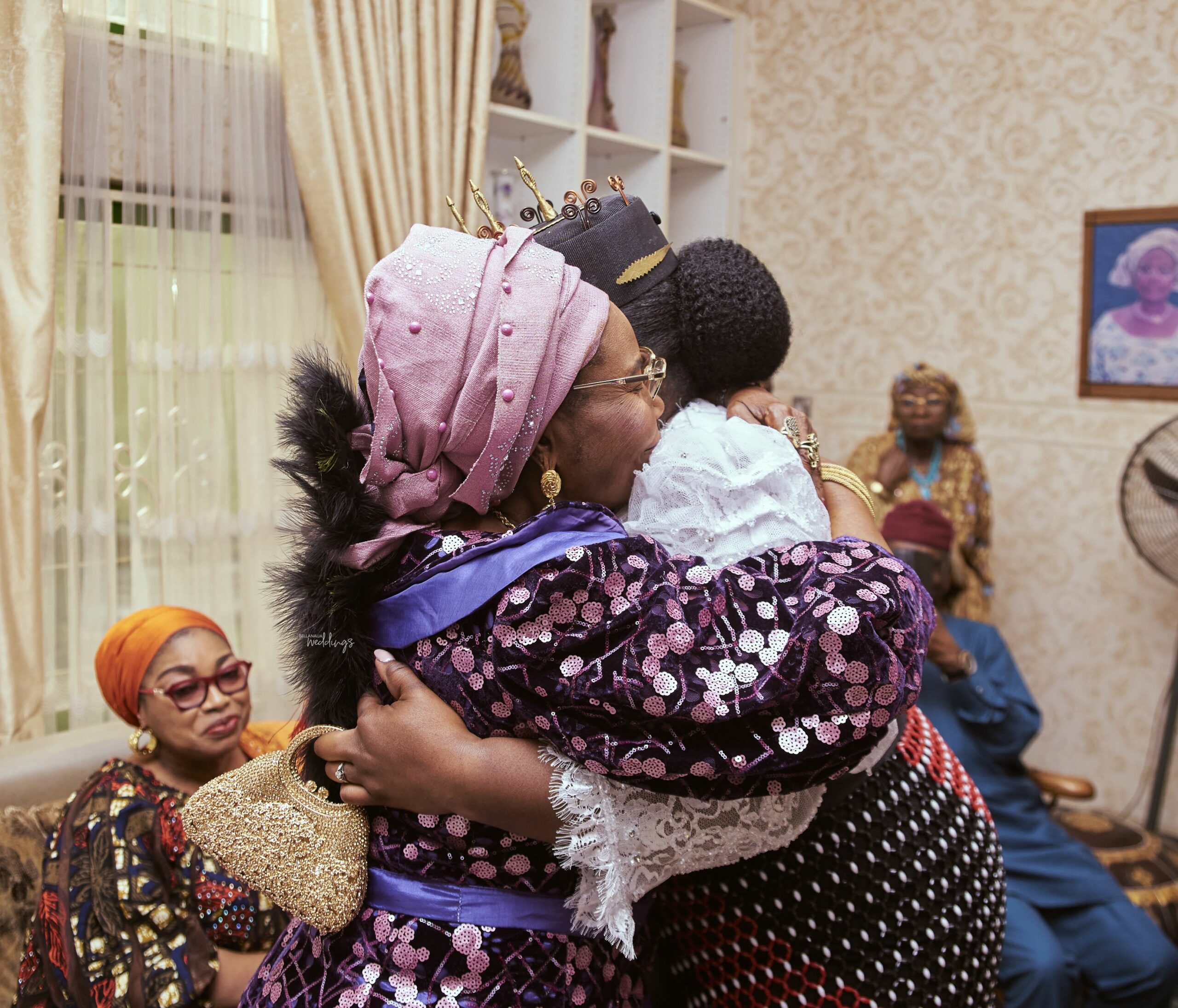
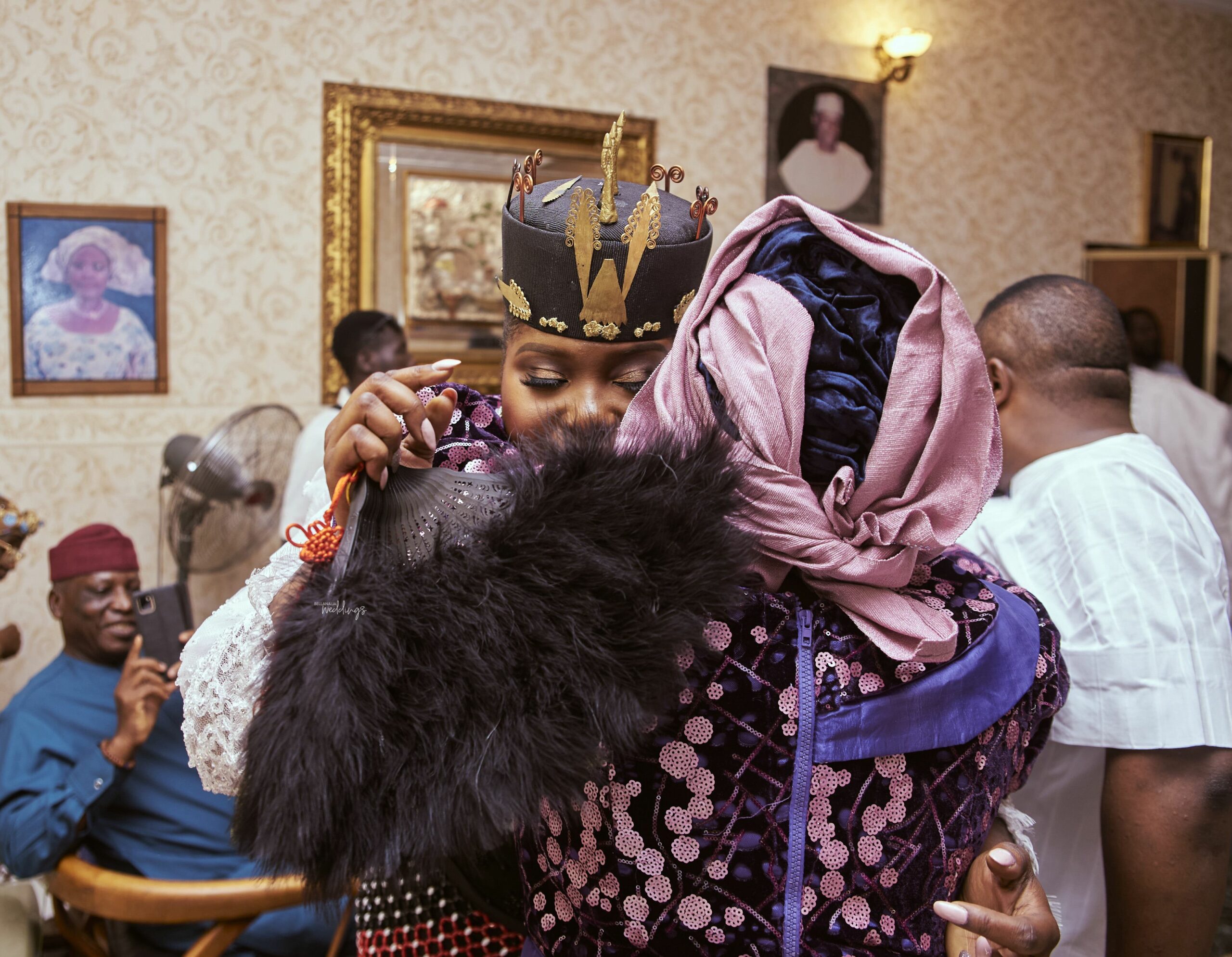
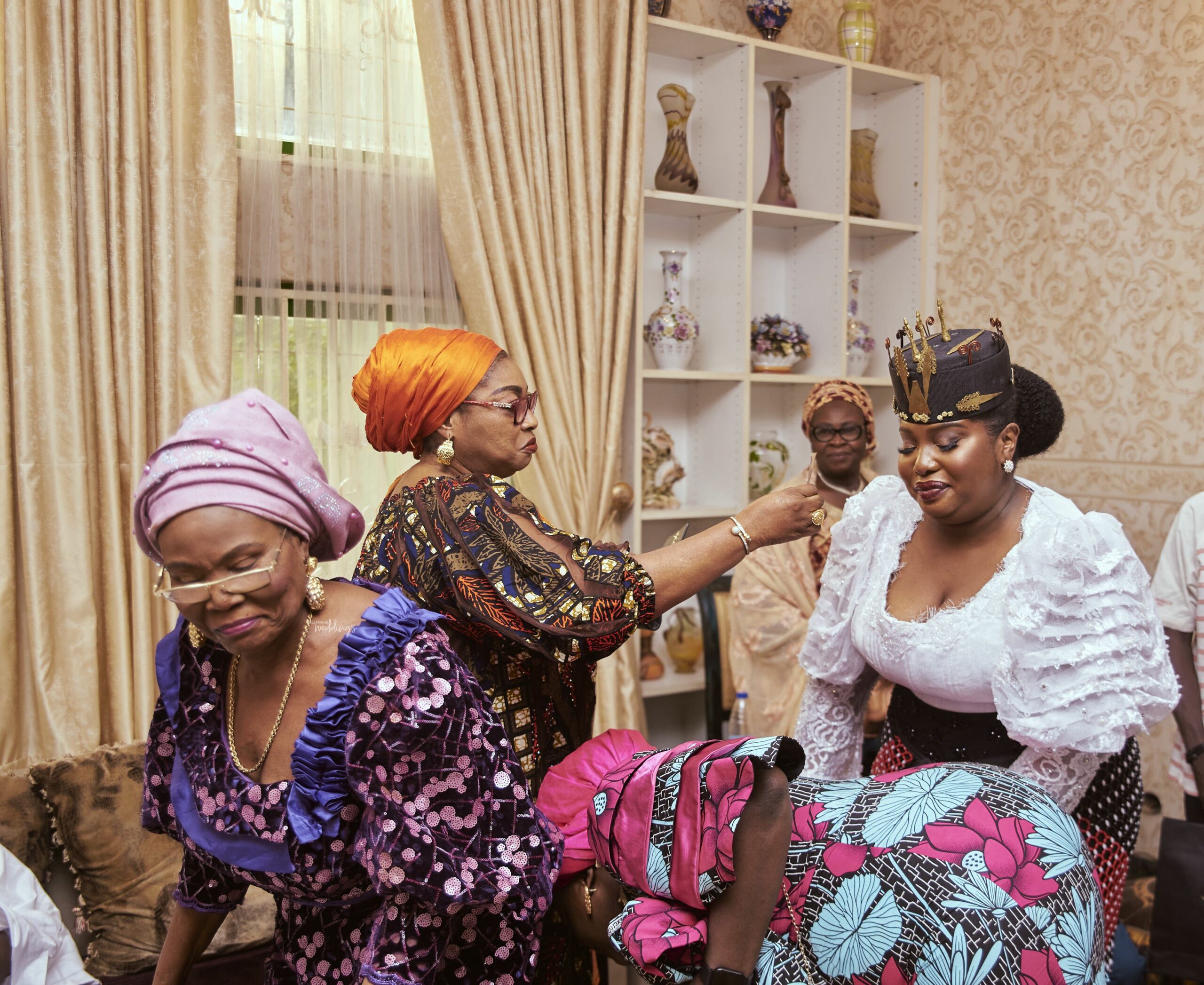
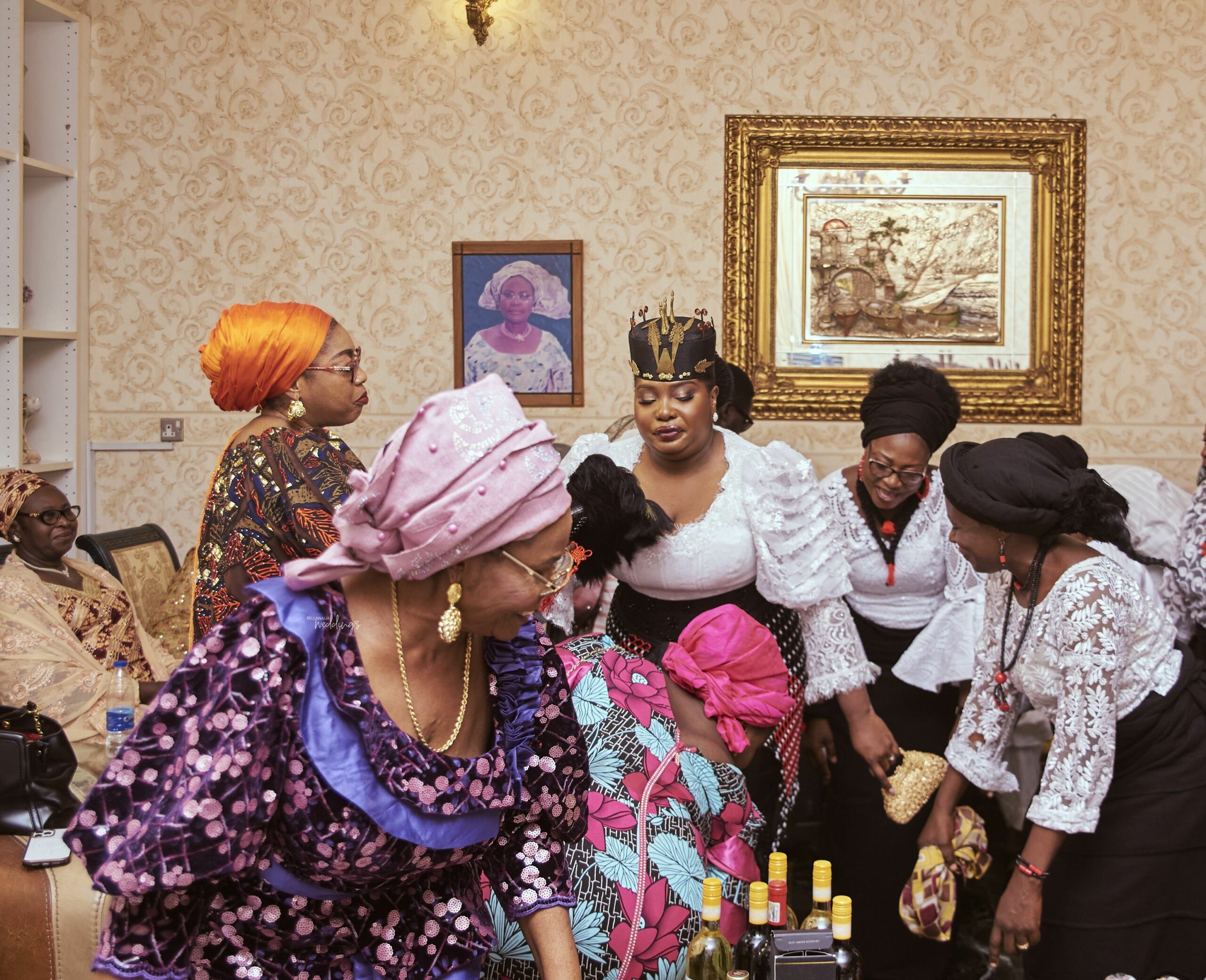
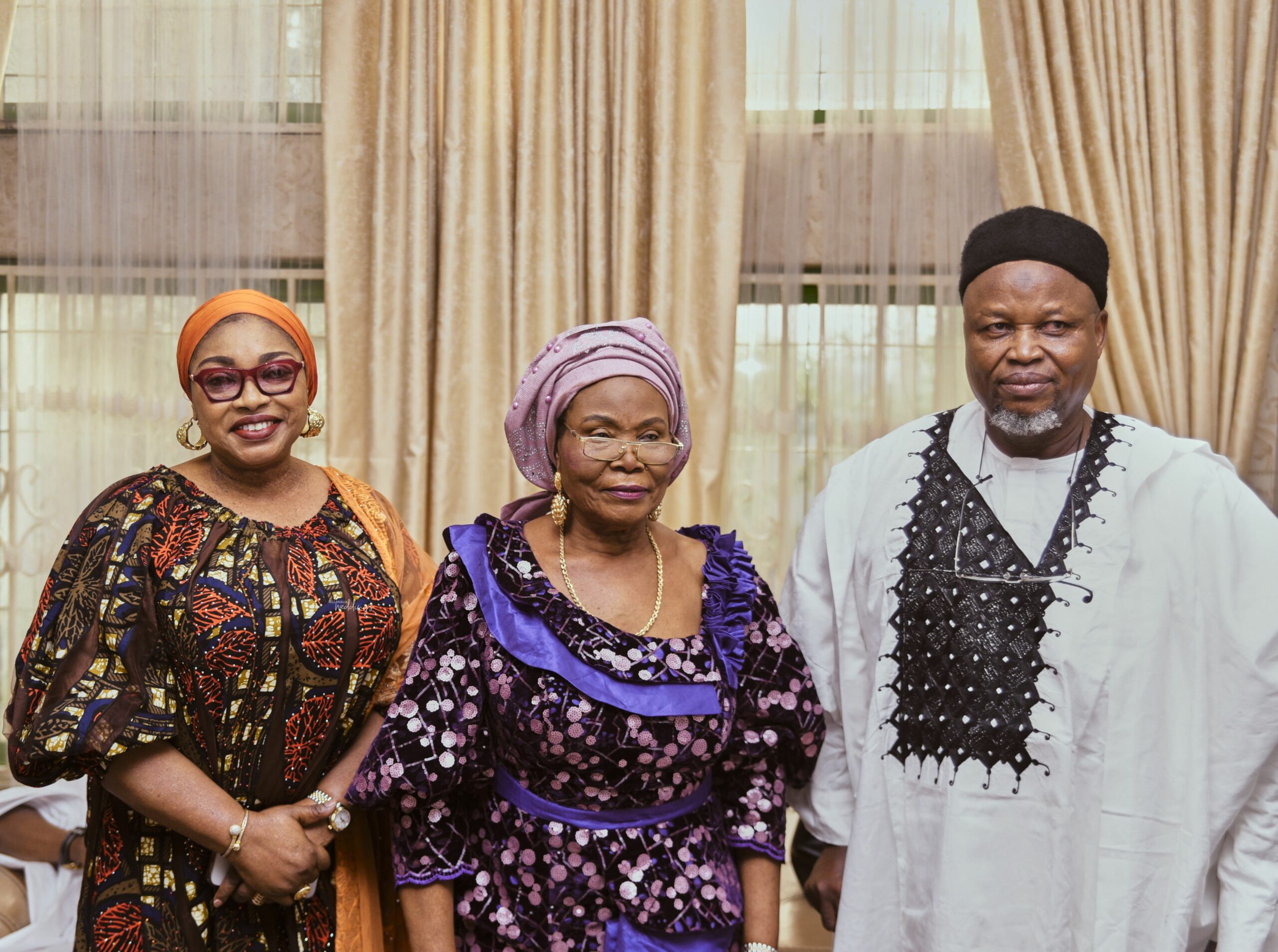
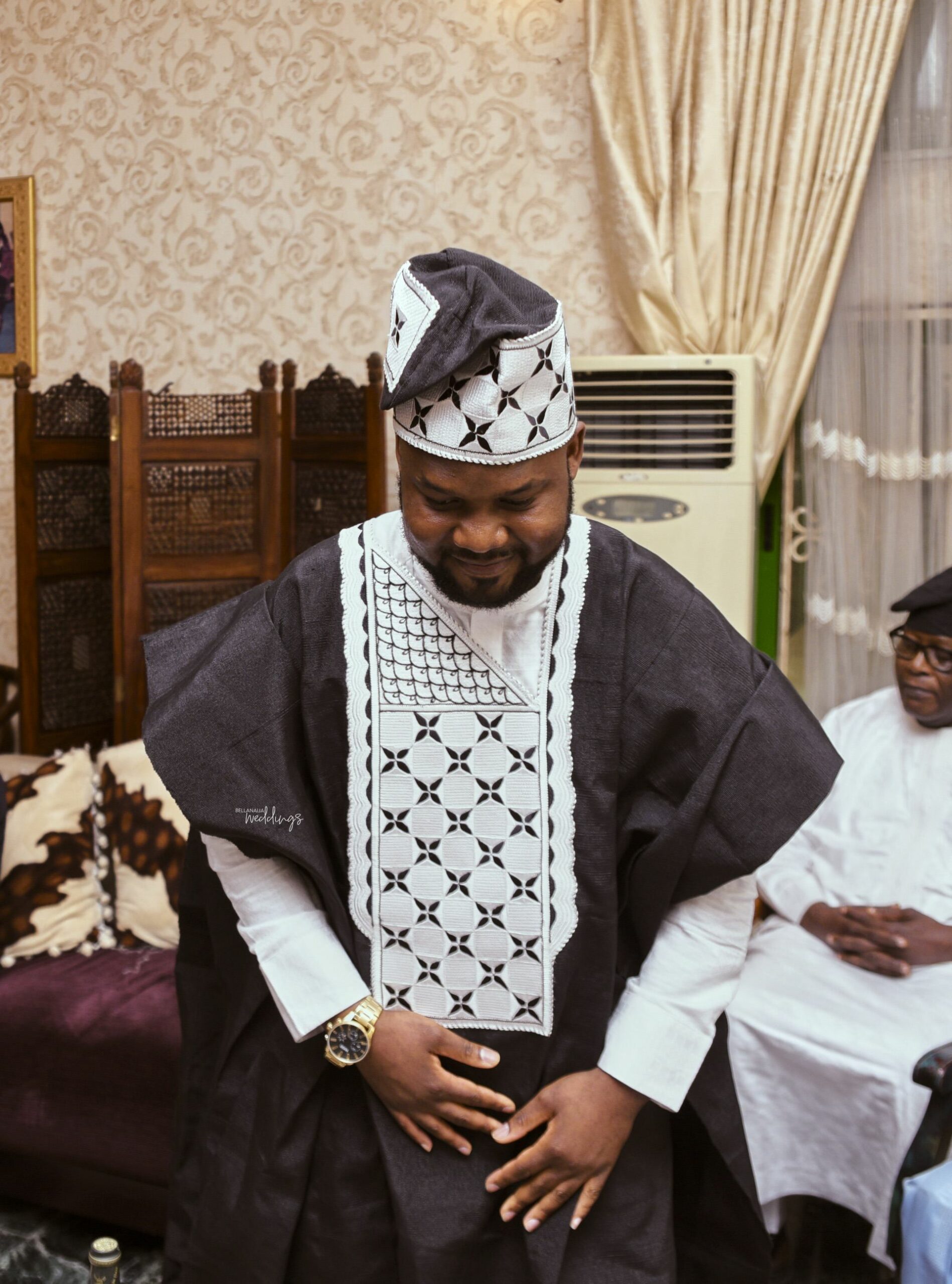
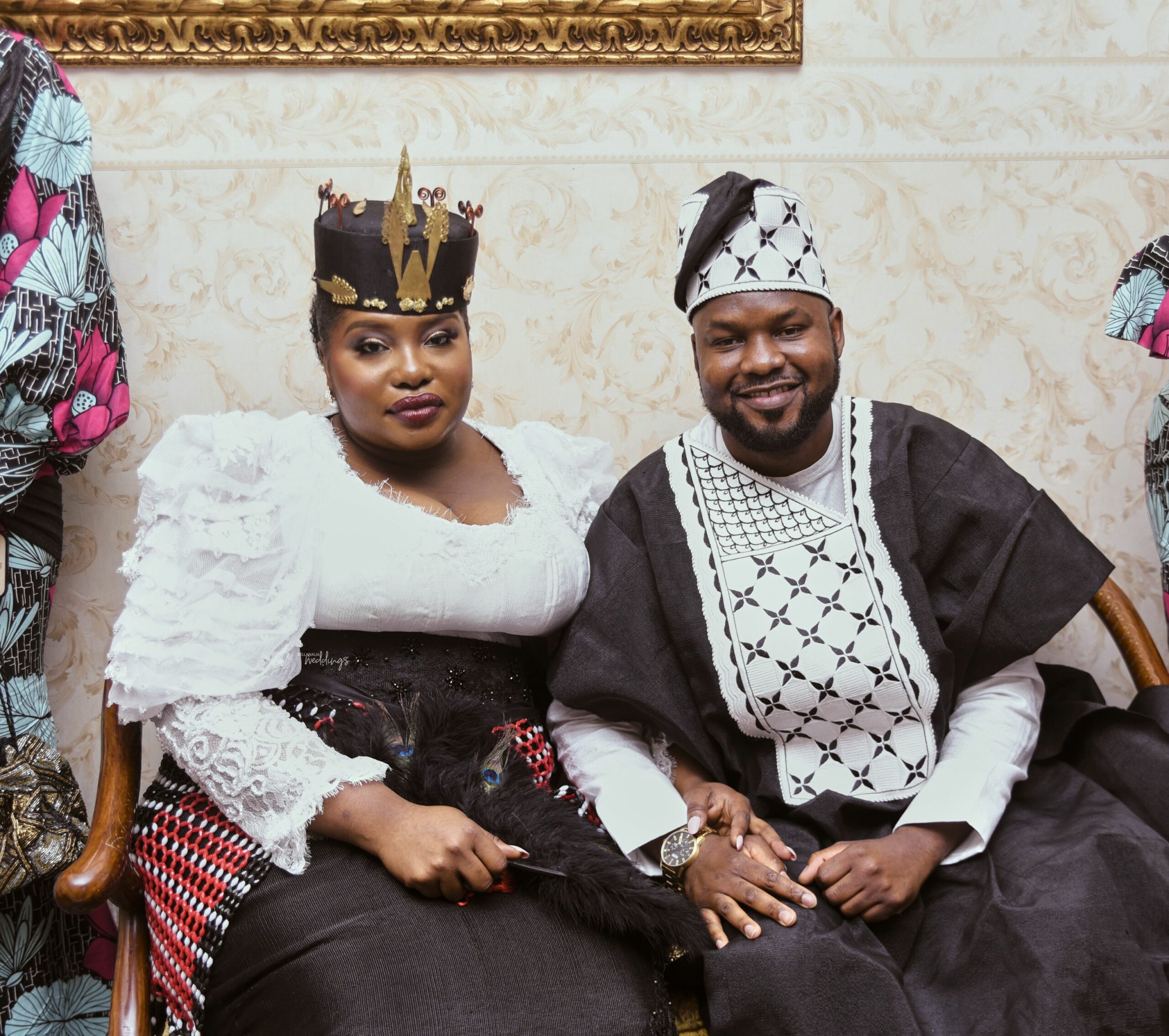
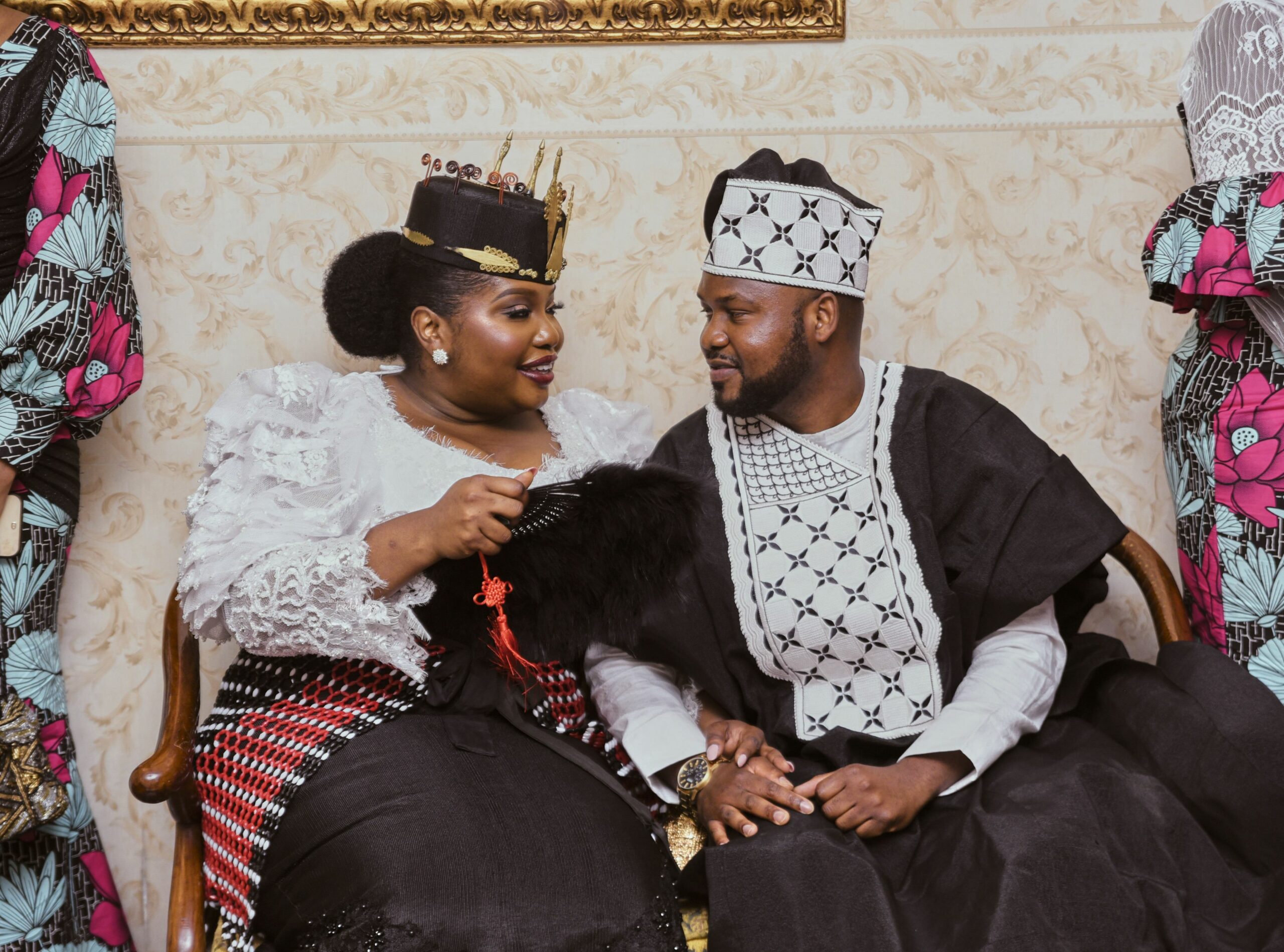
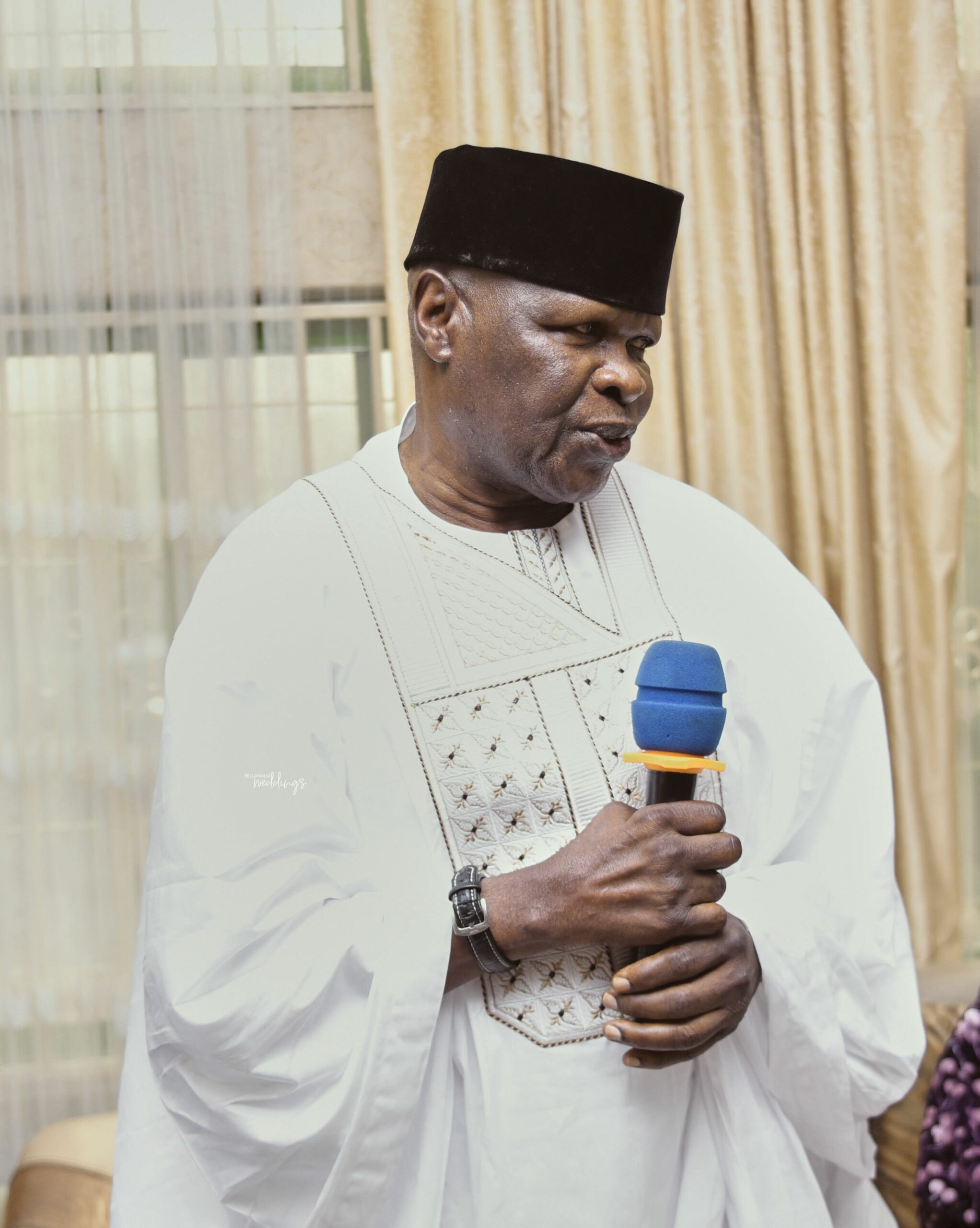
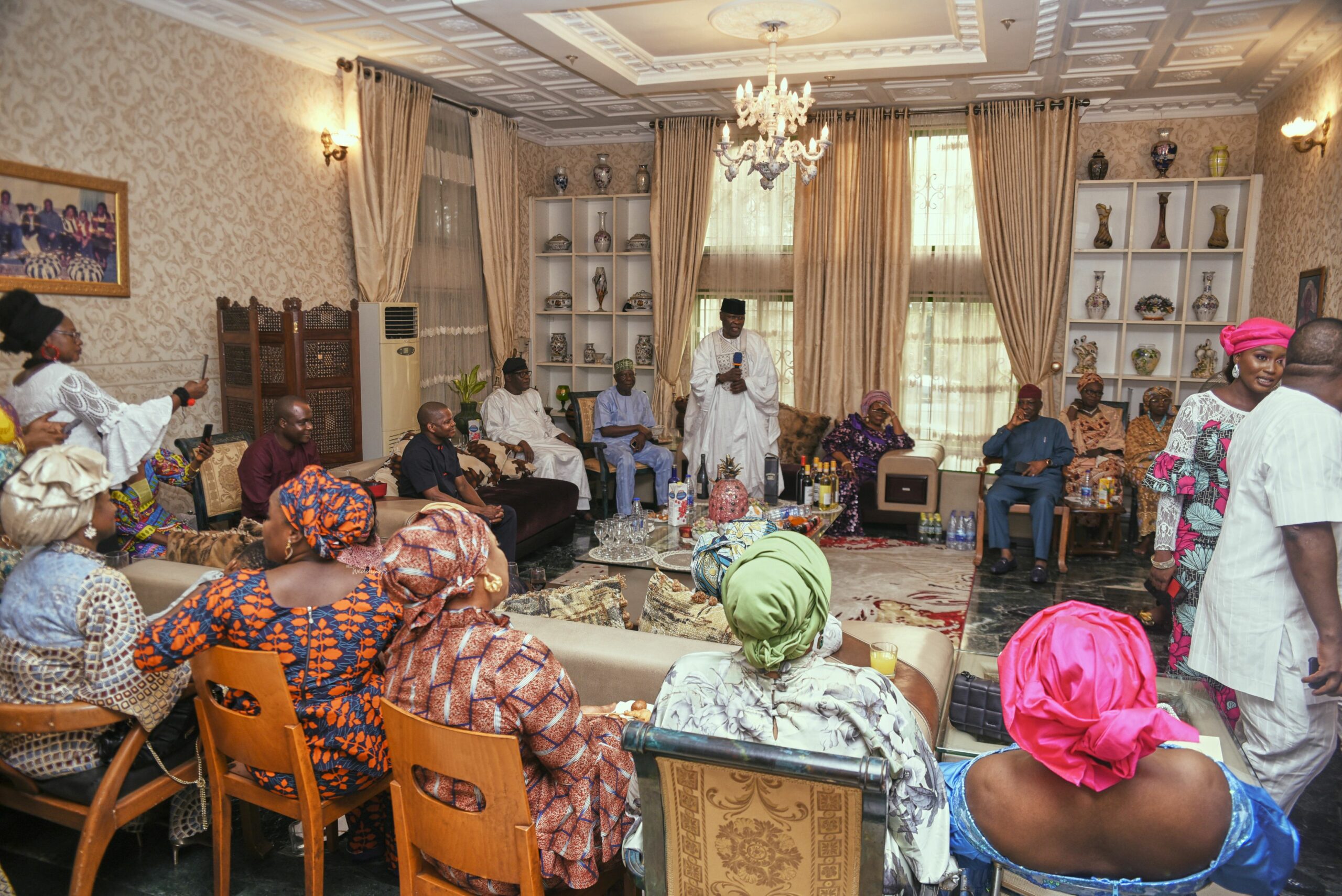
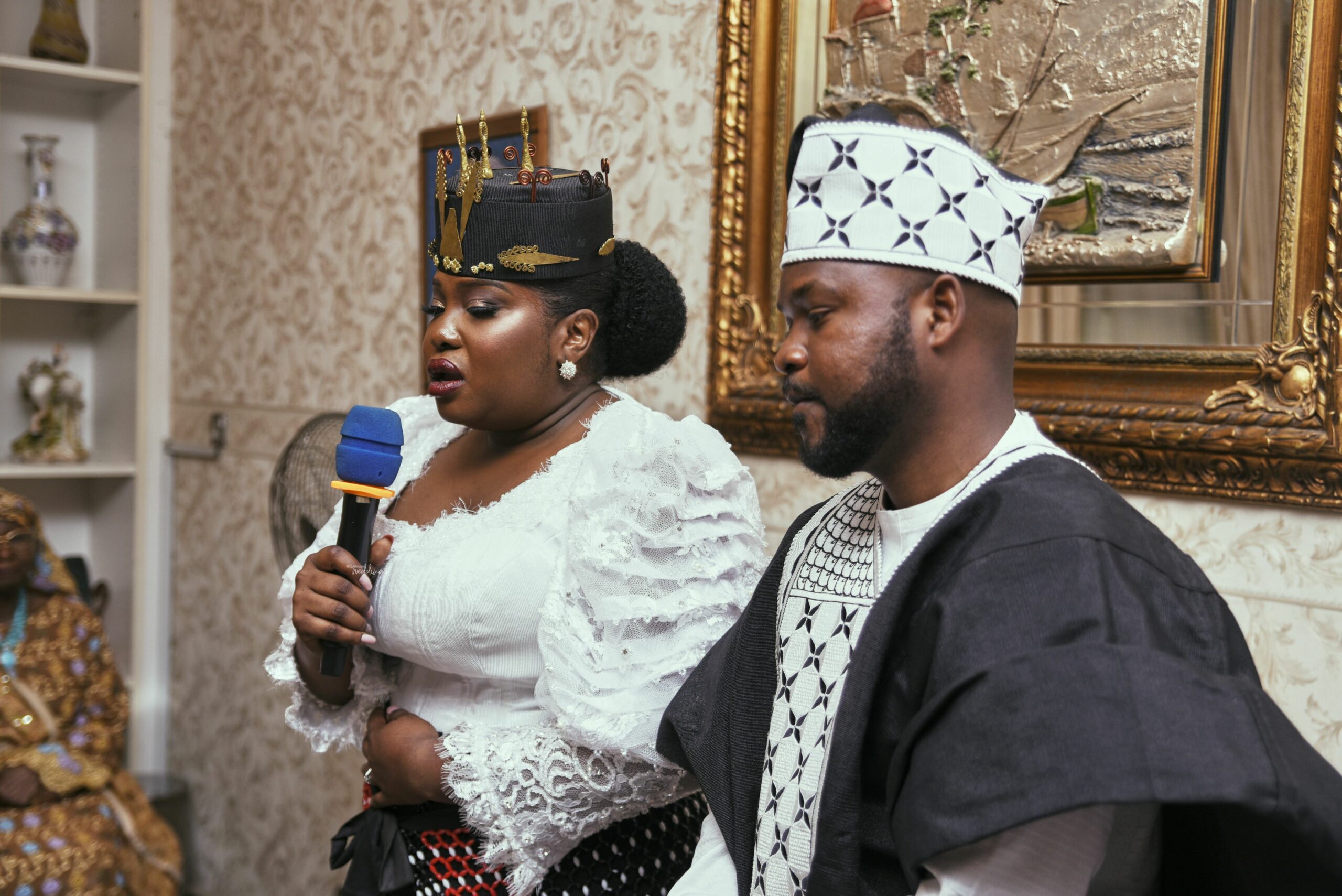
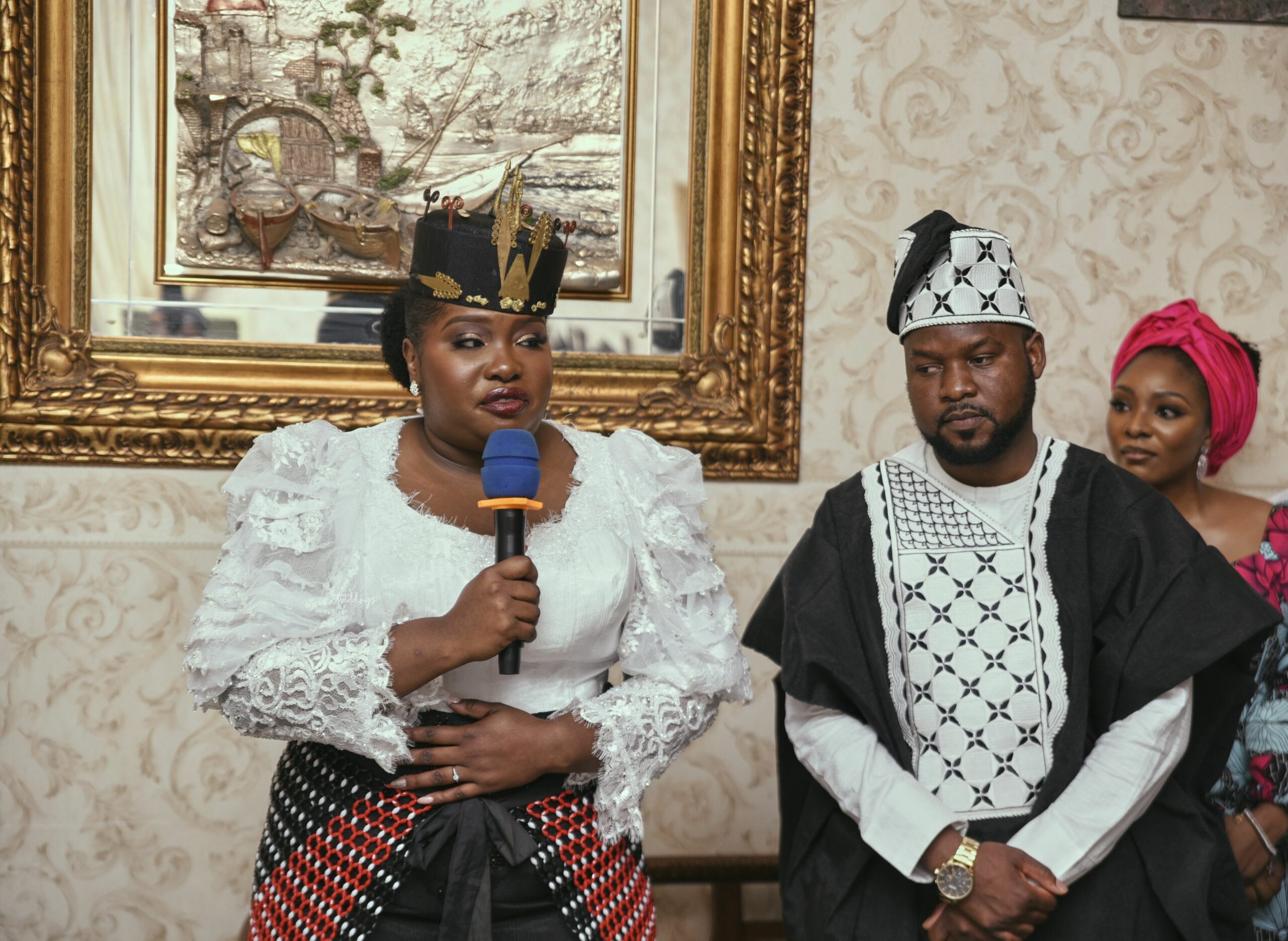
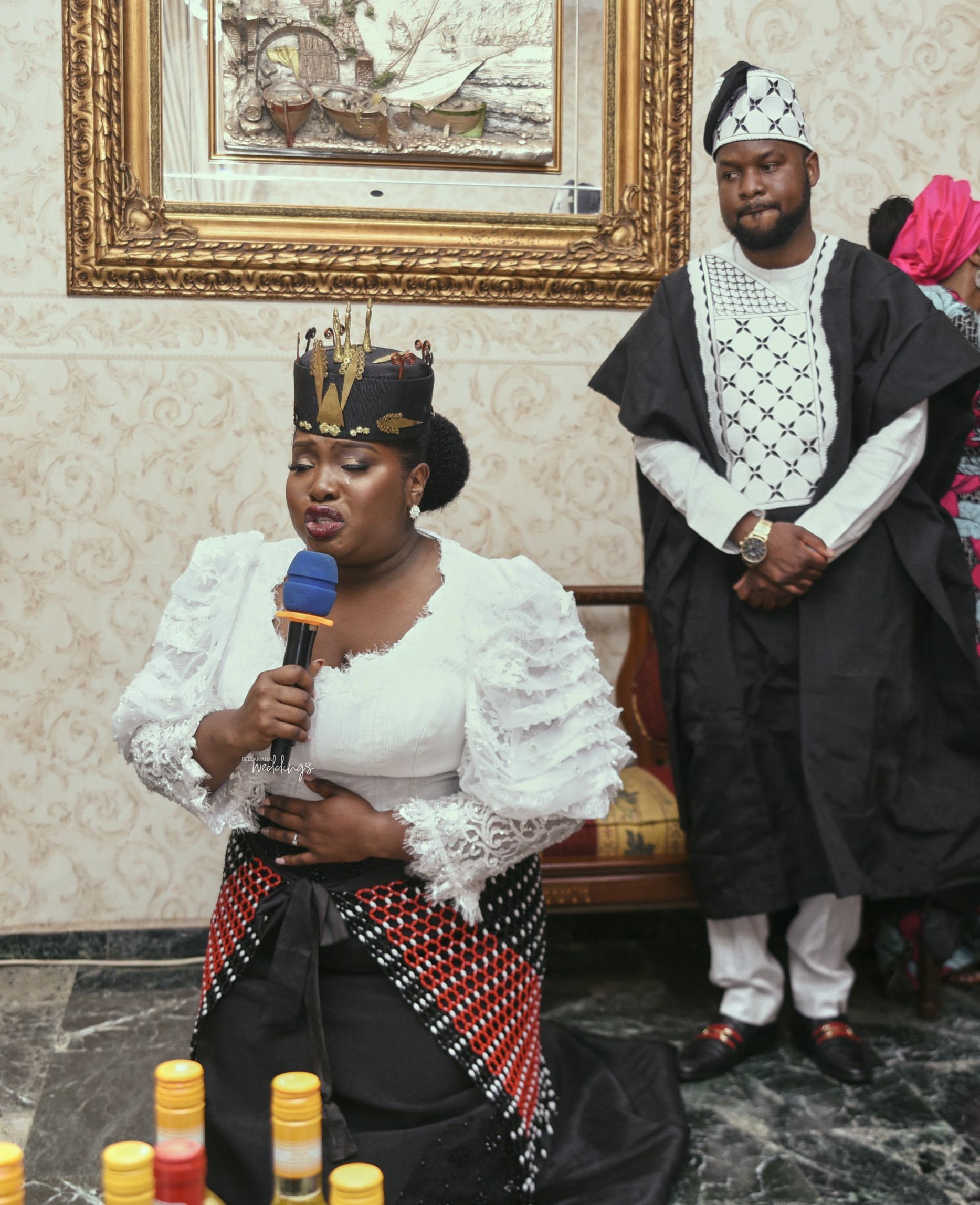
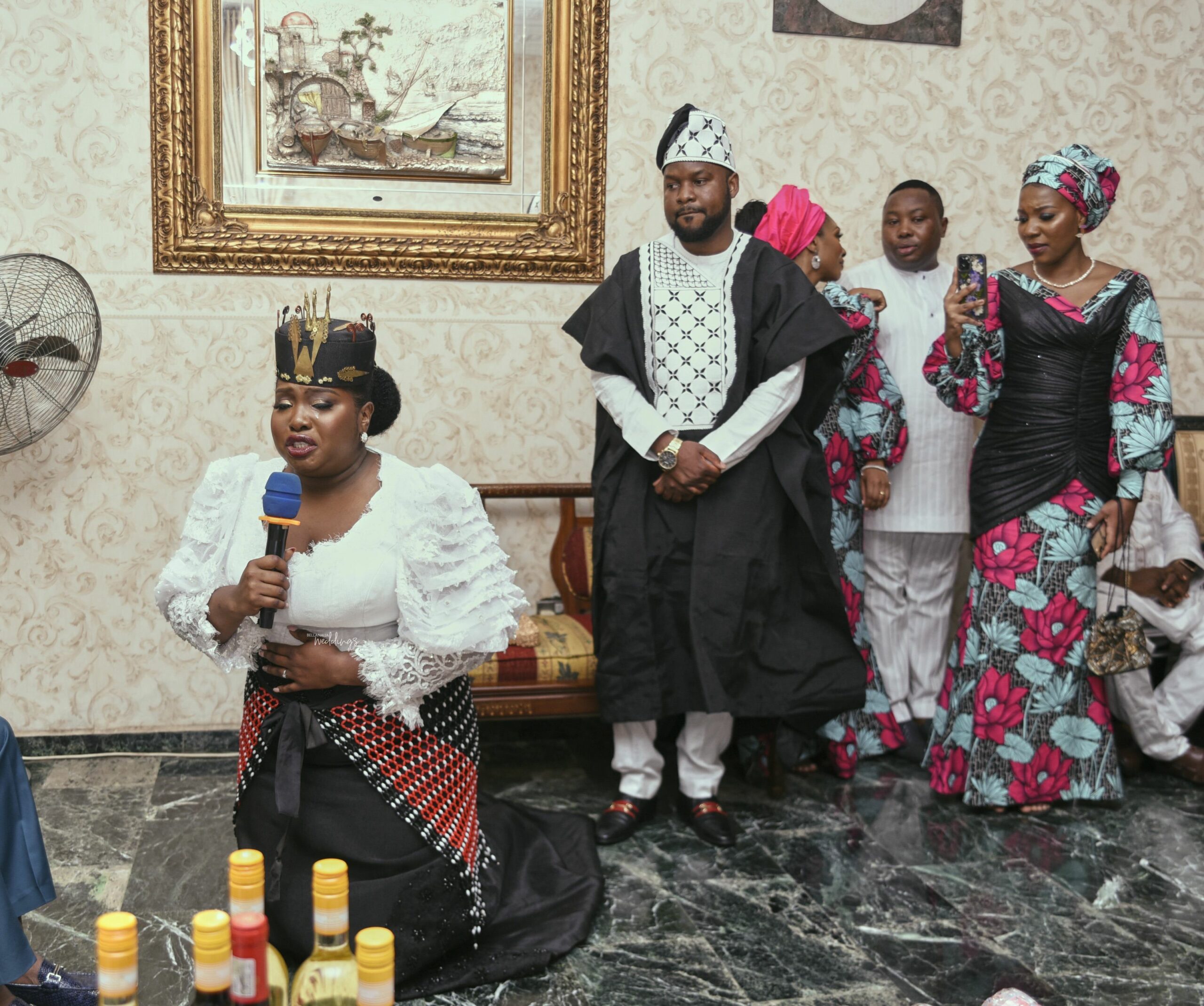
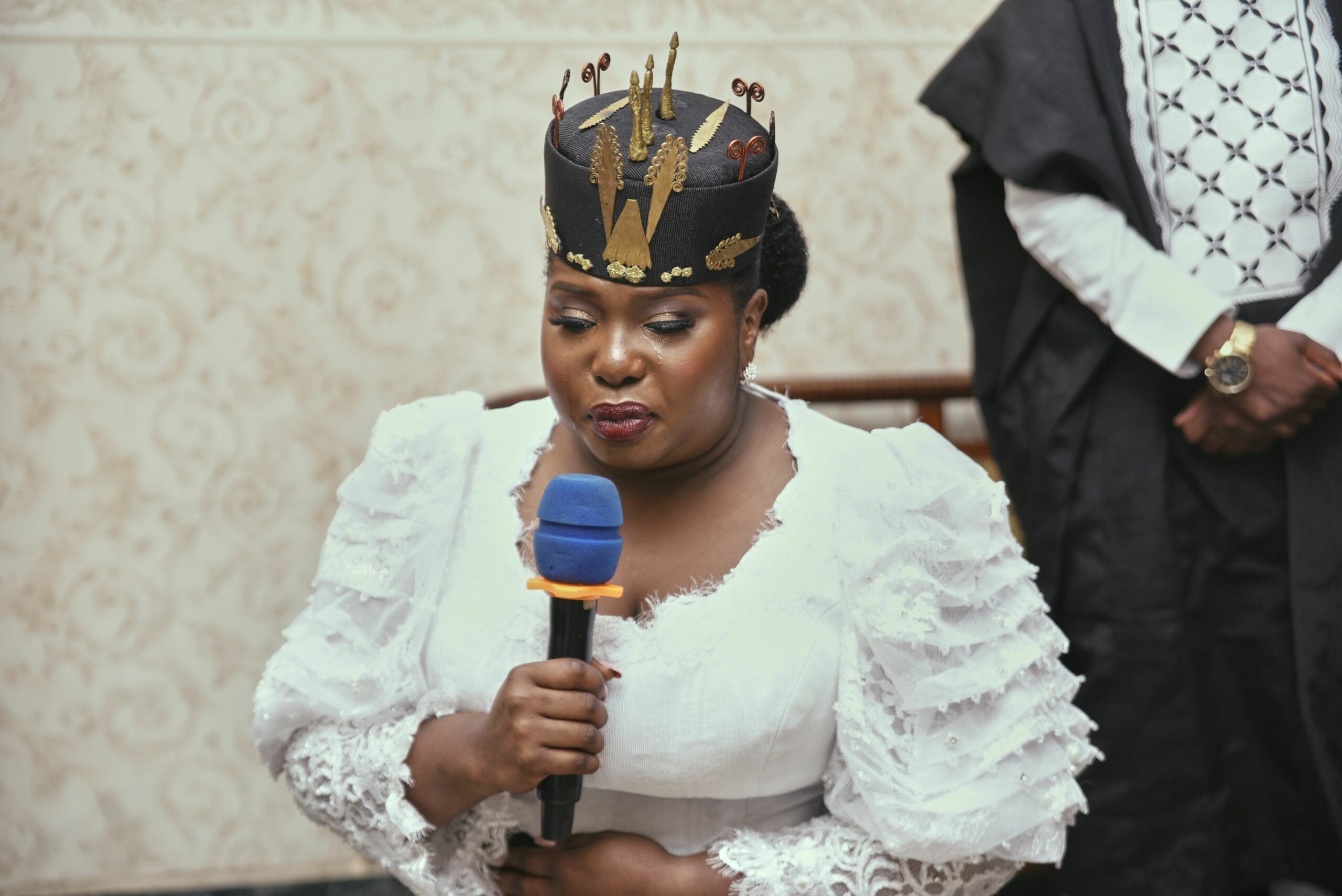
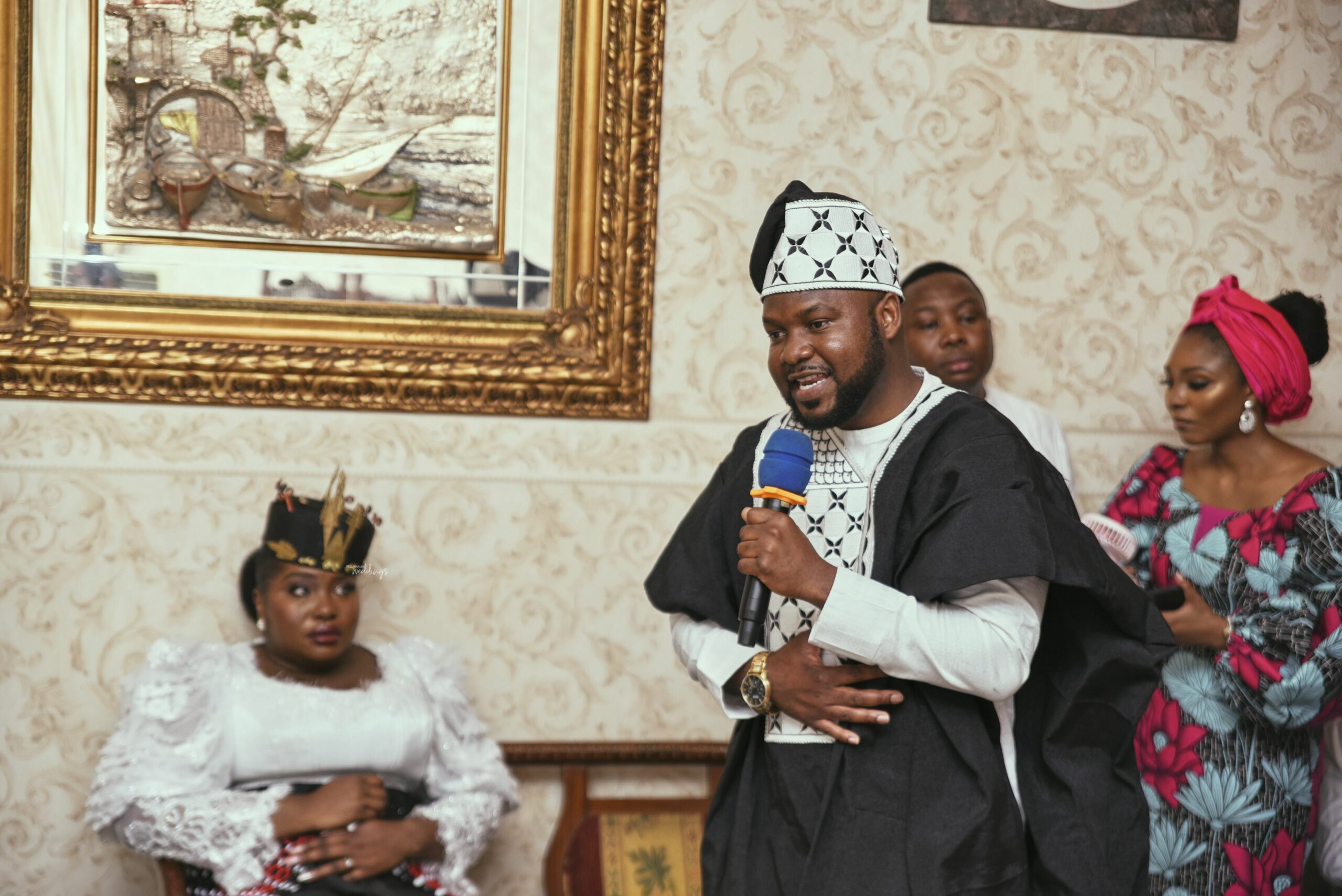
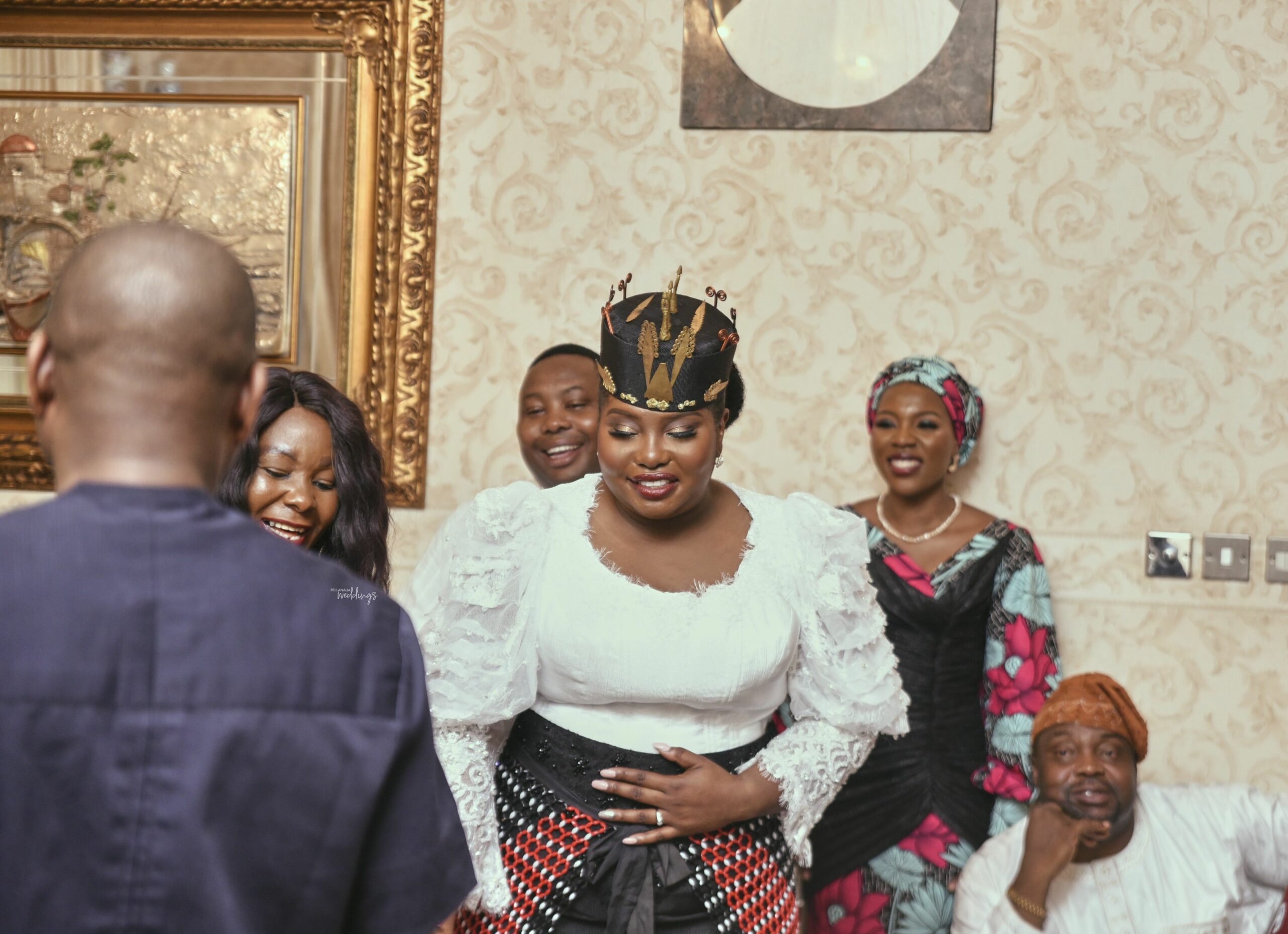
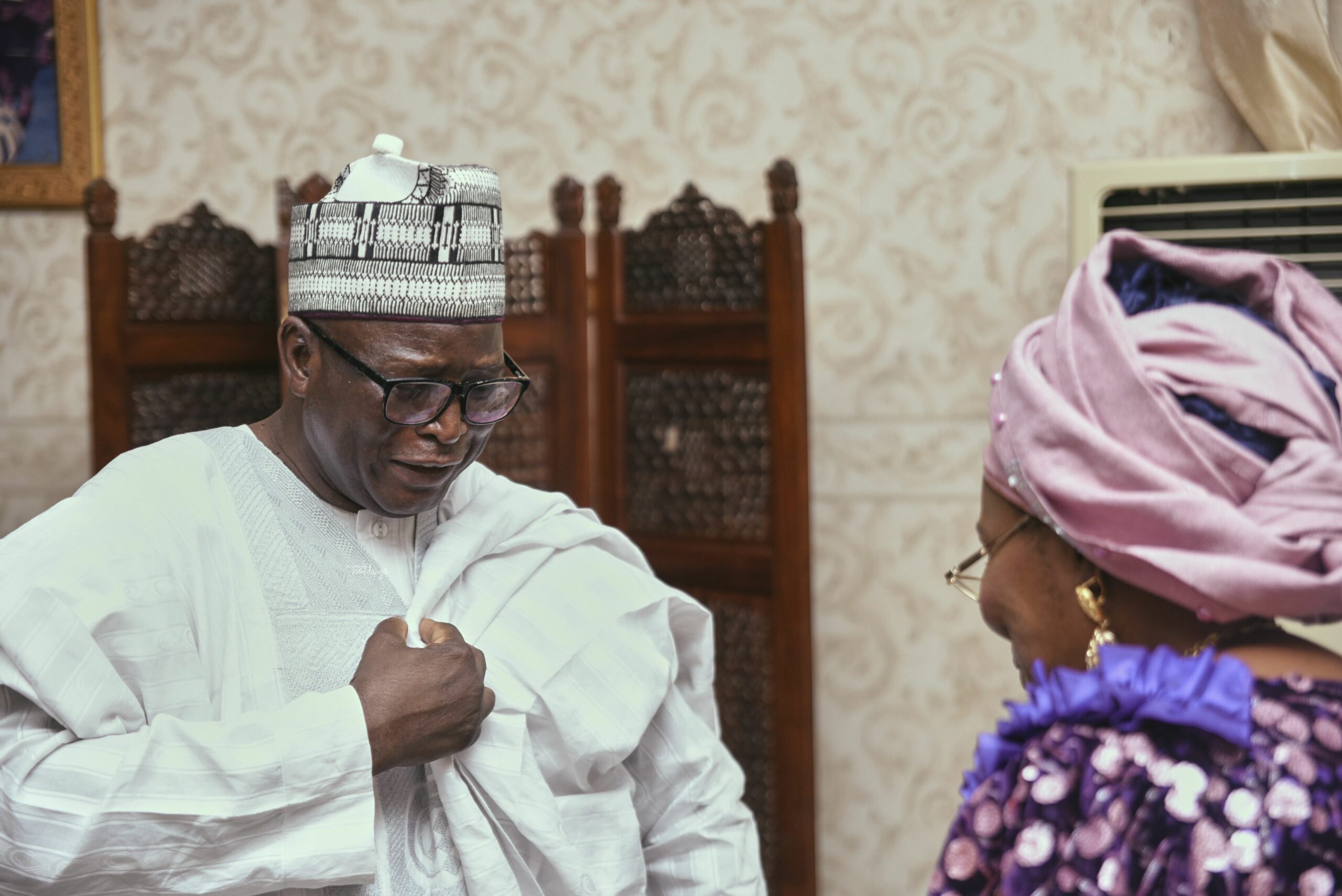
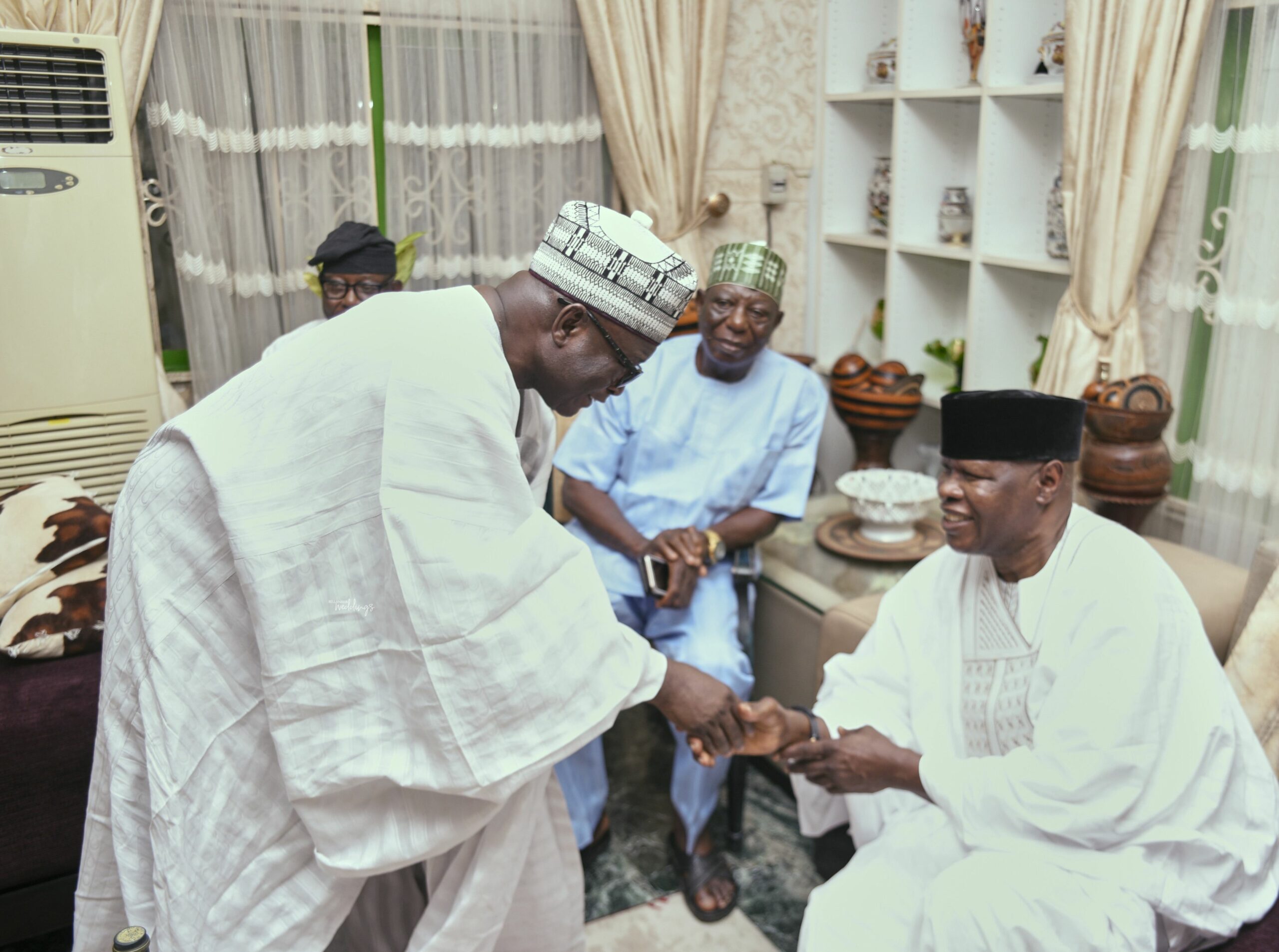
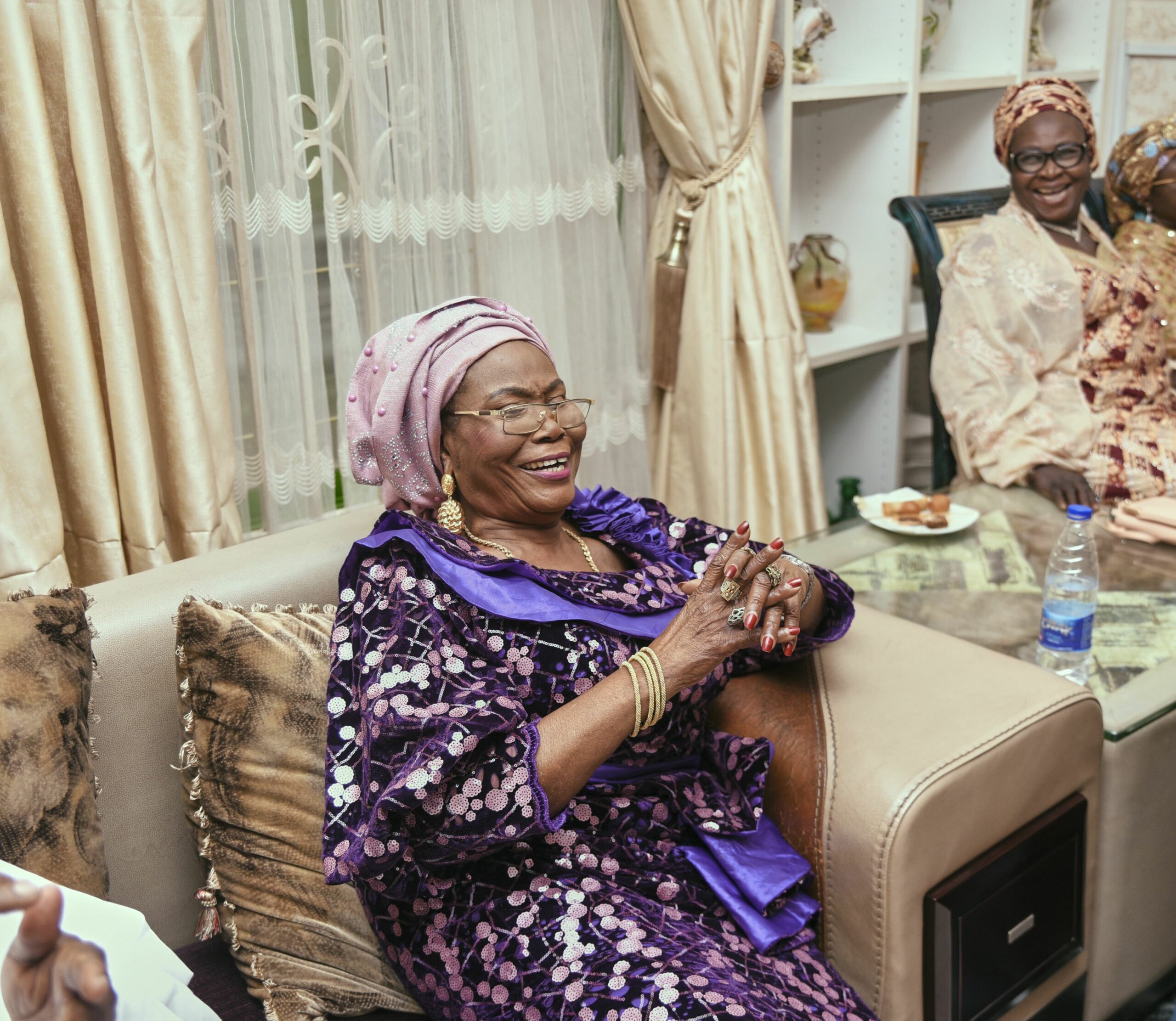
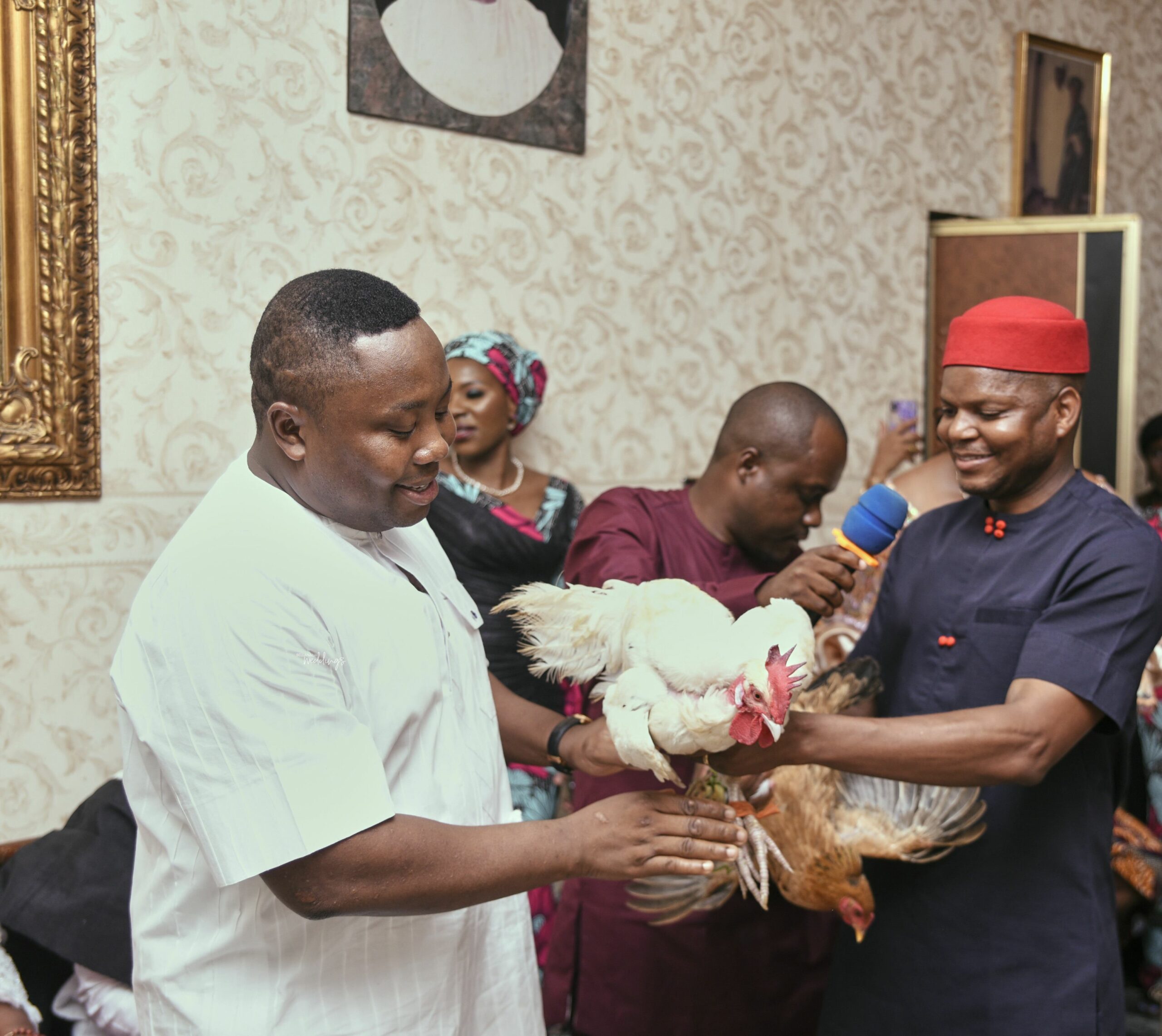
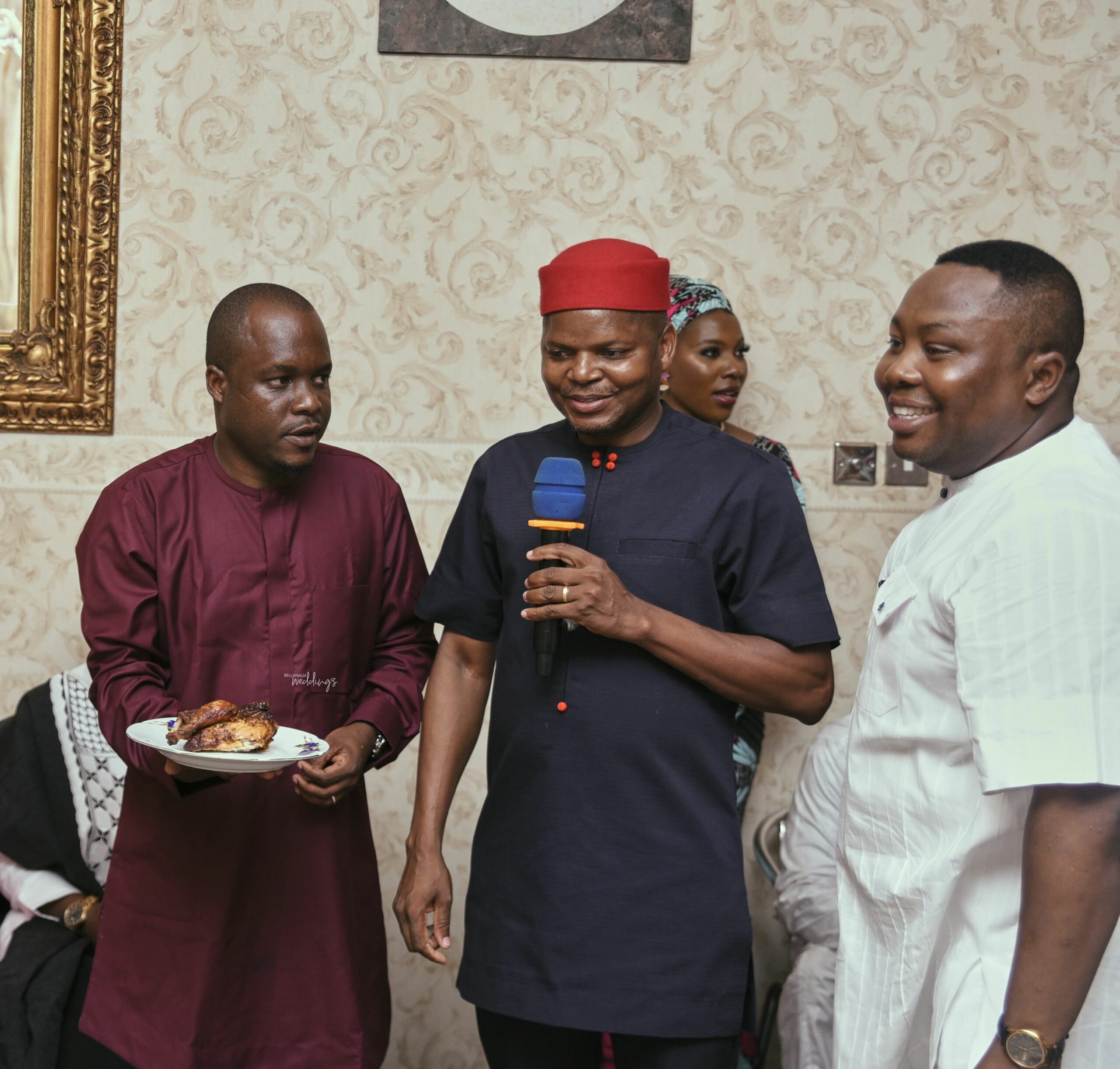
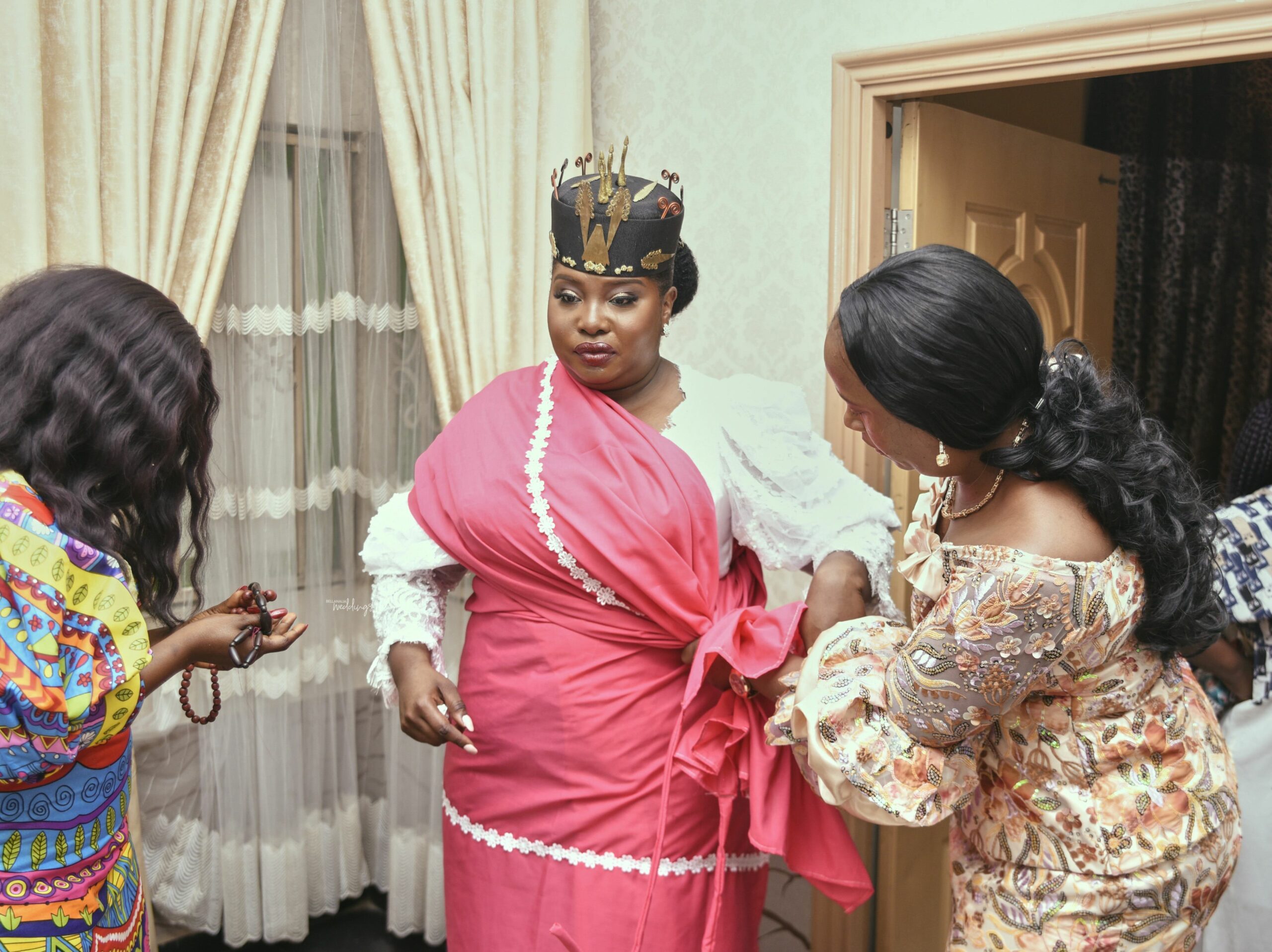
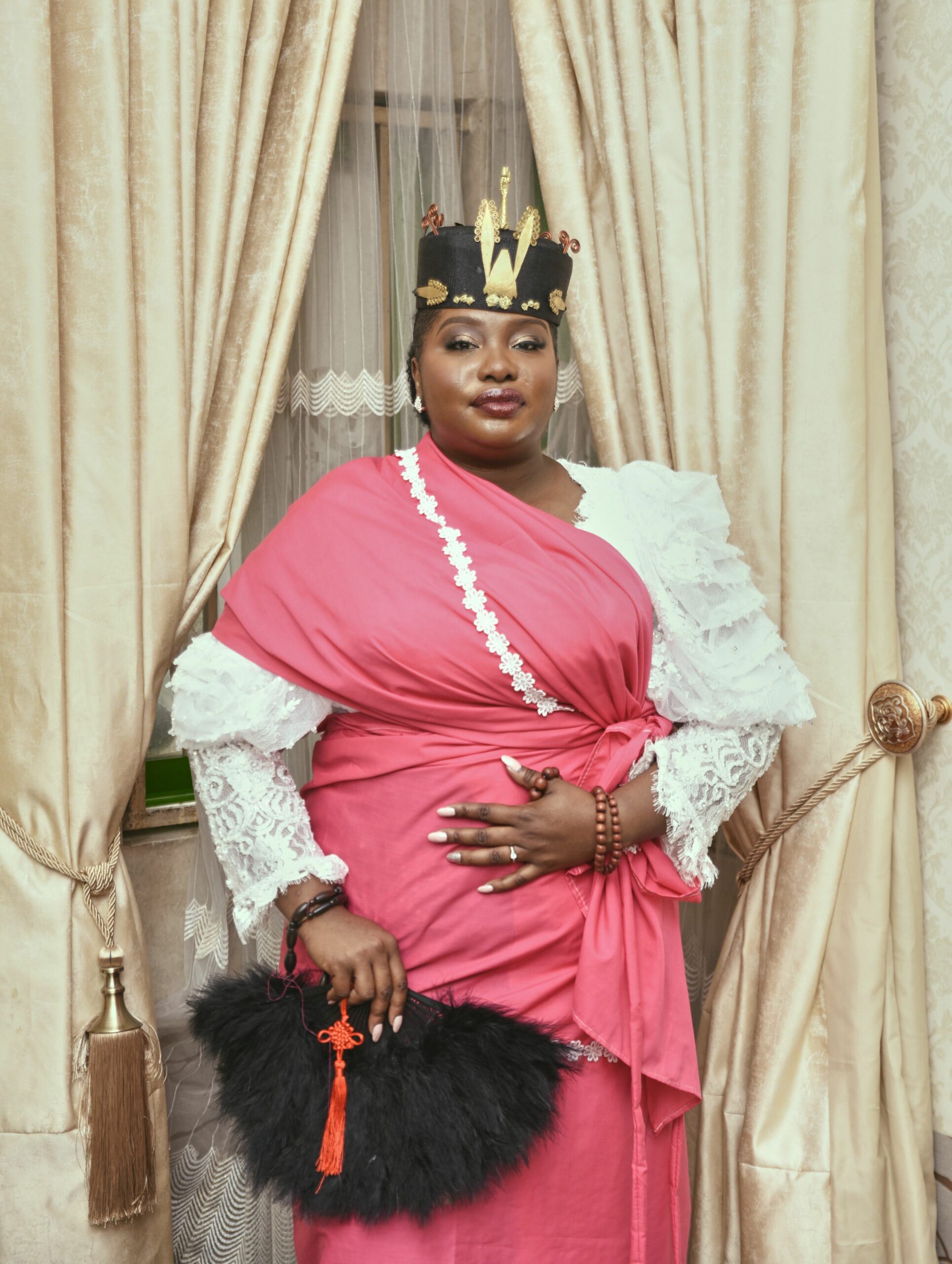
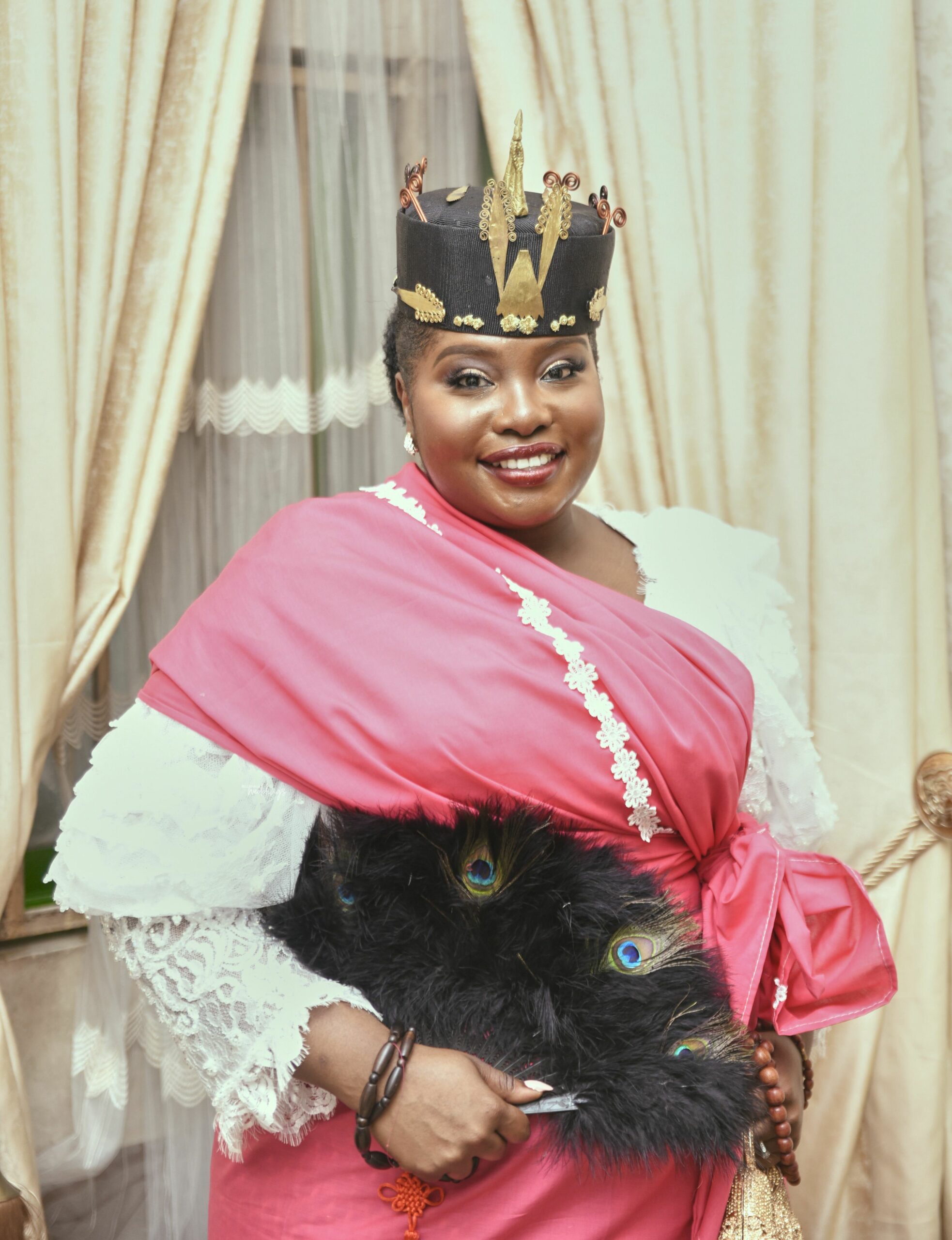
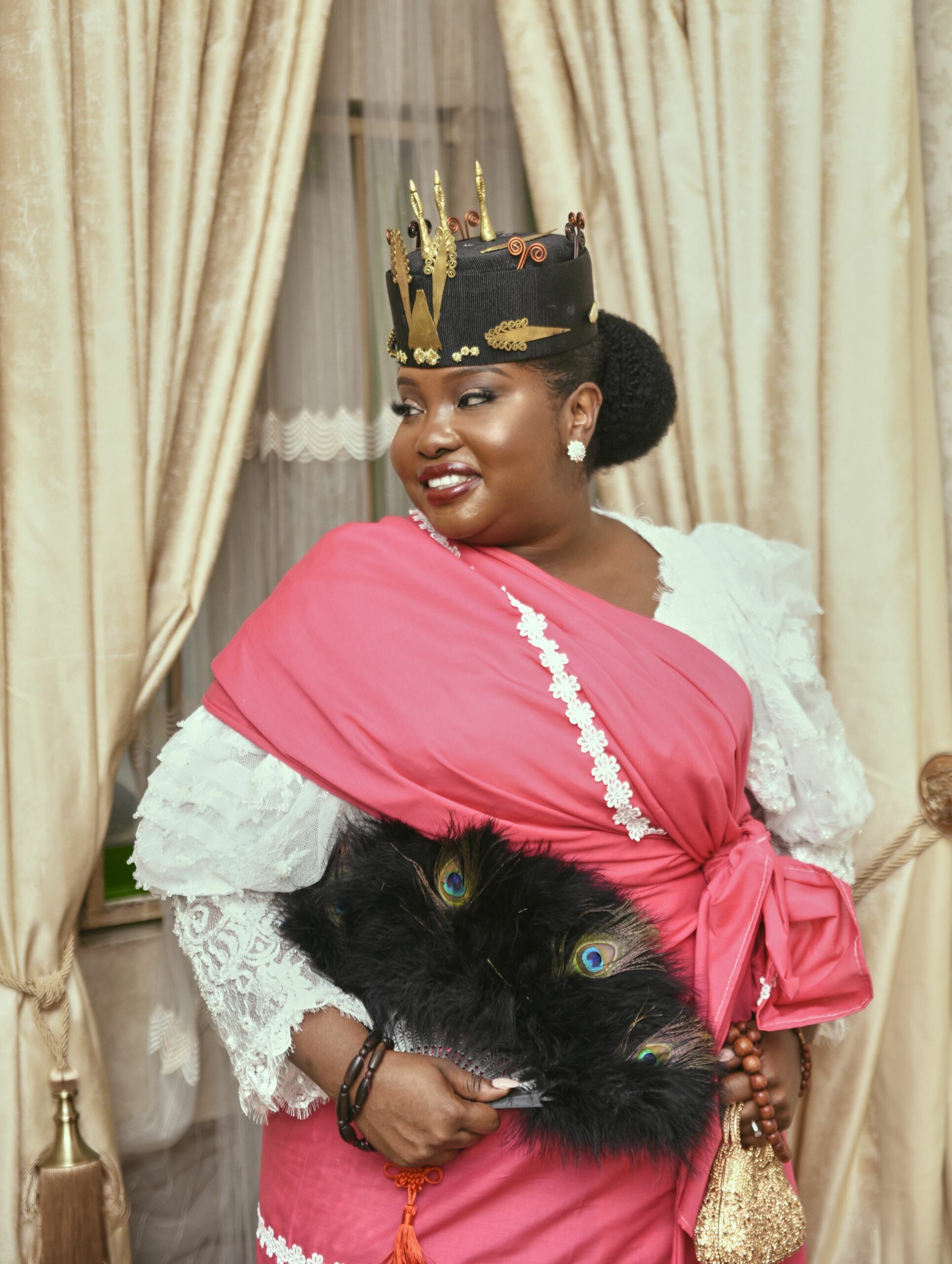
Bwatiye marital rites (Lokai):
Lokai is a significant and symbolic procession of gifts and decorated calabashes from the bride’s home to her new matrimonial home. However as the ceremony took place in Abuja, this was carried out at the Bride’s parent’s home. The decorated calabashes and pots, which were filled with flour, dry okra, bukute (stew ingredients), etc, were carried by the bride’s friends and relatives. A cow was also slaughtered. The women in the procession sang and danced, and punctuated with nzo-koombe (women’s ululations). On reaching the groom’s home, the best man and the groom’s friends engage in negotiations with the bride’s relatives to release the bride to him. This is done in a very animated and lively manner and followed by dancing and games.
The Lokai being carried out…
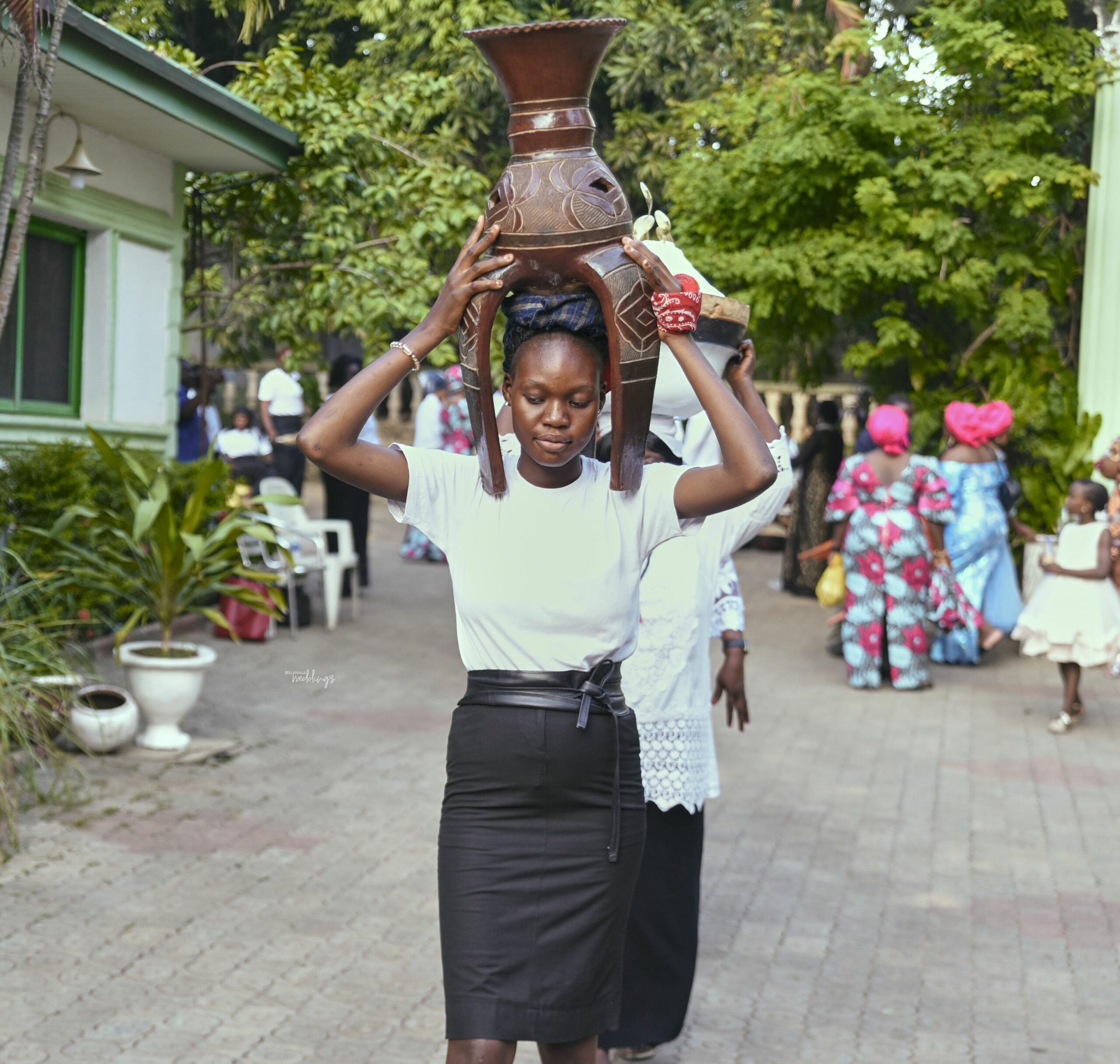
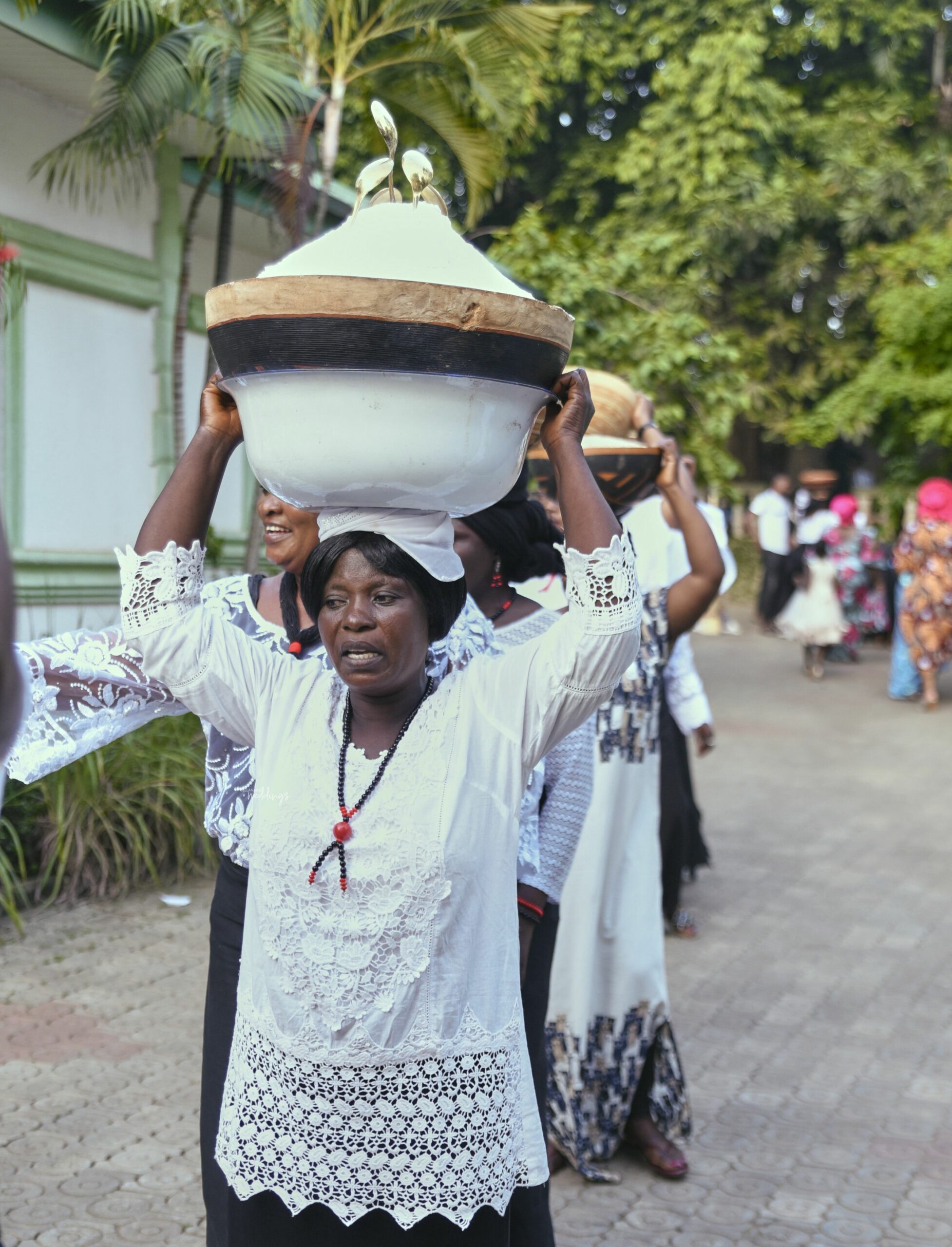
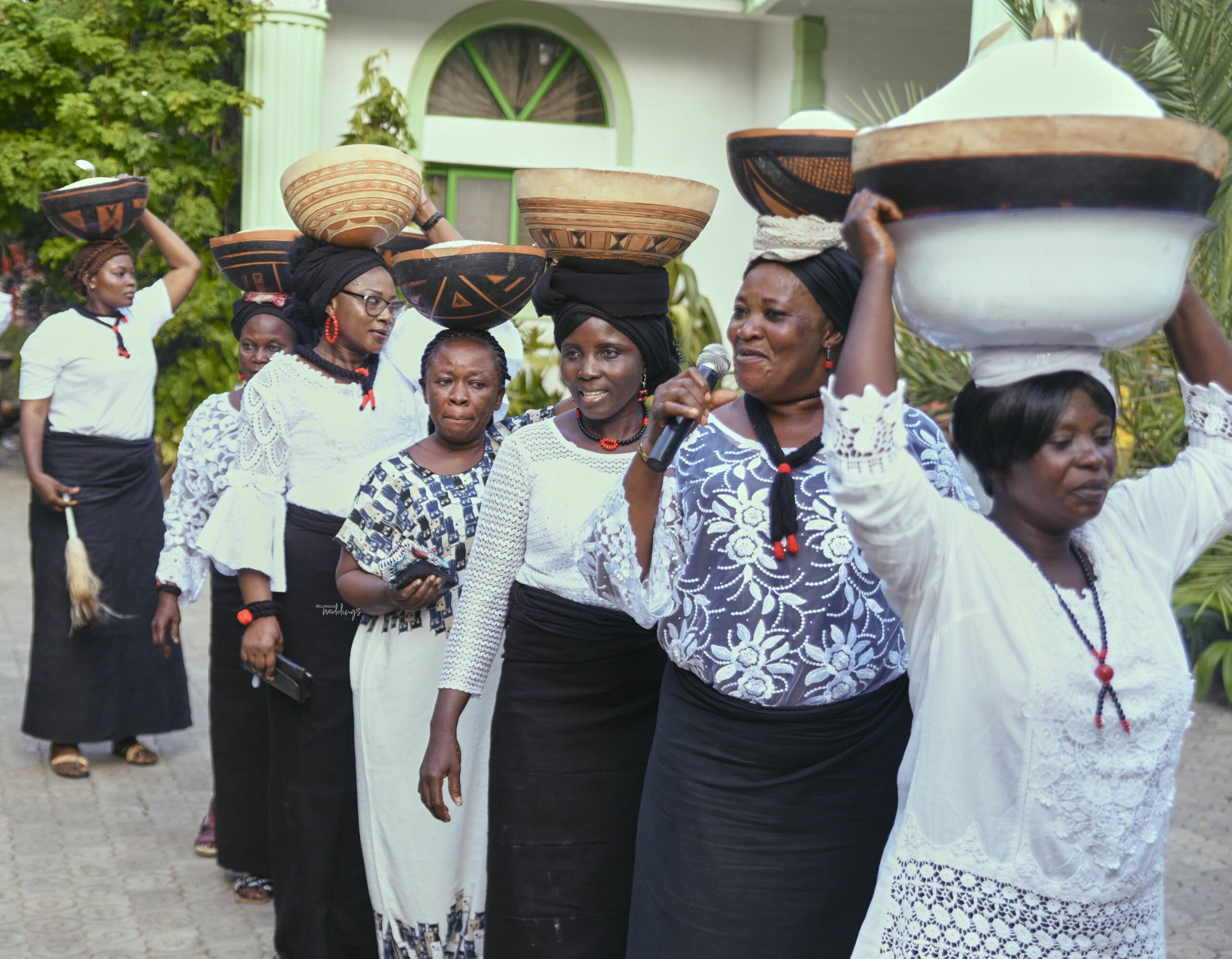
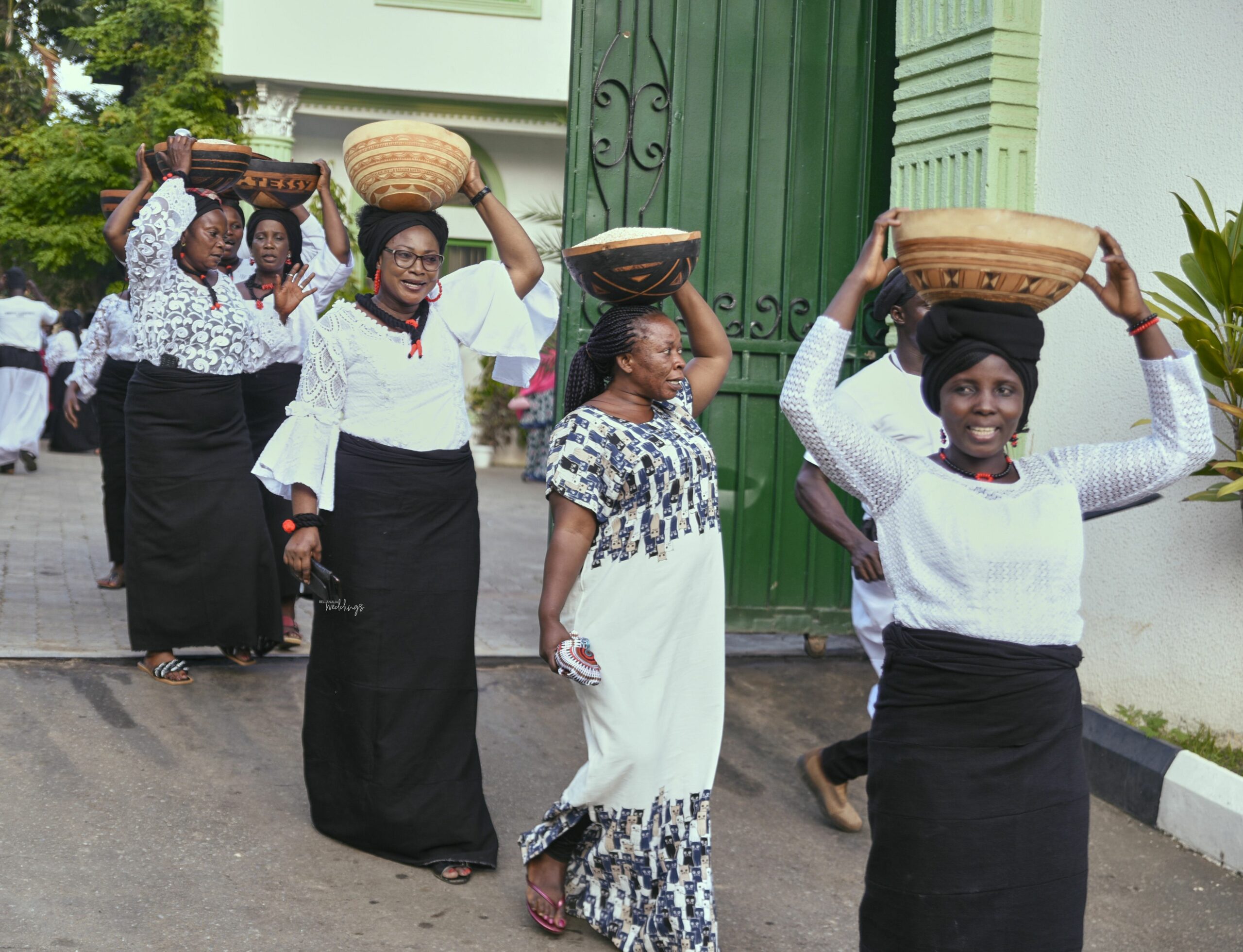
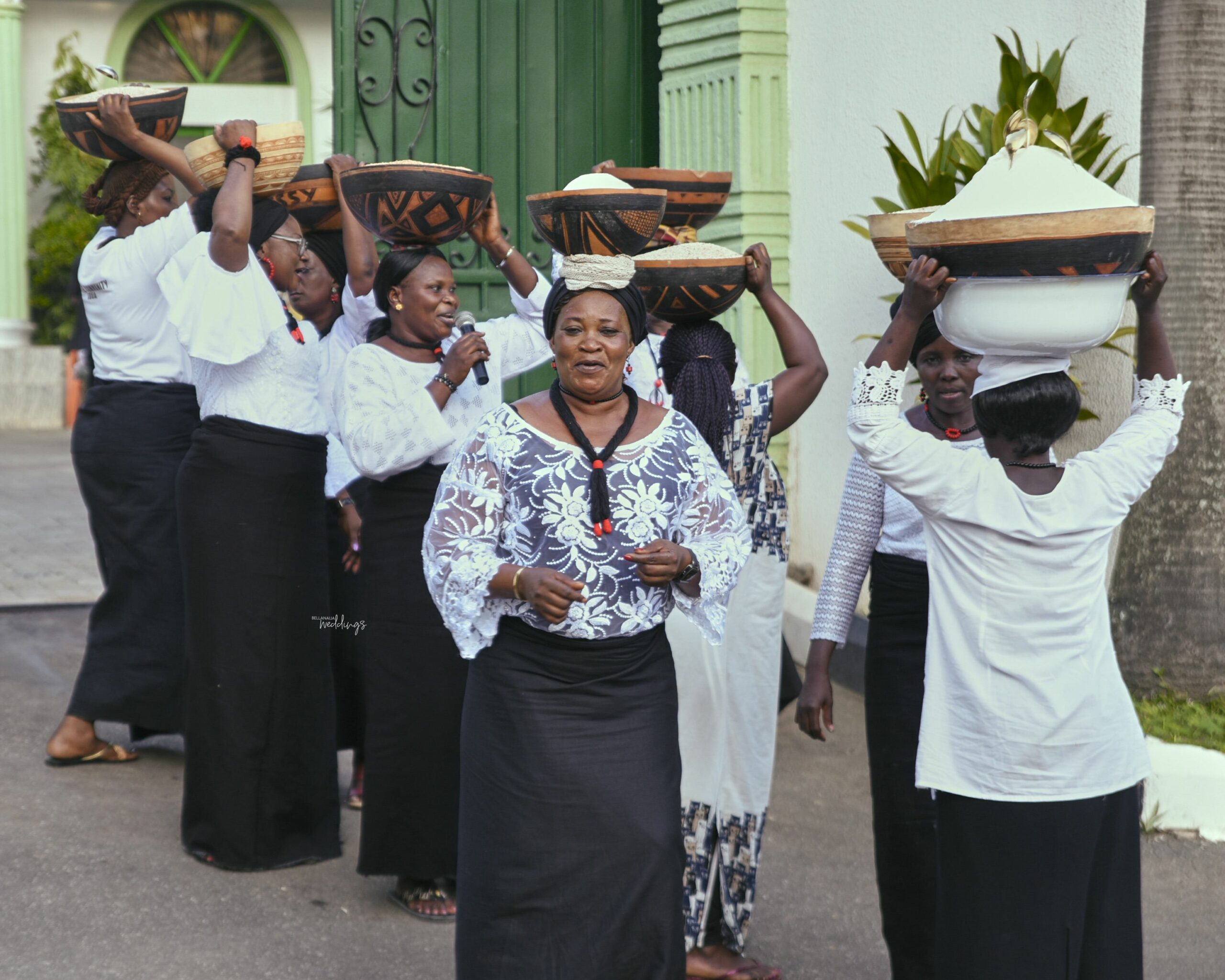
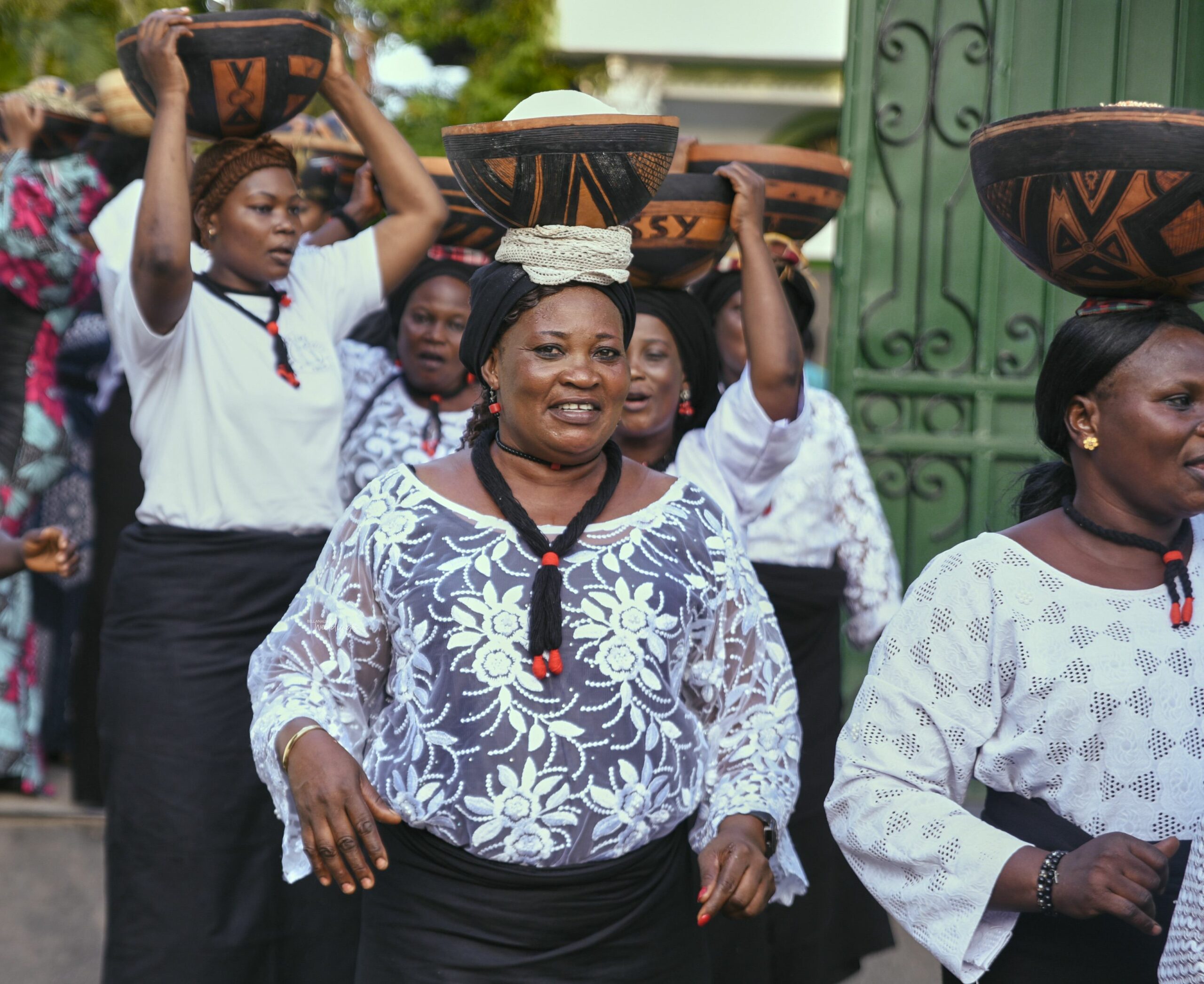
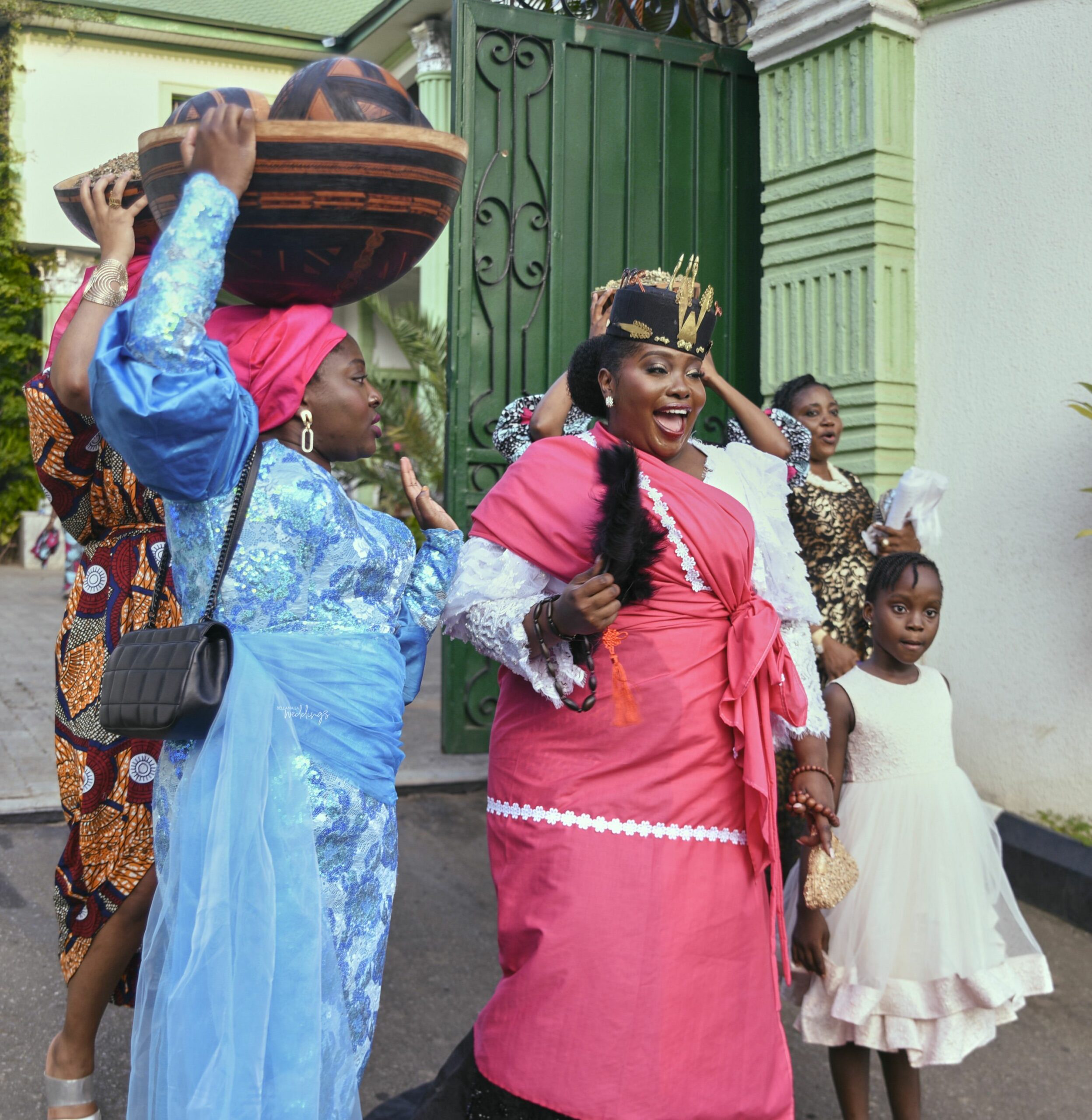
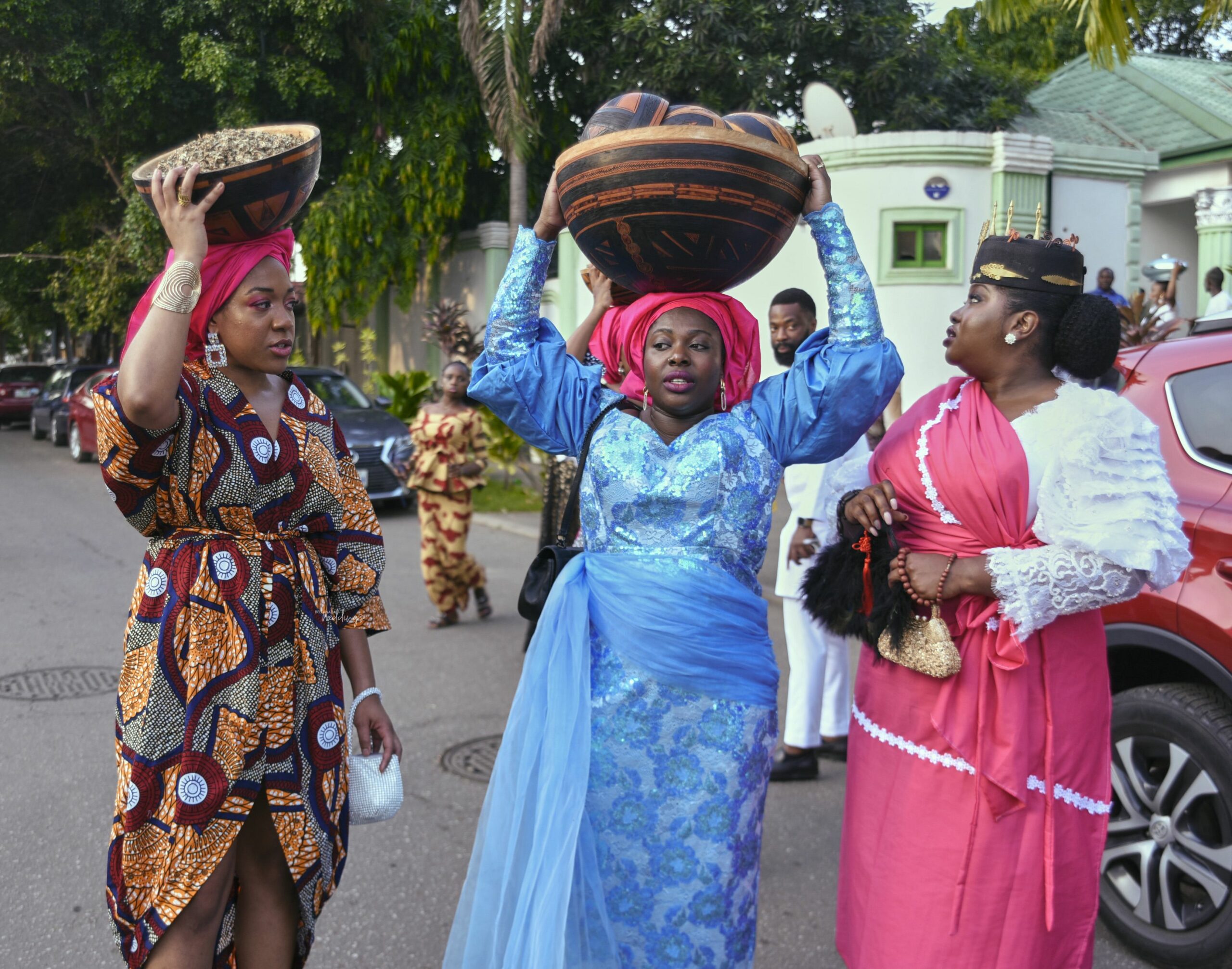
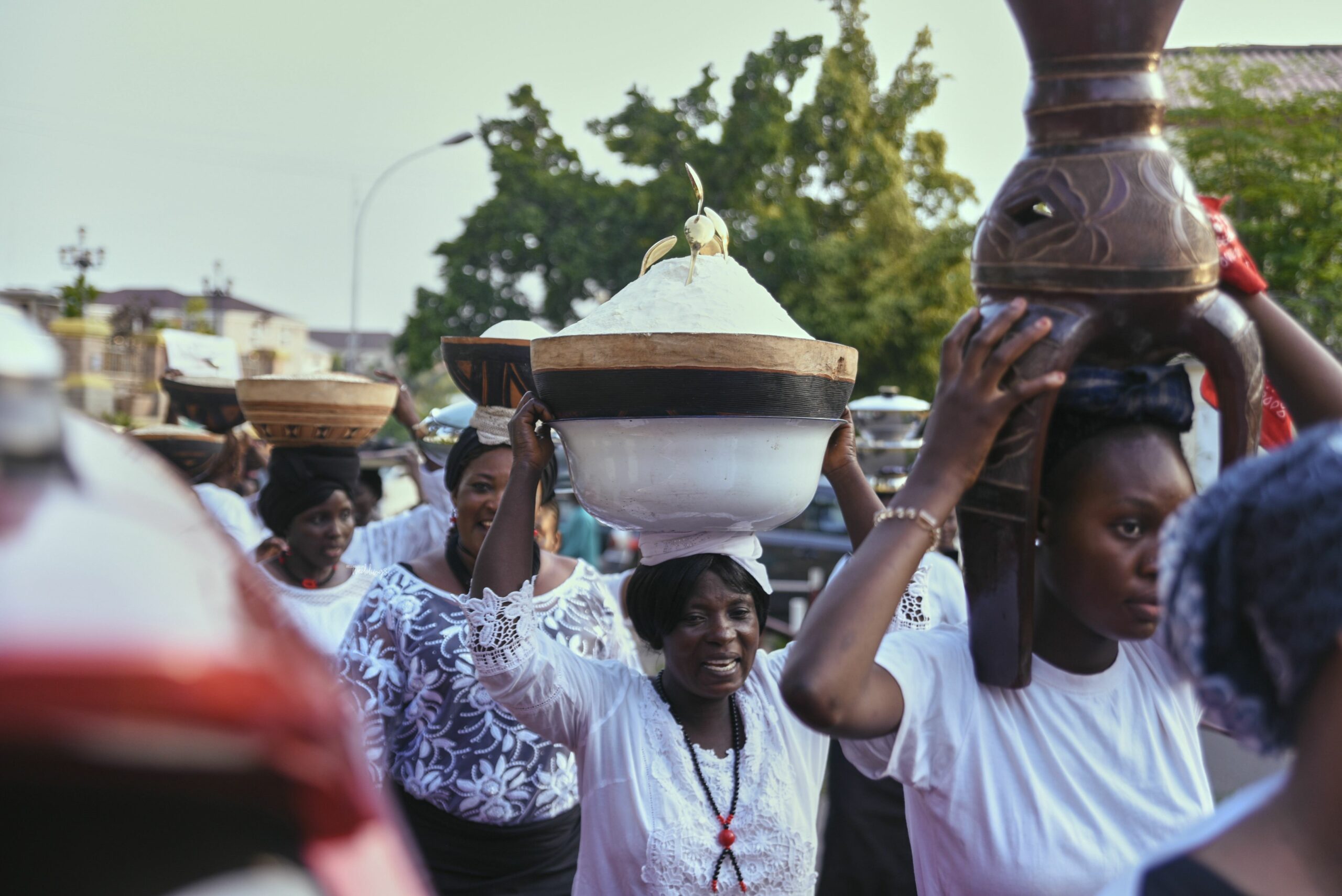
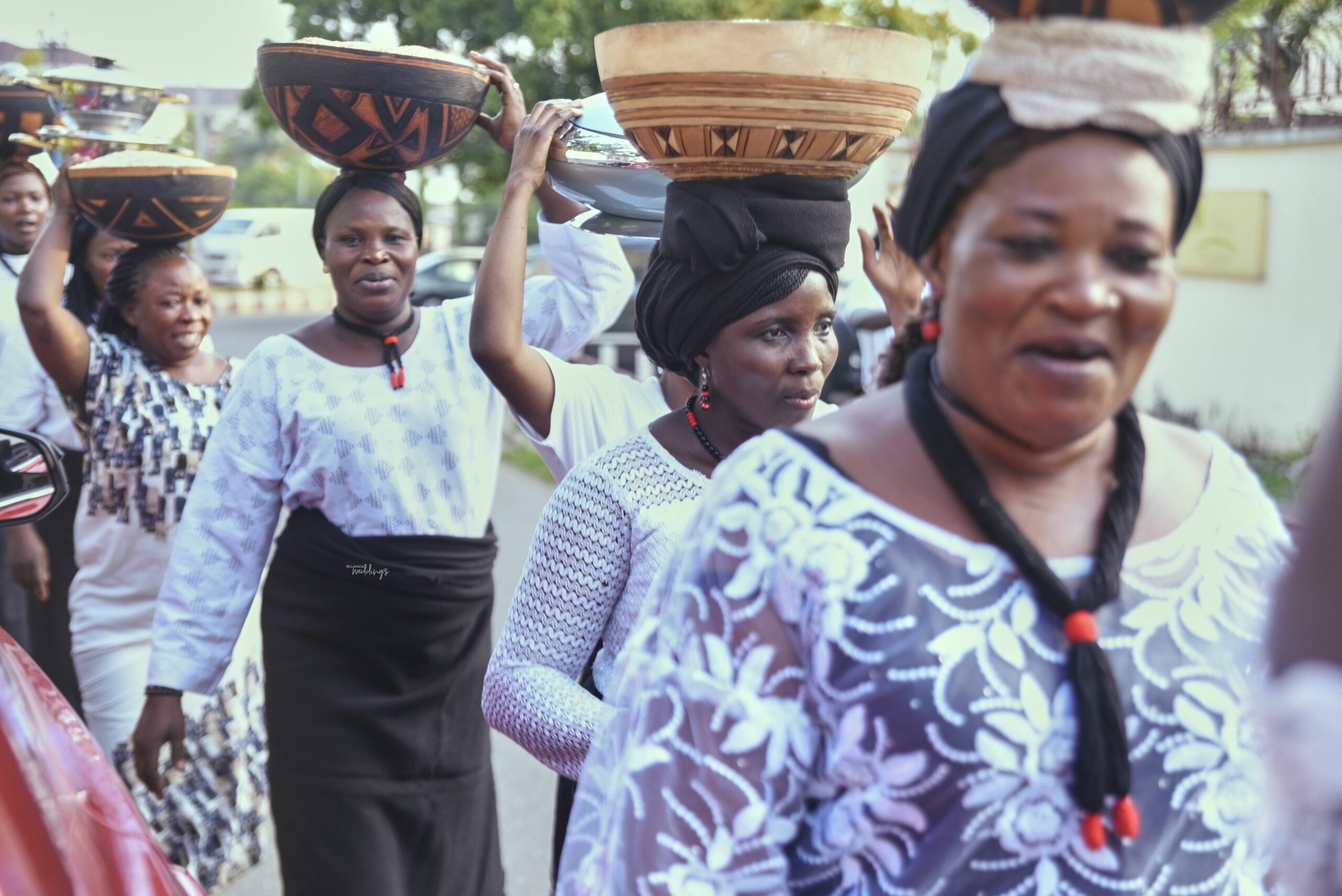
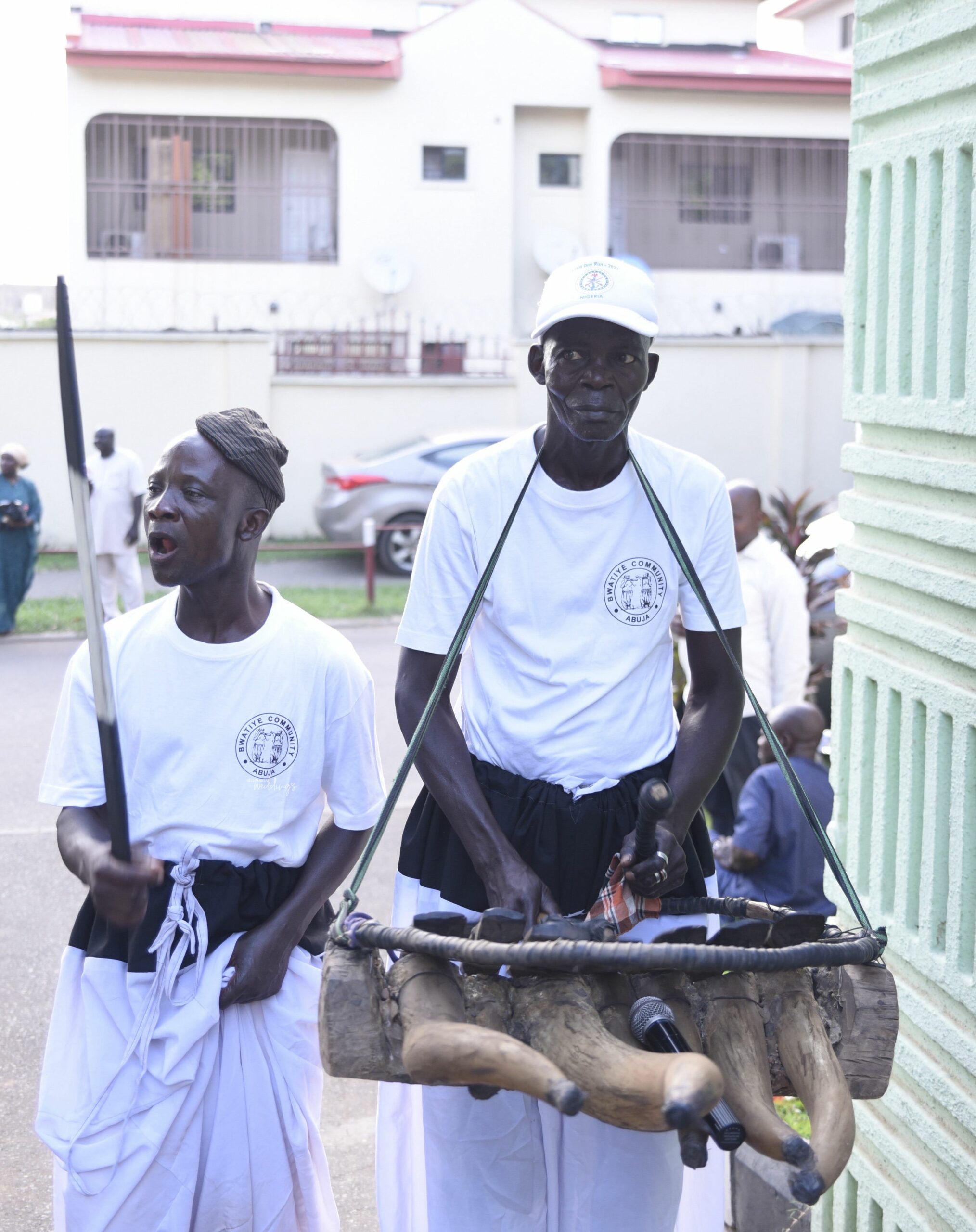
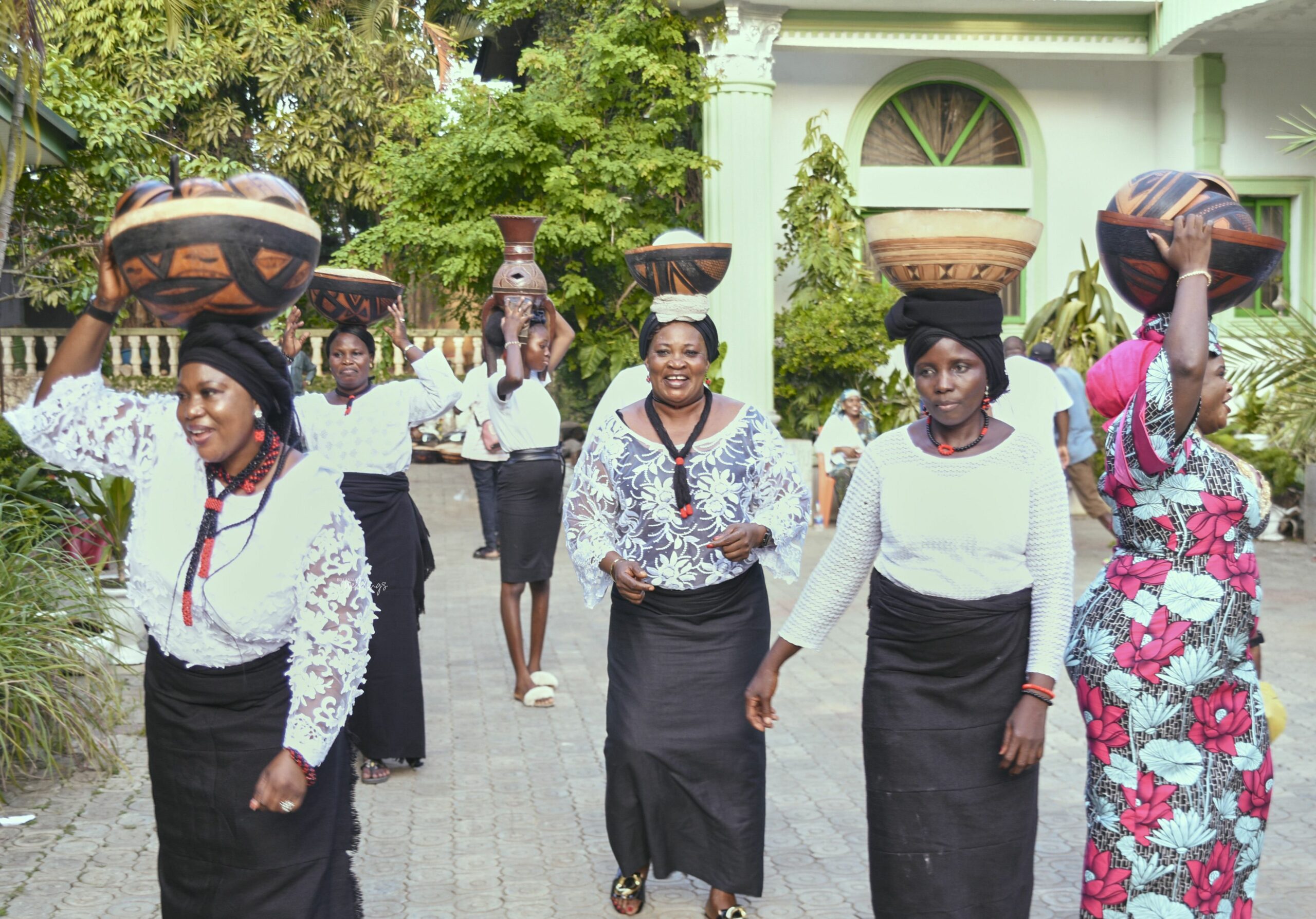
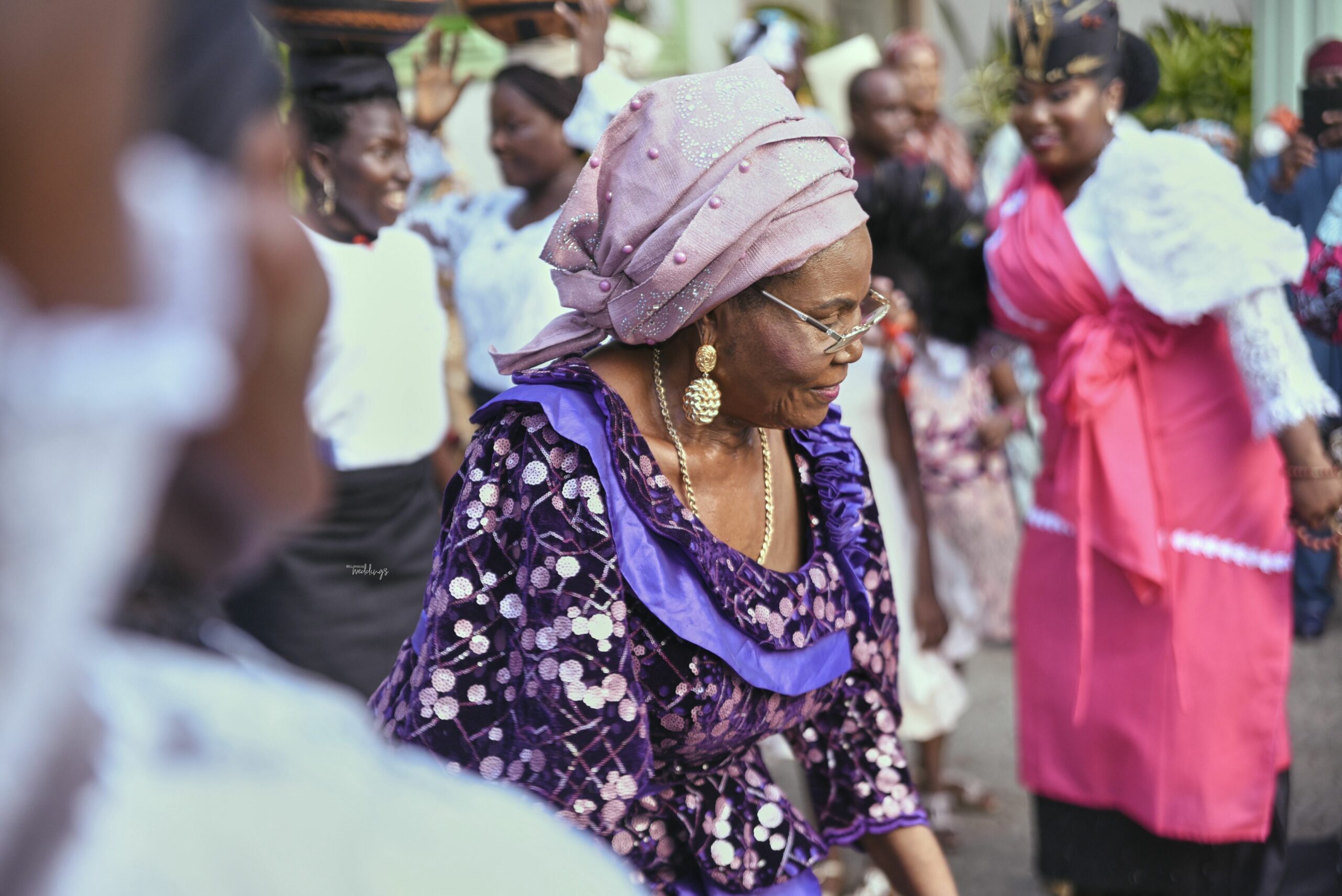
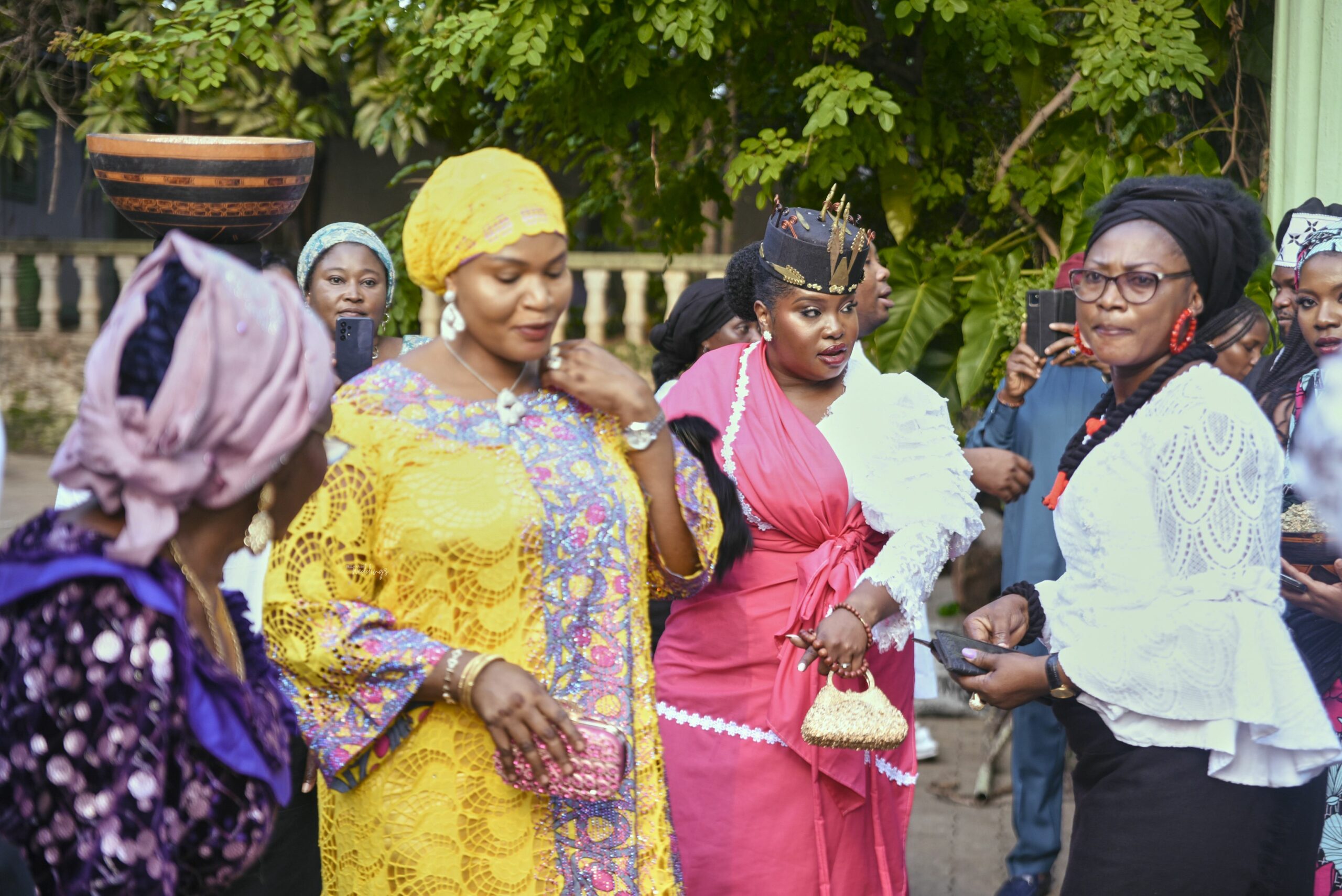
Credits
Planner: @daffodil_events_abuja
Photography: @khaleegraphy of @khaleegraphyweddings | @mickie_pictures
Stylist: @thequirkystylist_
Bride and Groom’s Bwatiye outfits: @shadiat_alasooke
Bwatiye Inspired Cap: @visual_hats
Bride’s shoes: @katmaconie
Groom’s shoes: @walklondonshoes
Makeup: @nerobeau
Hair: @solangehairandbeauty

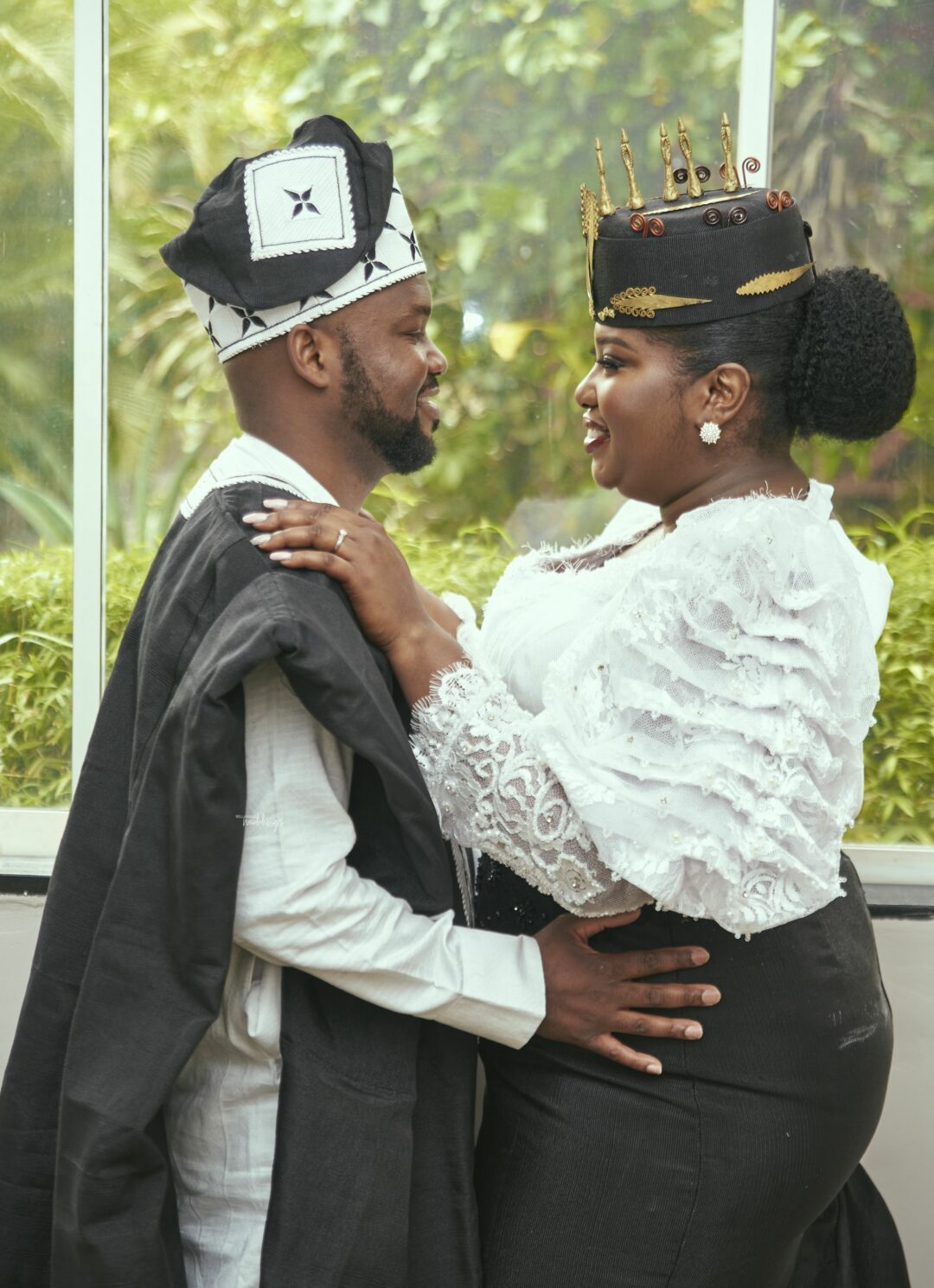
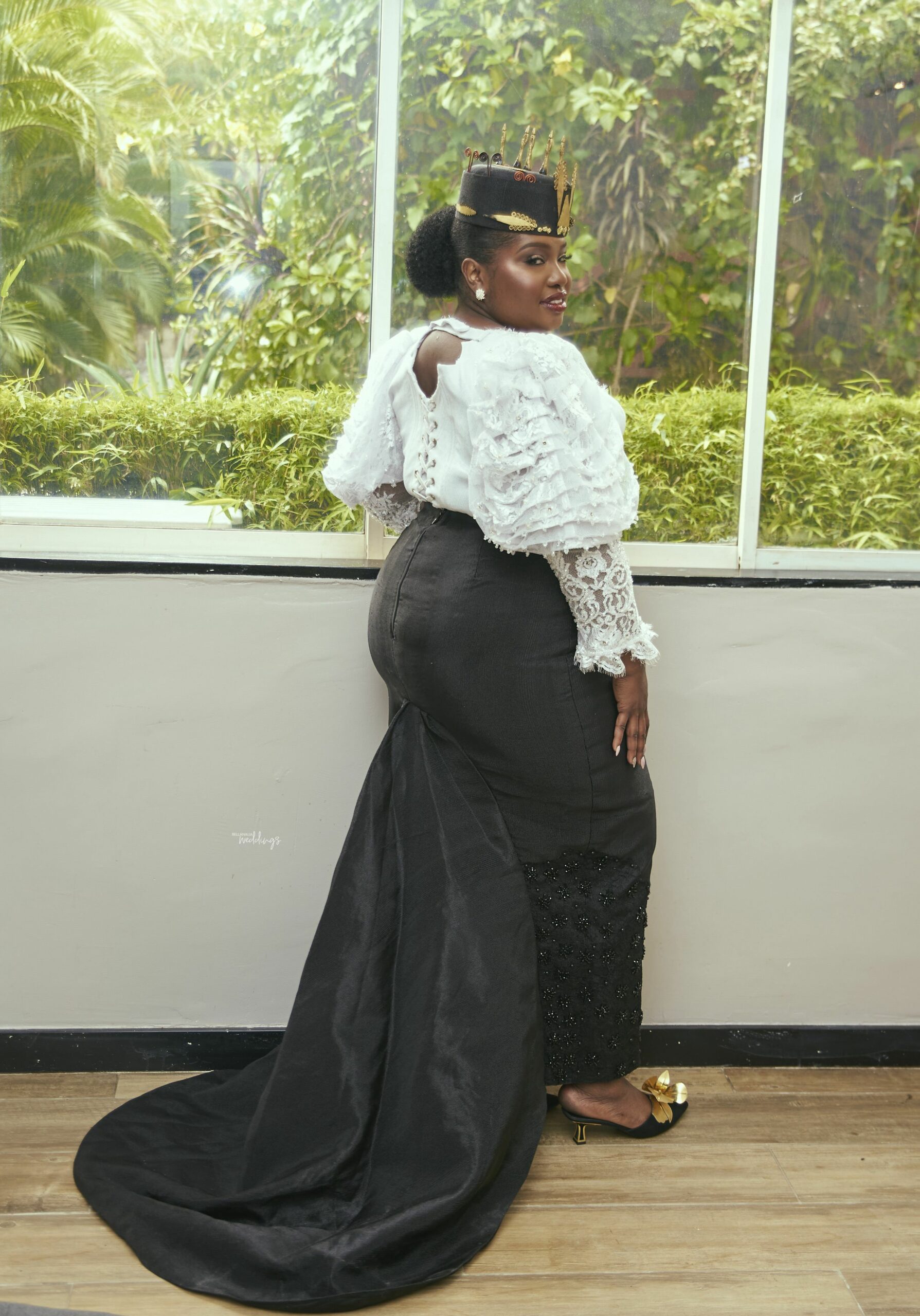
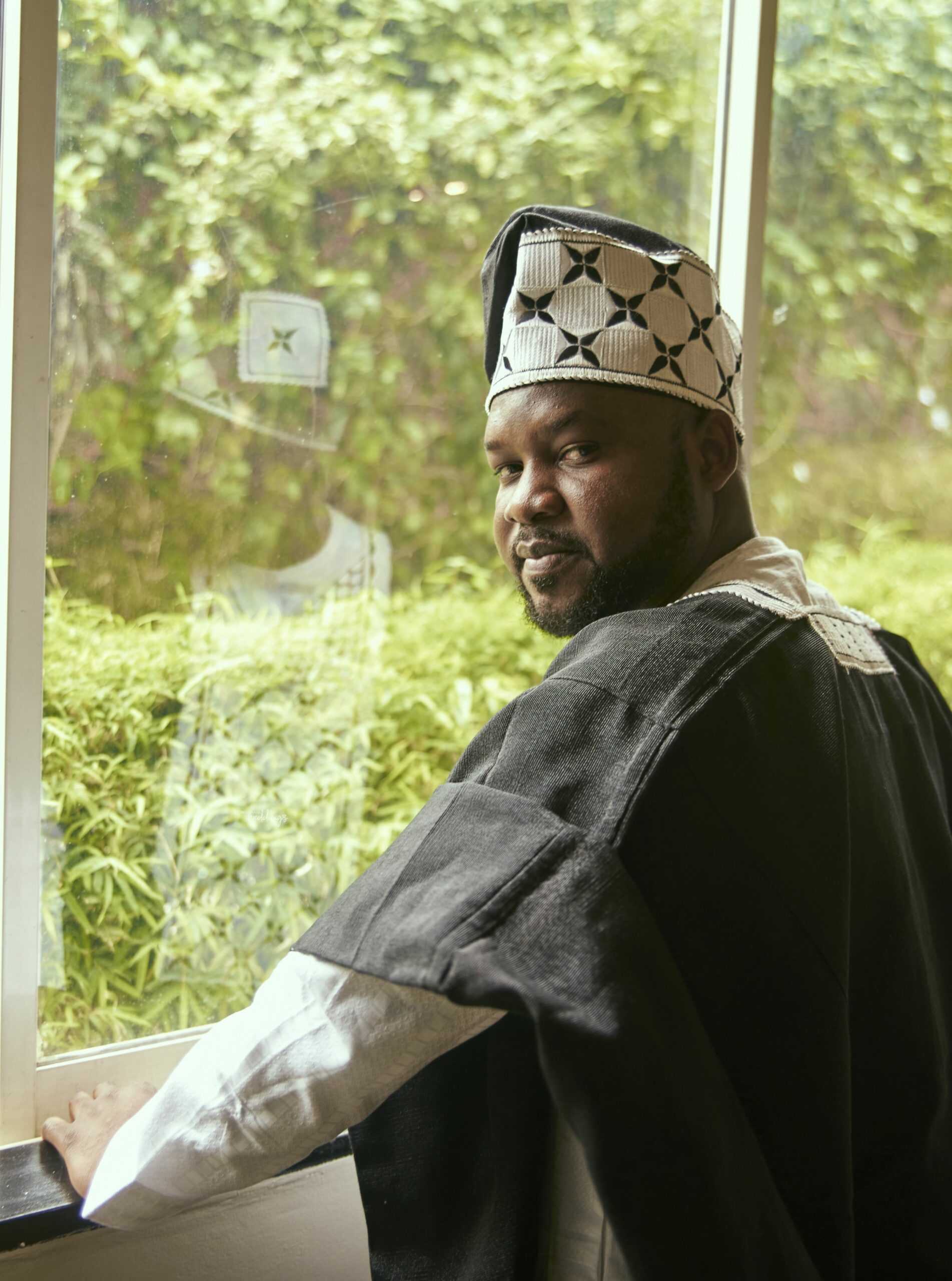
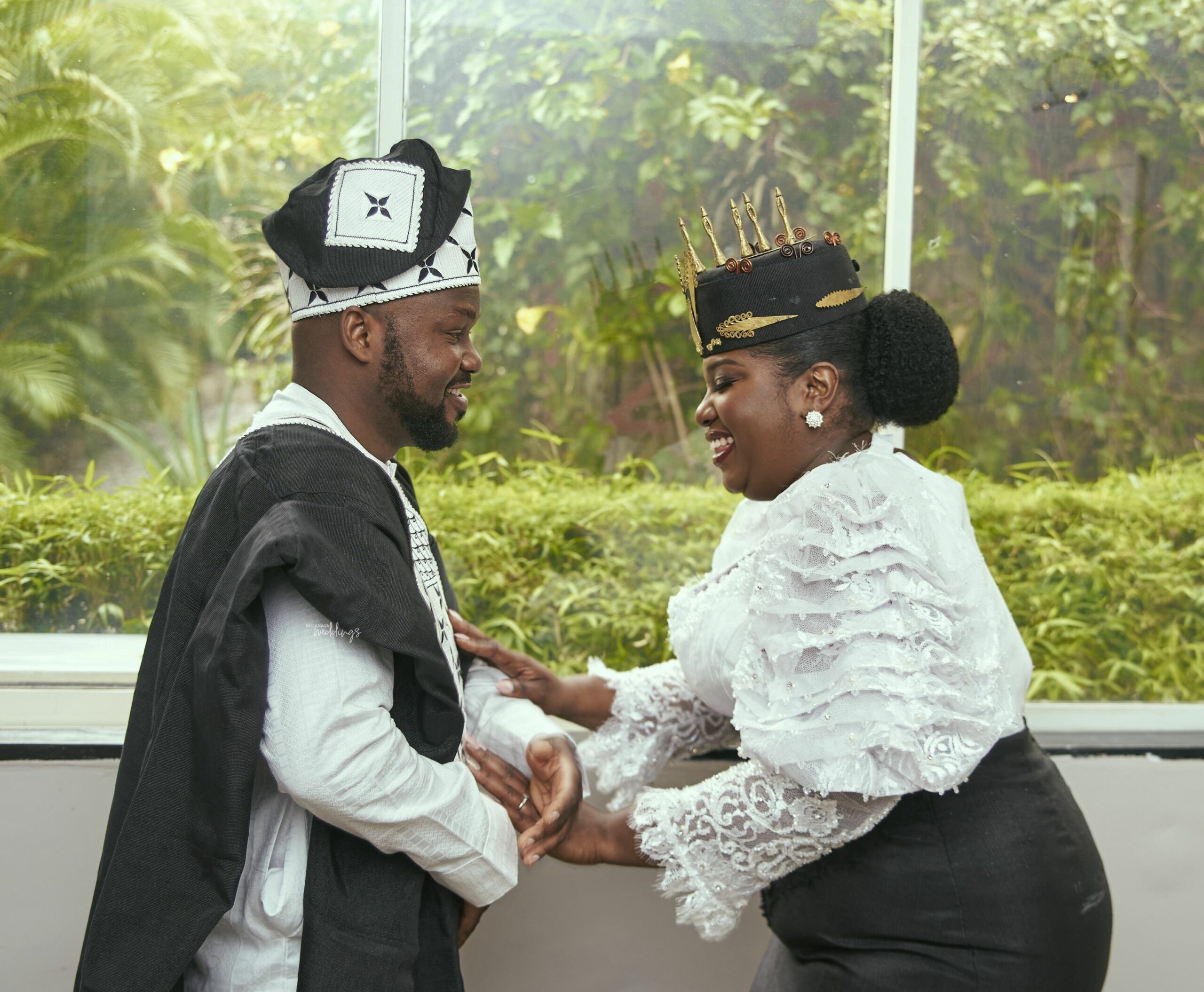
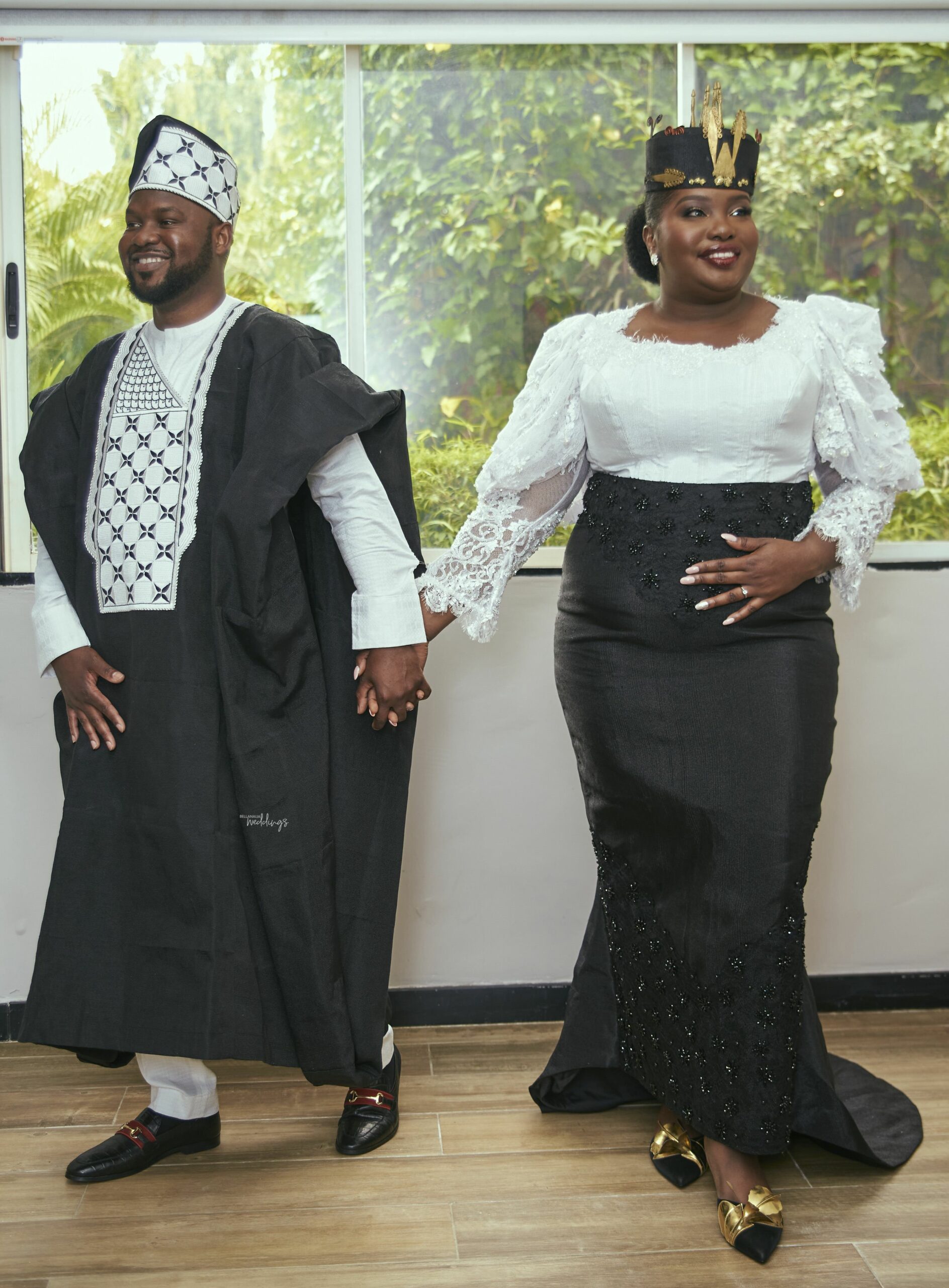
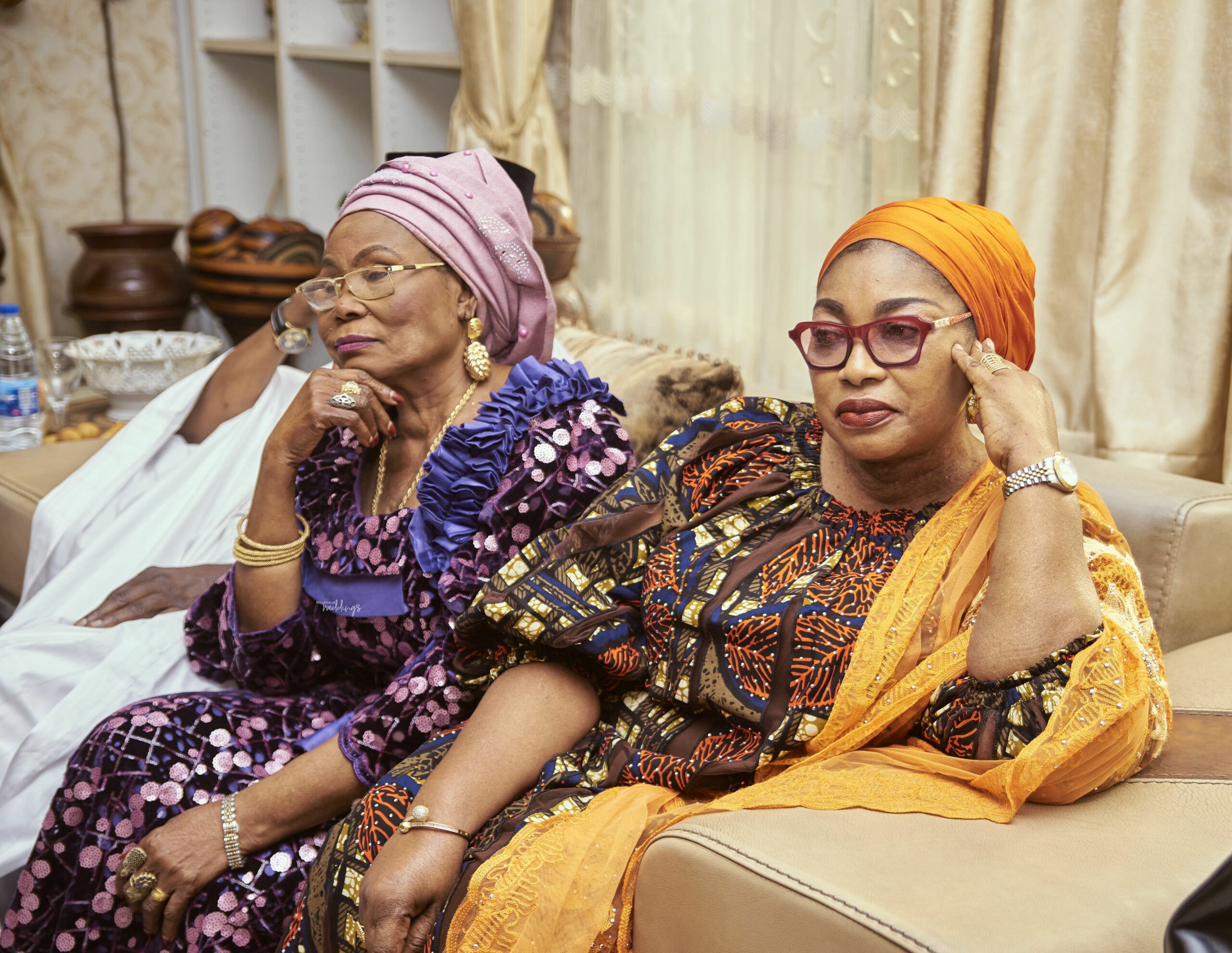
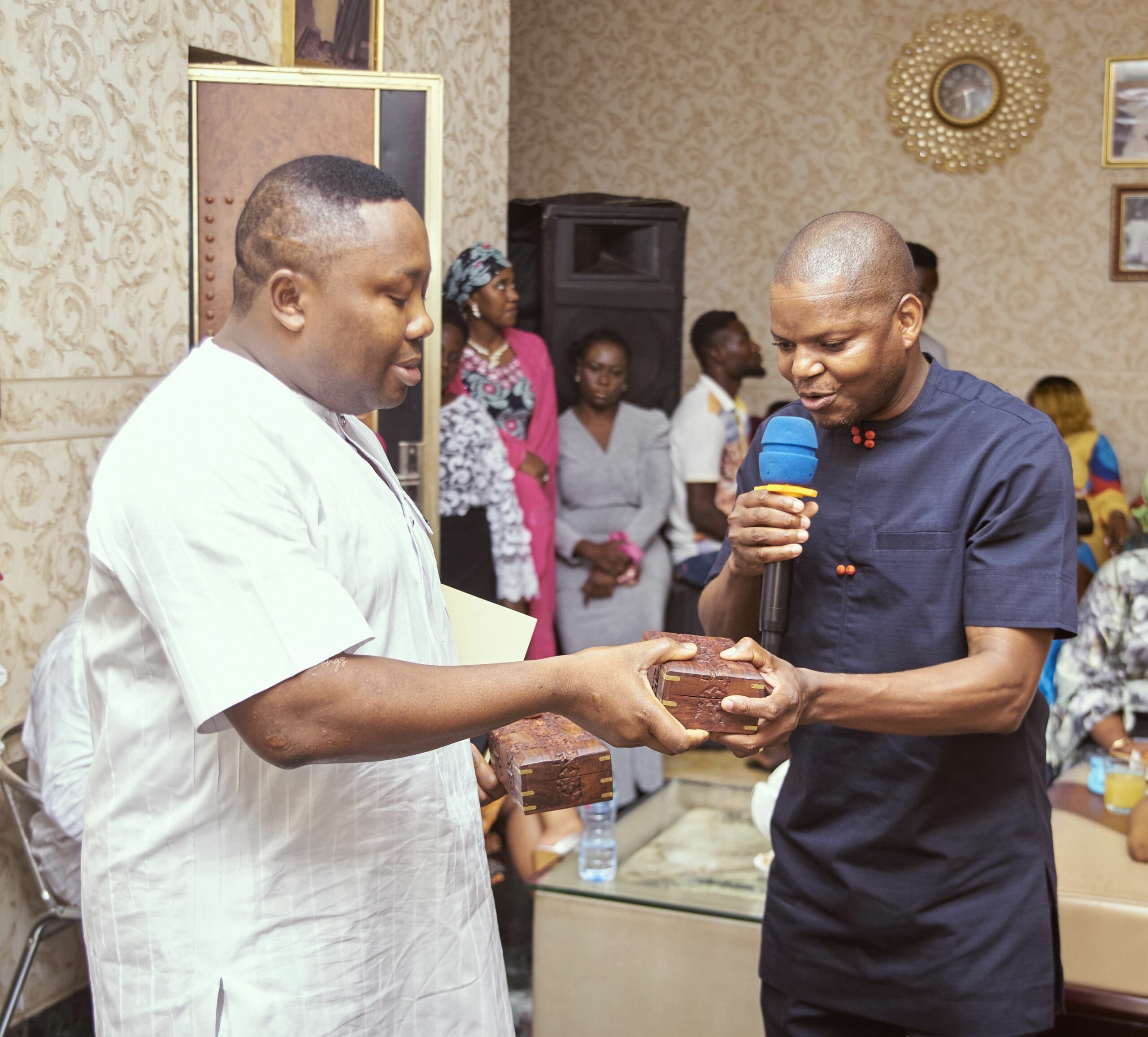
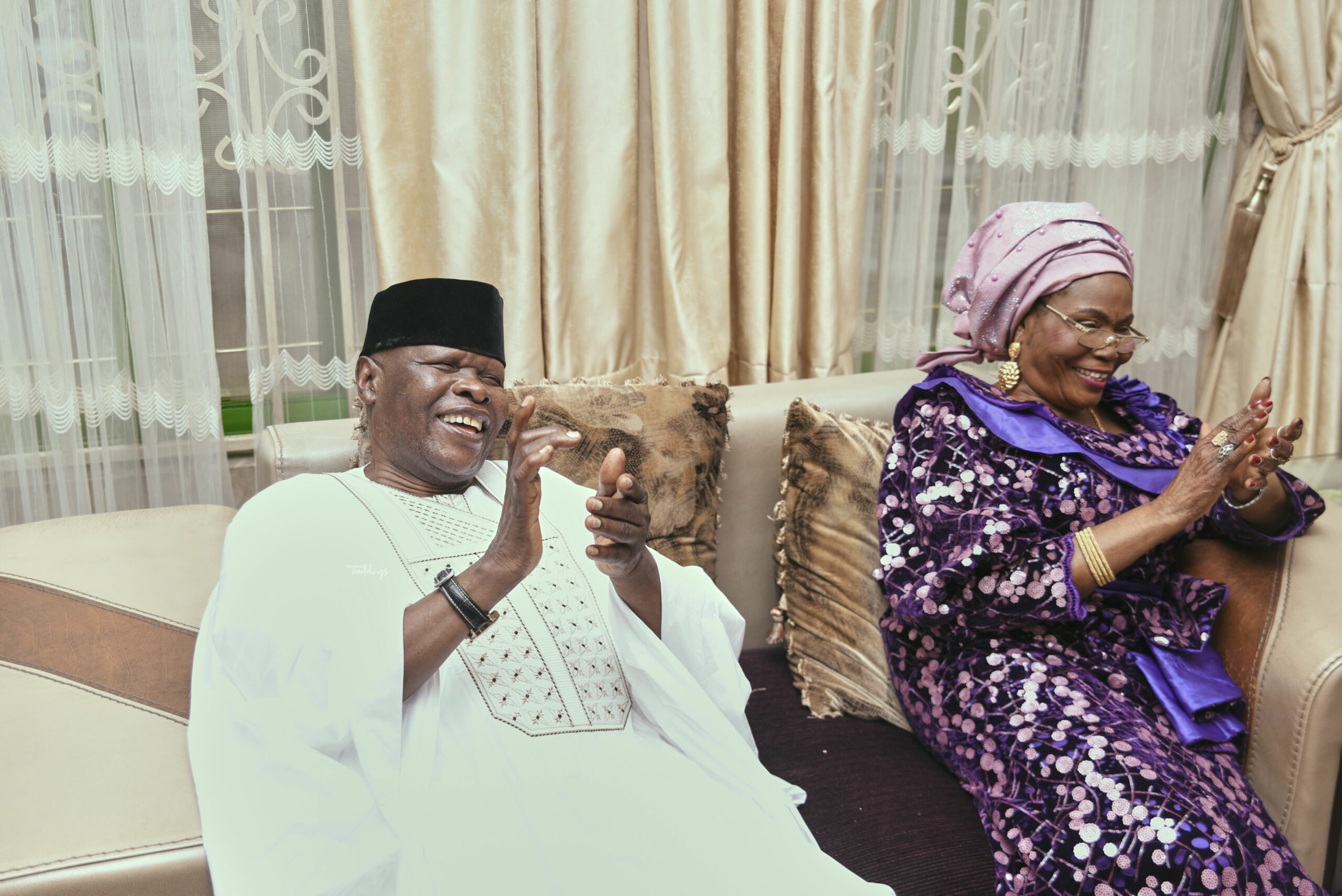
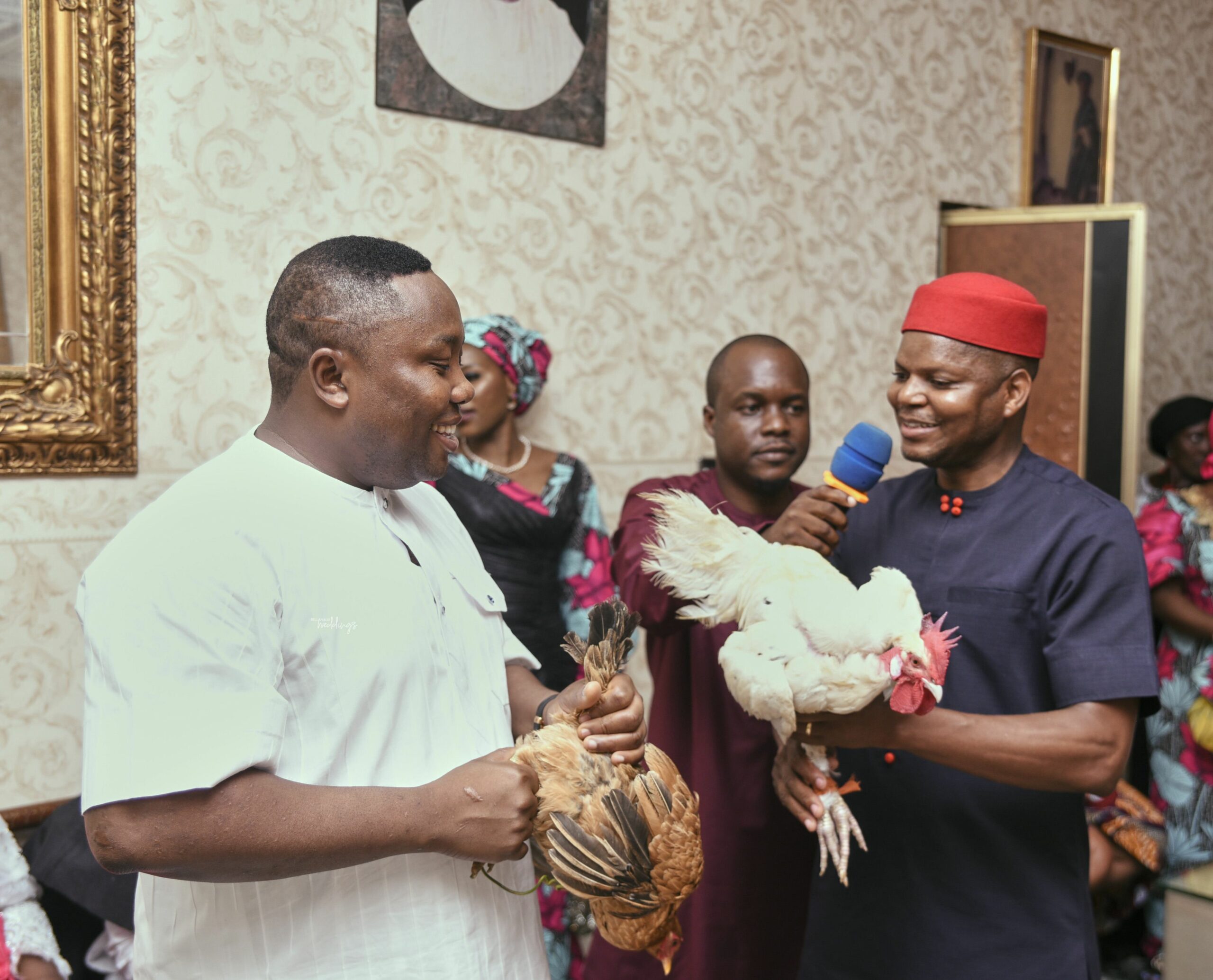
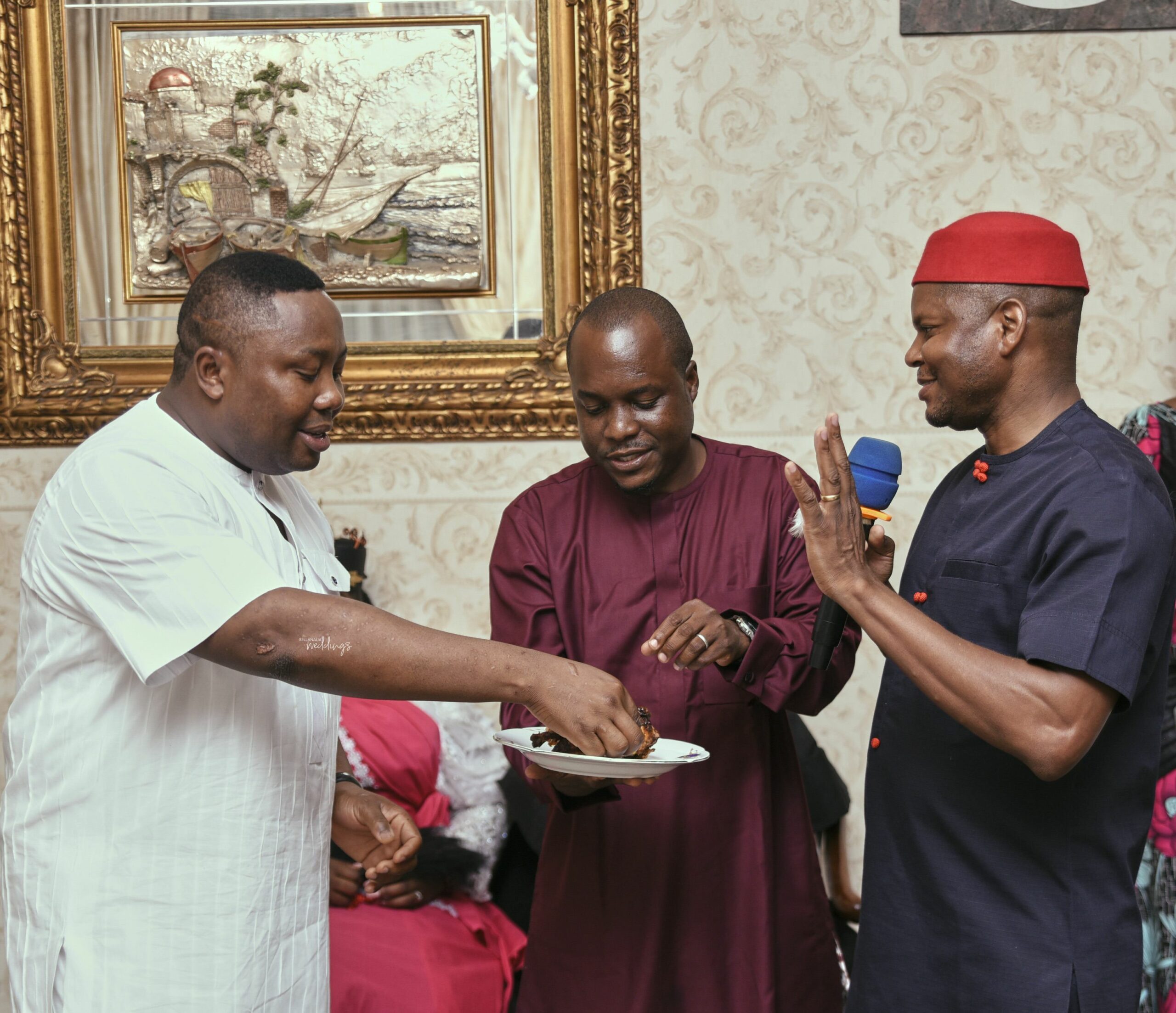
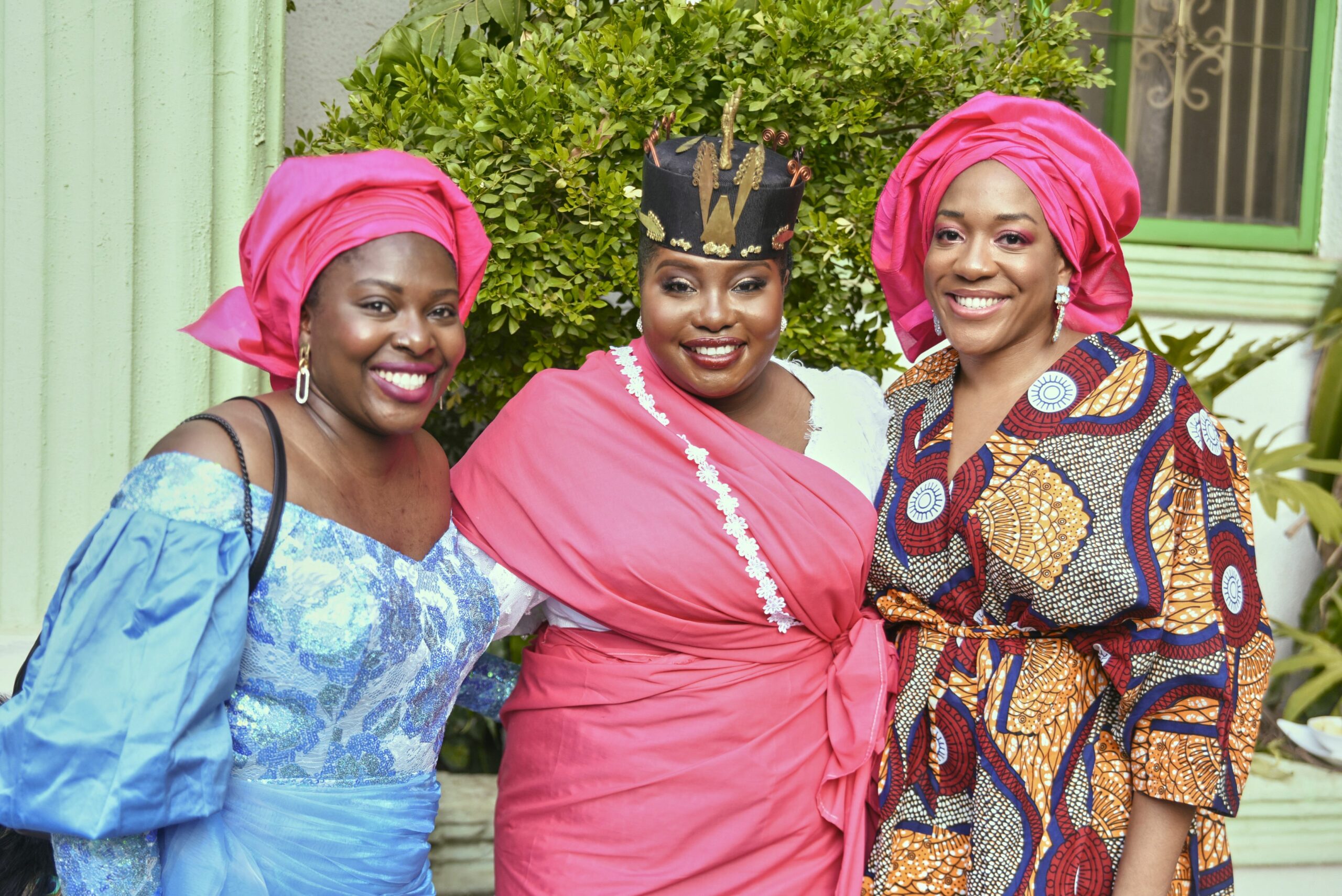
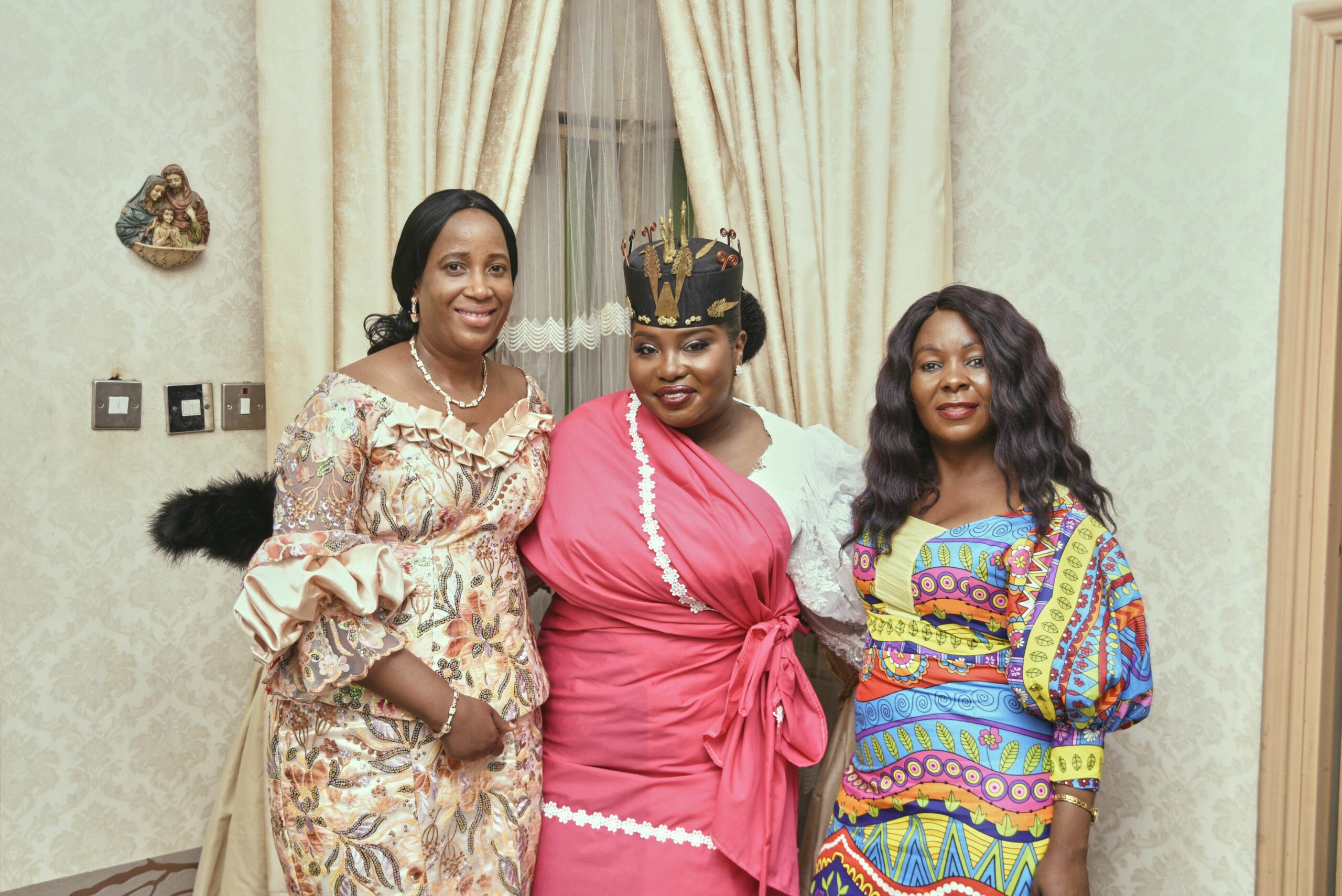
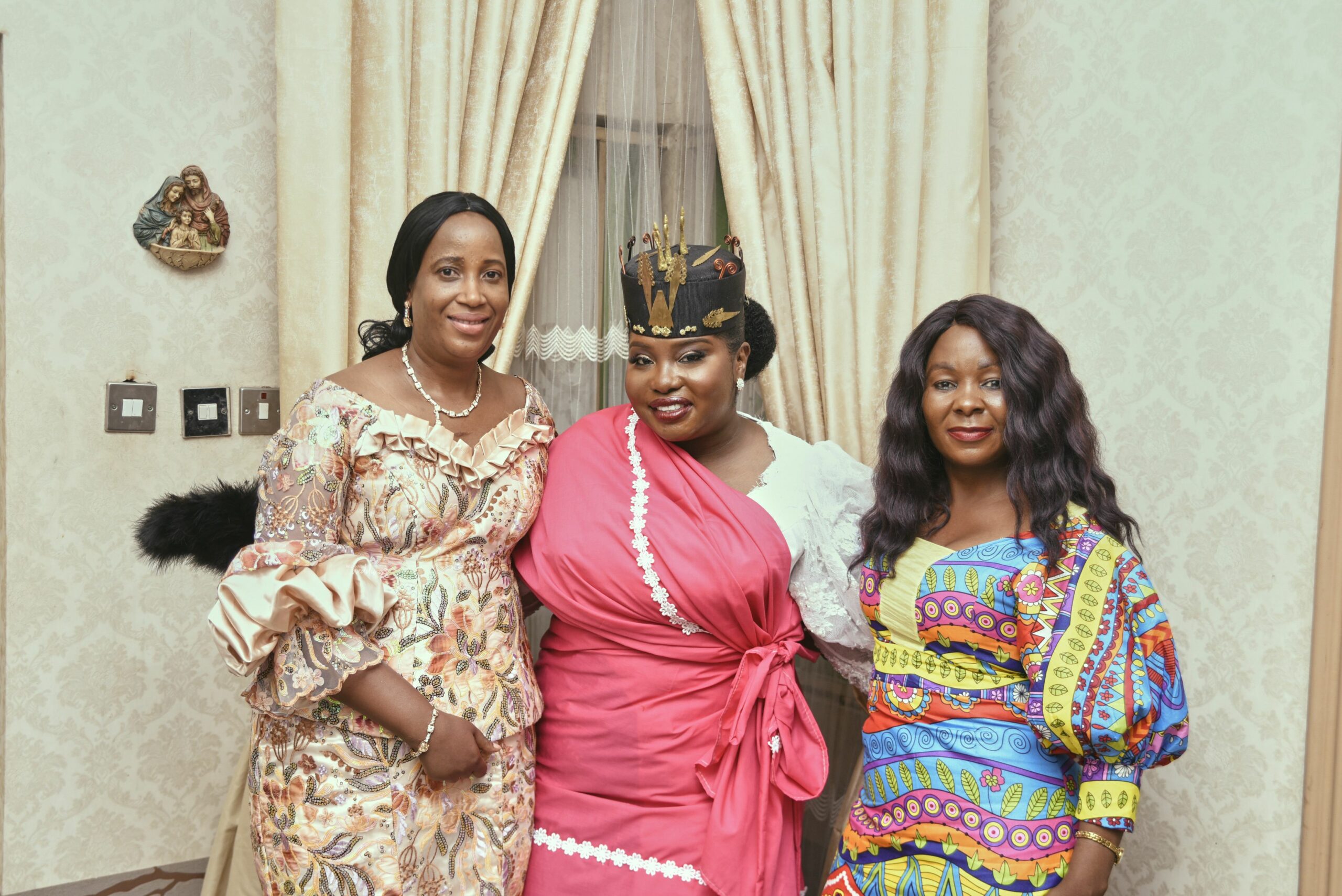
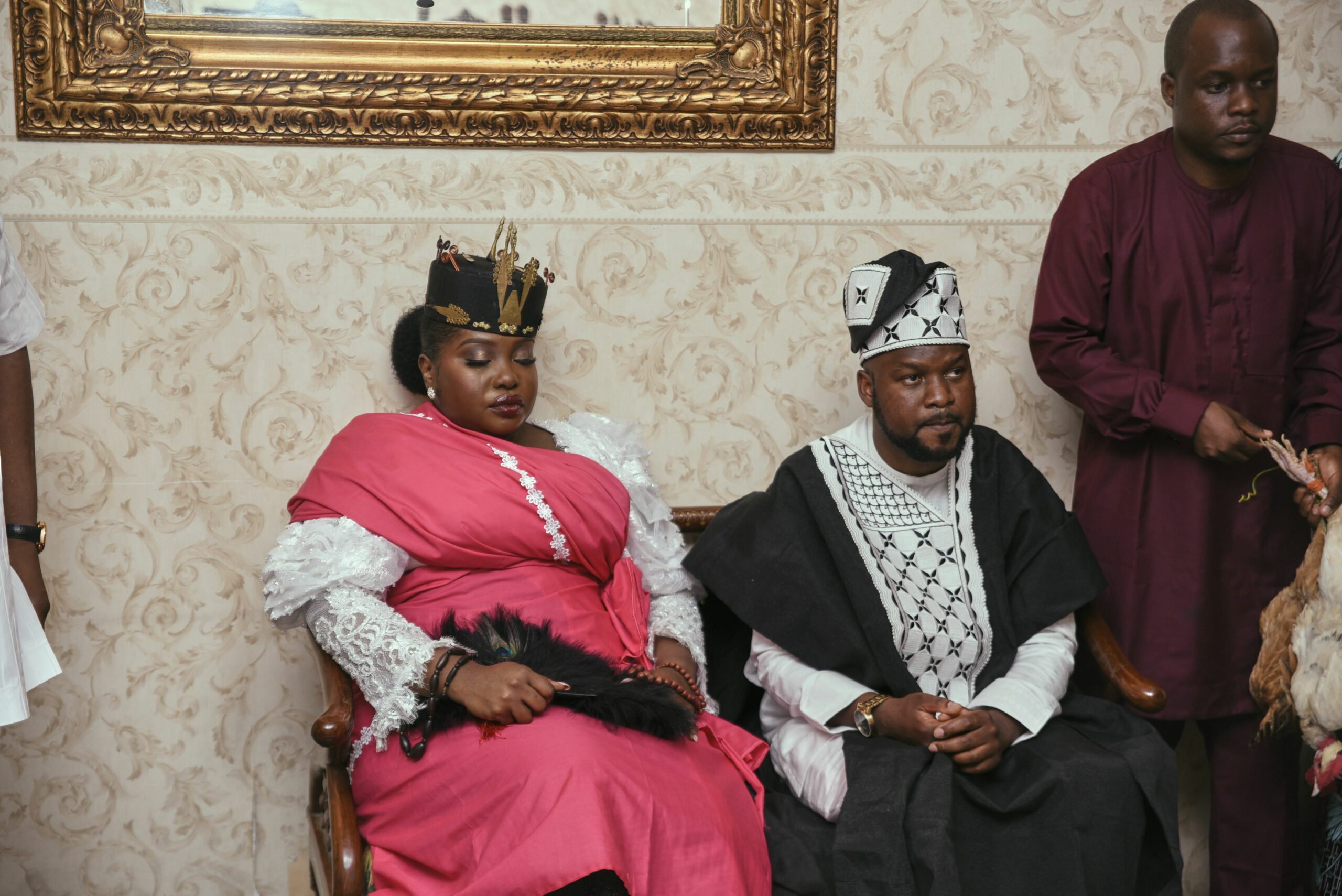
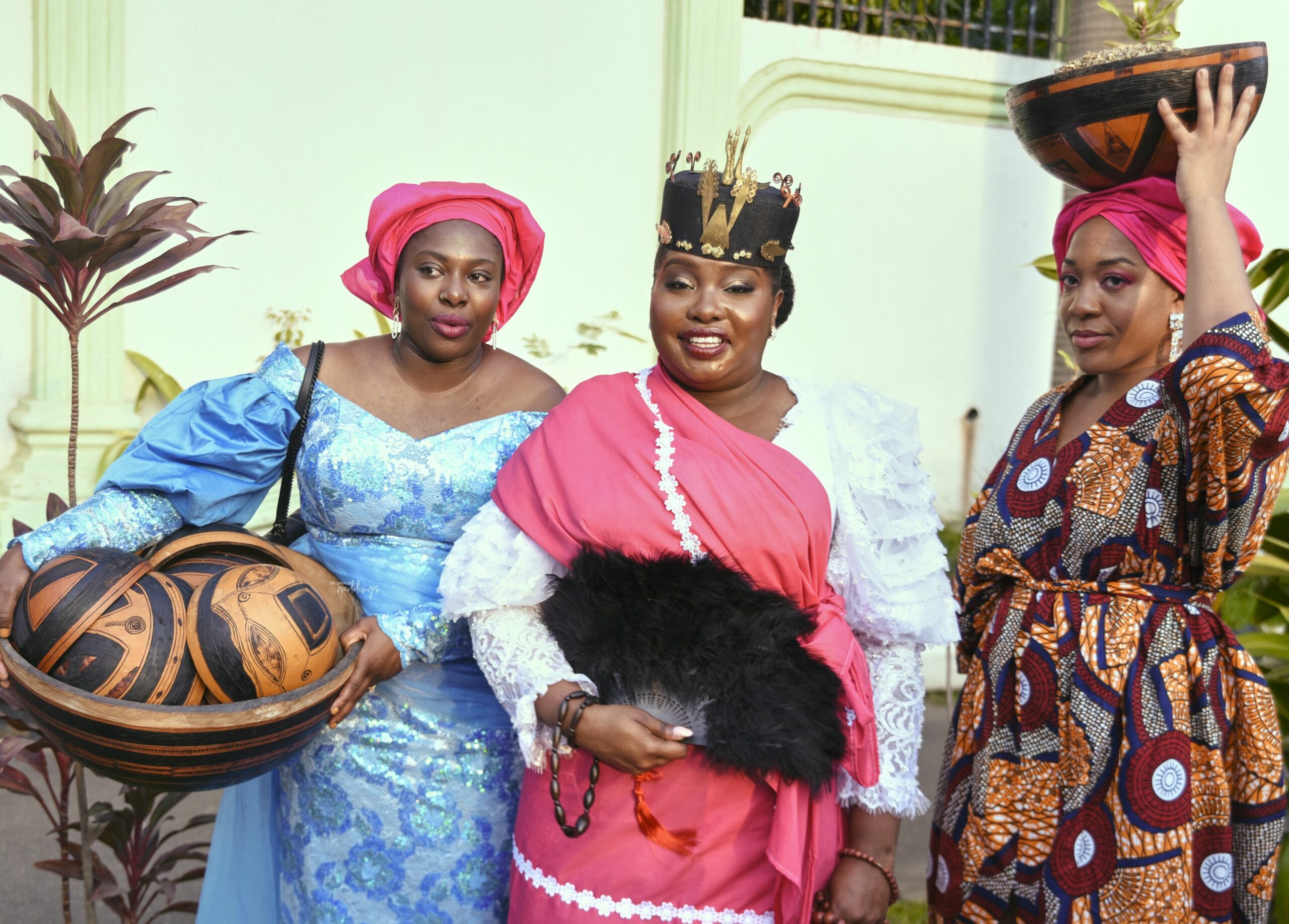
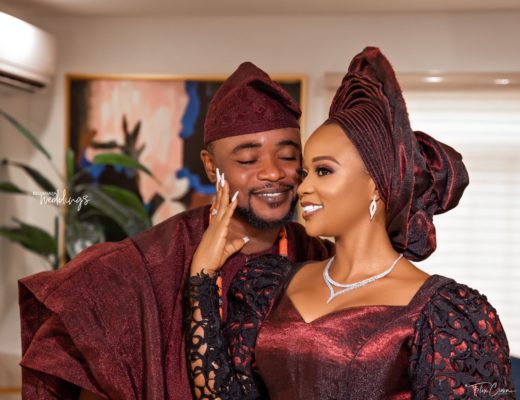
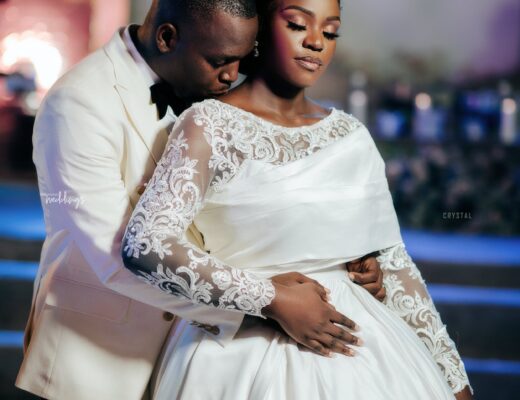
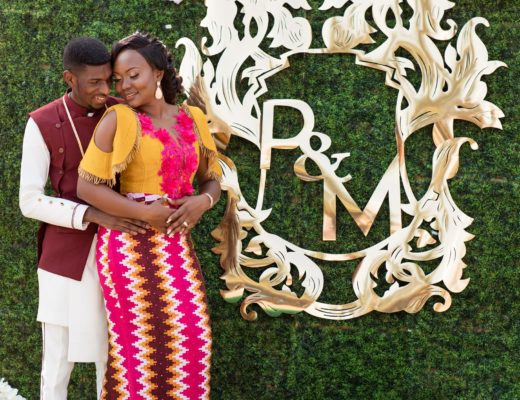
No Comments